Christian Apologetics Resources
Week 4 – Abortion
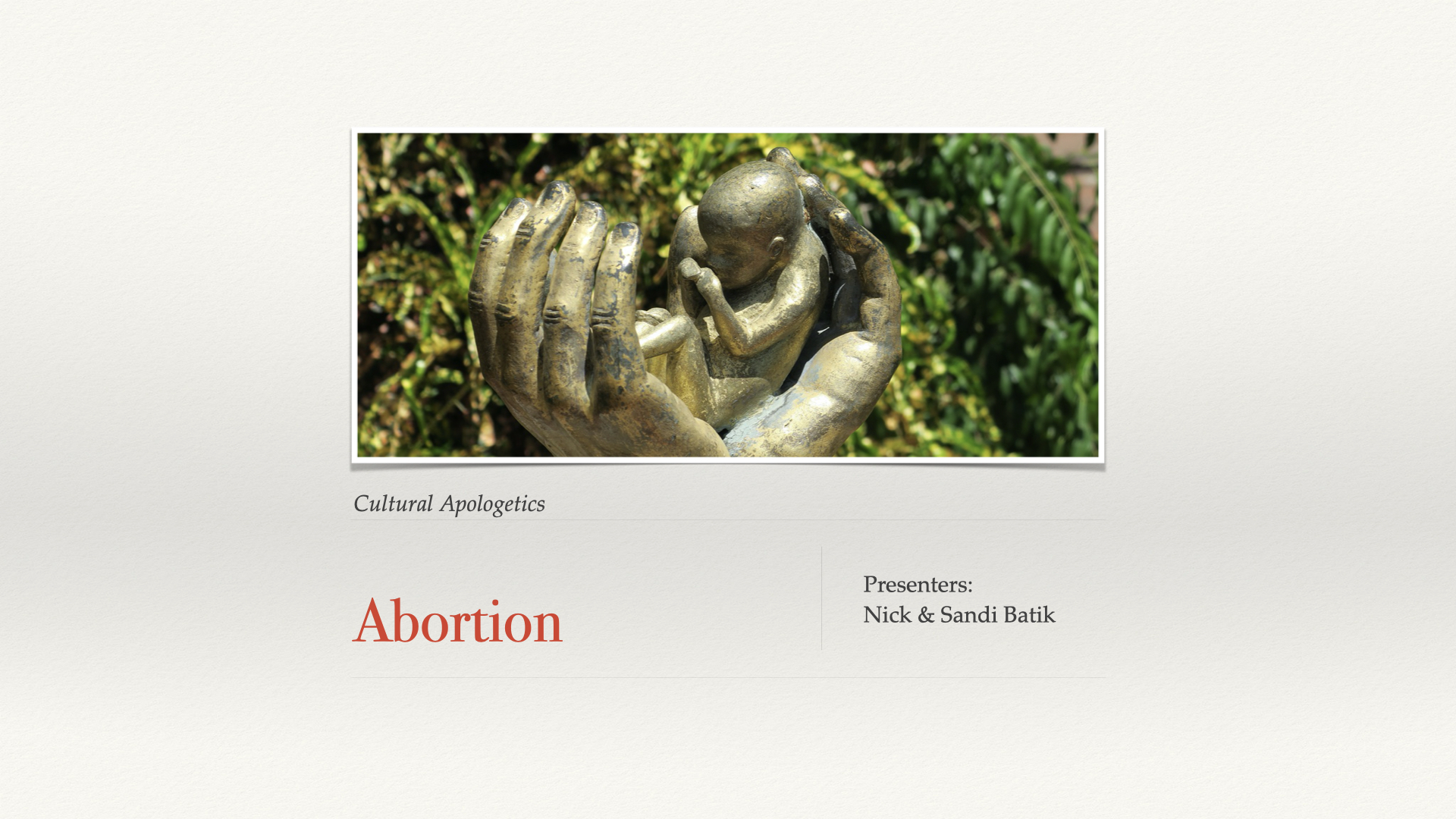
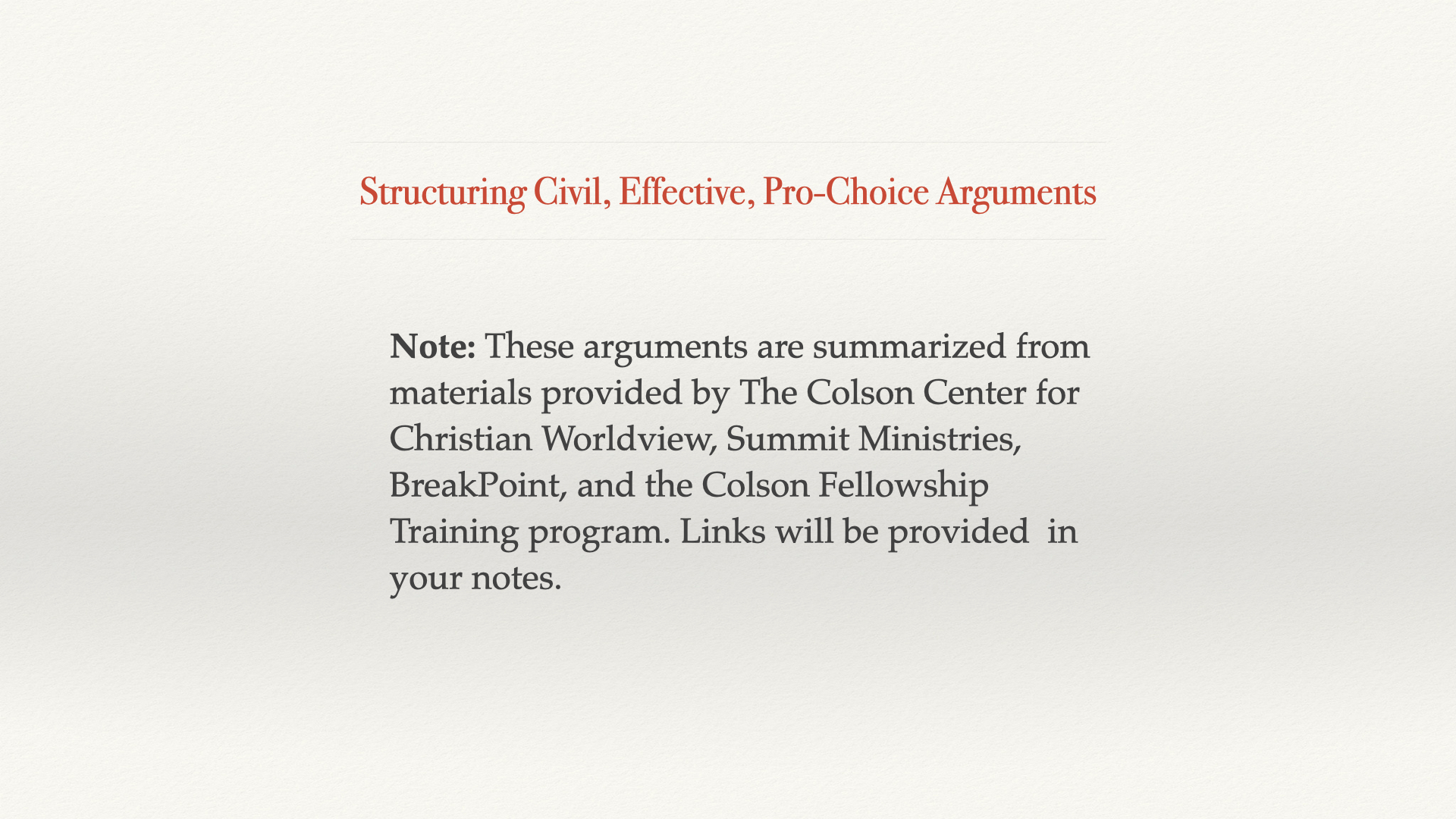
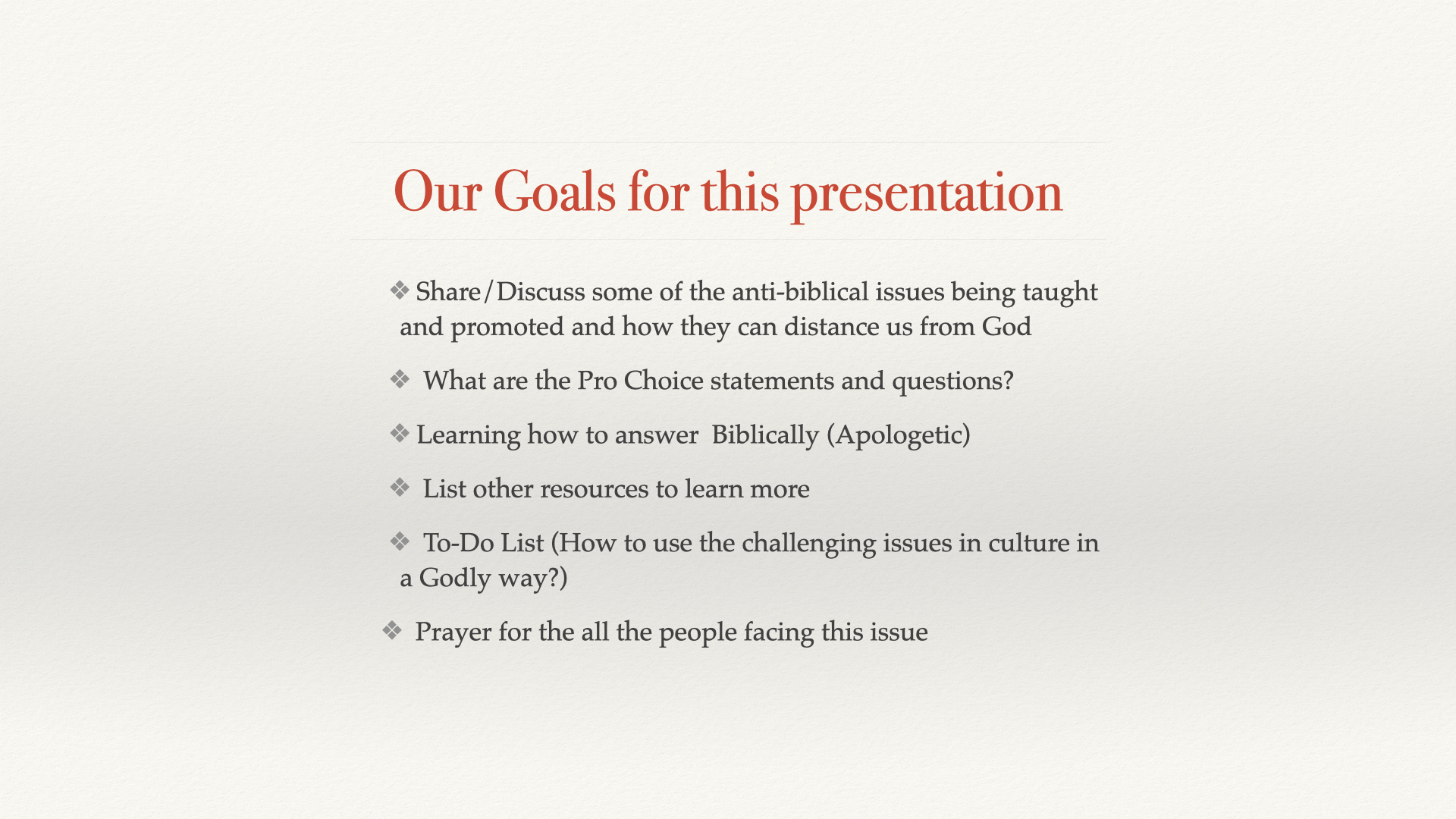

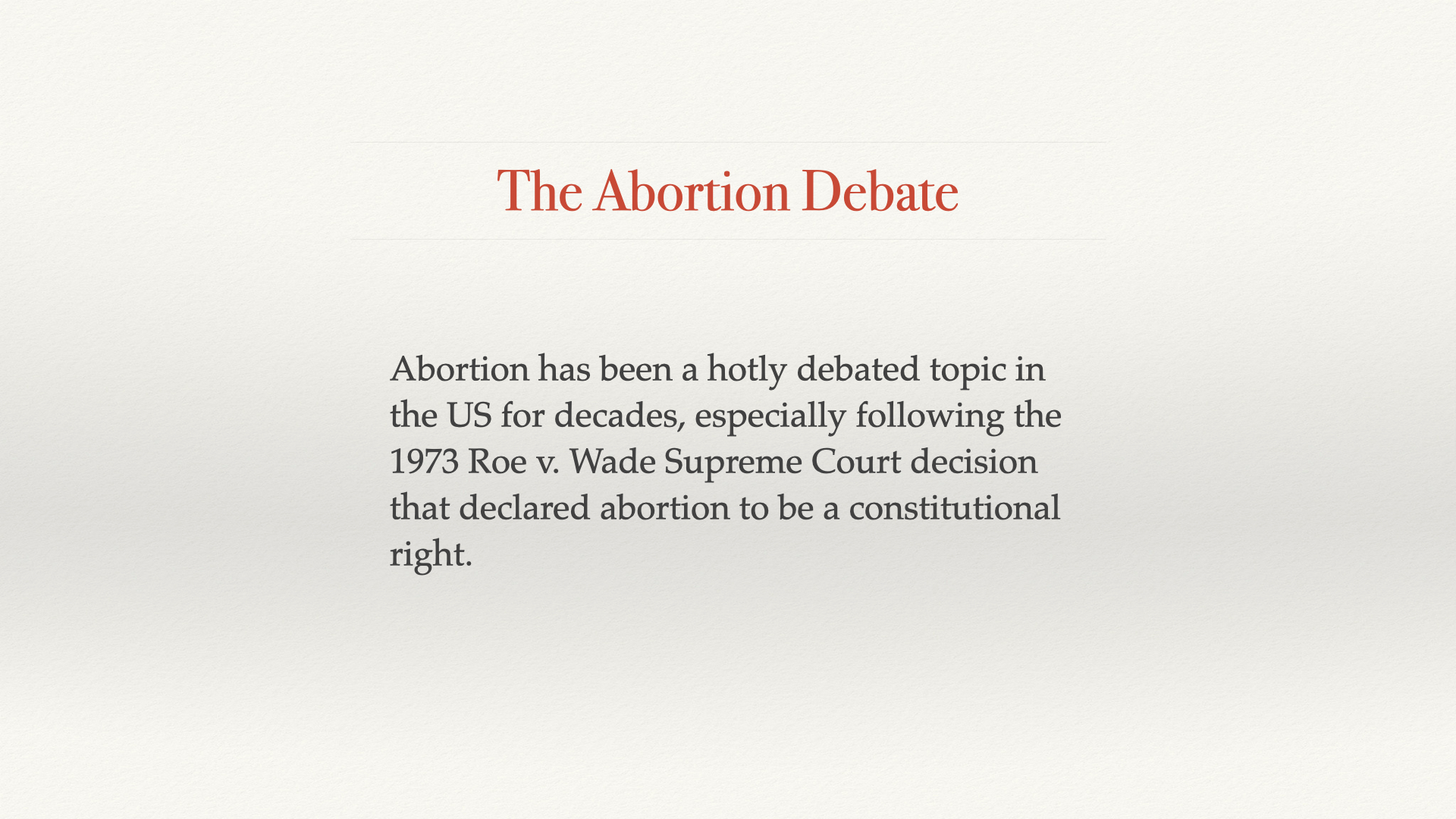
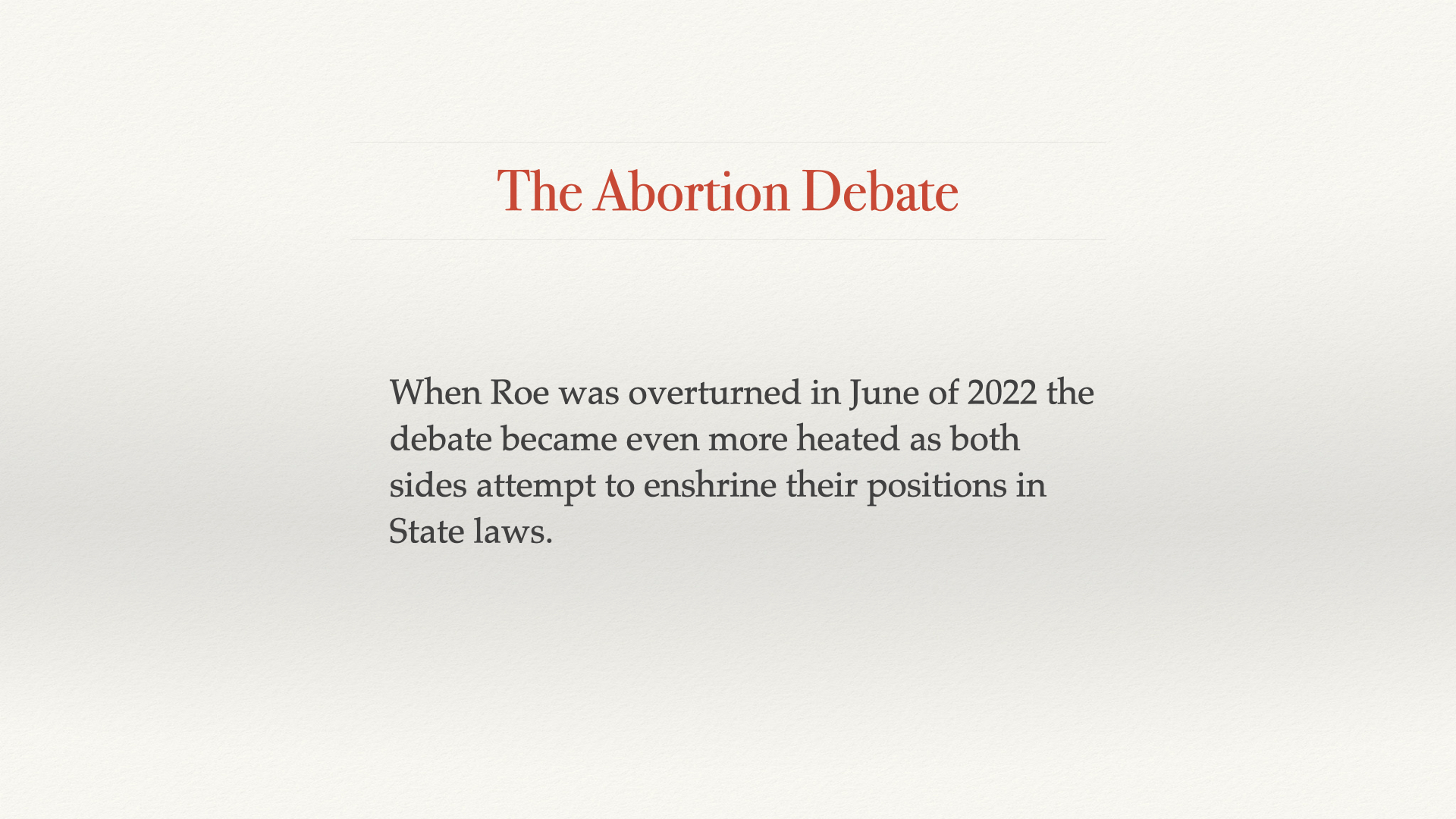
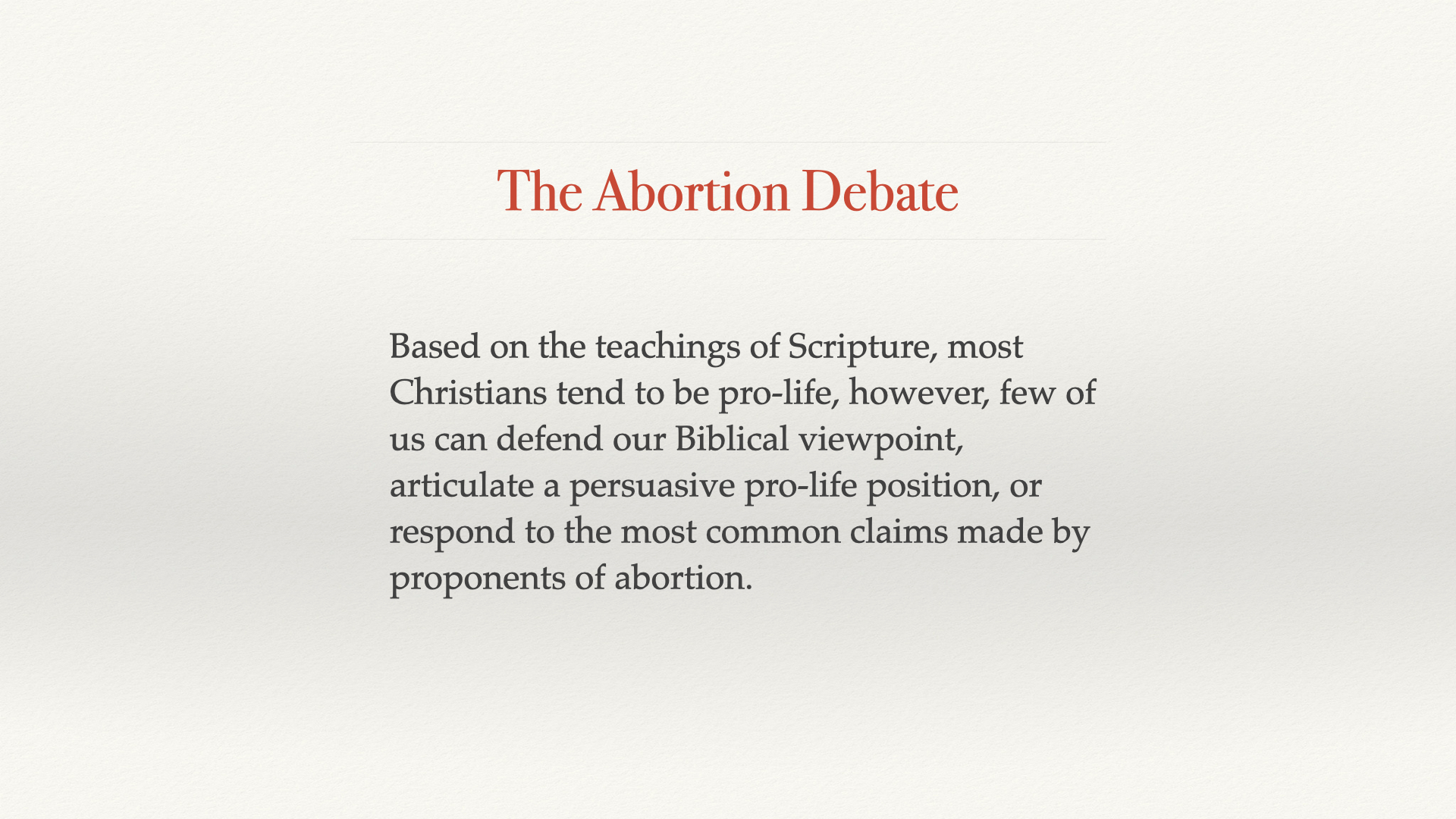
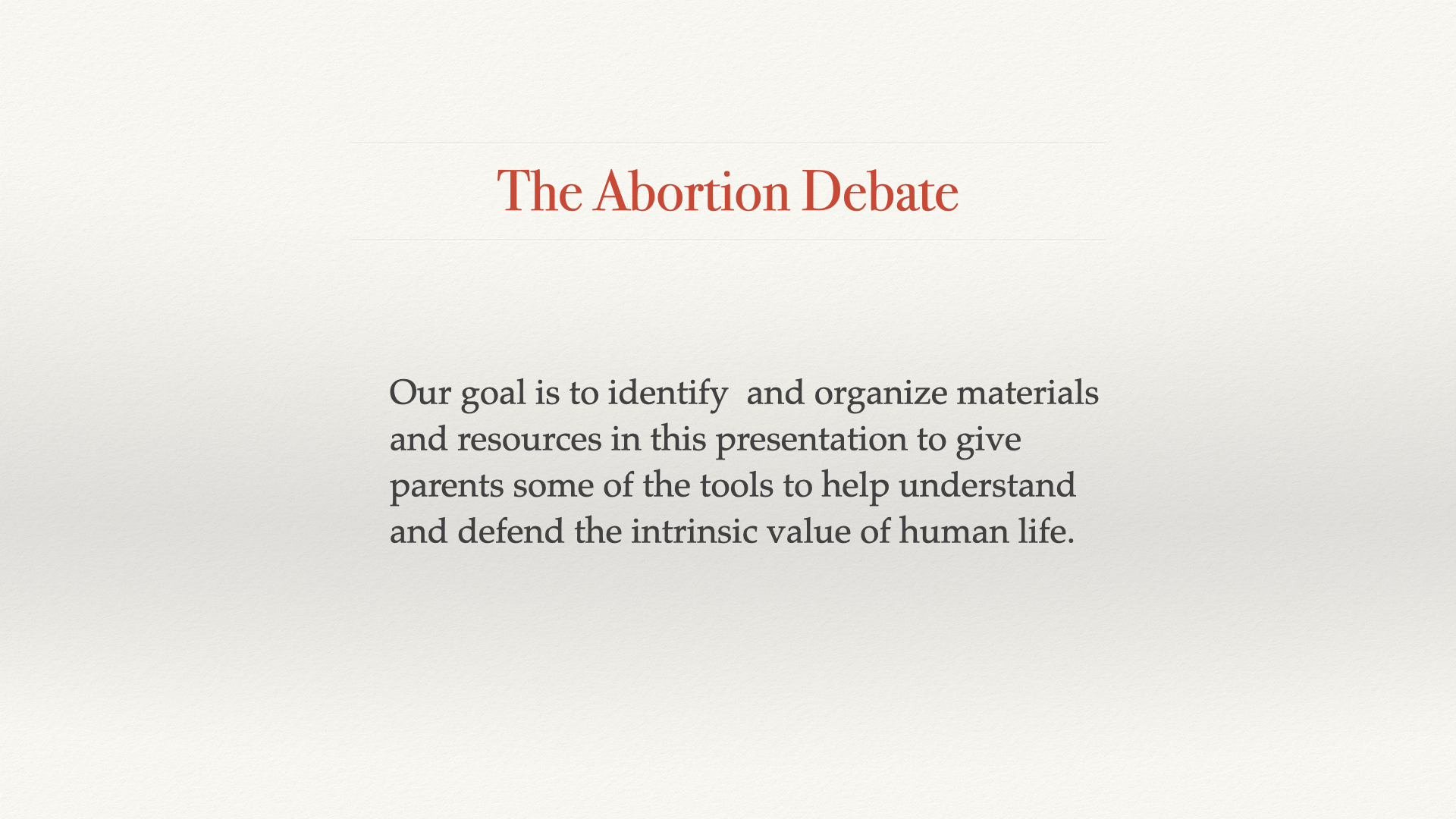
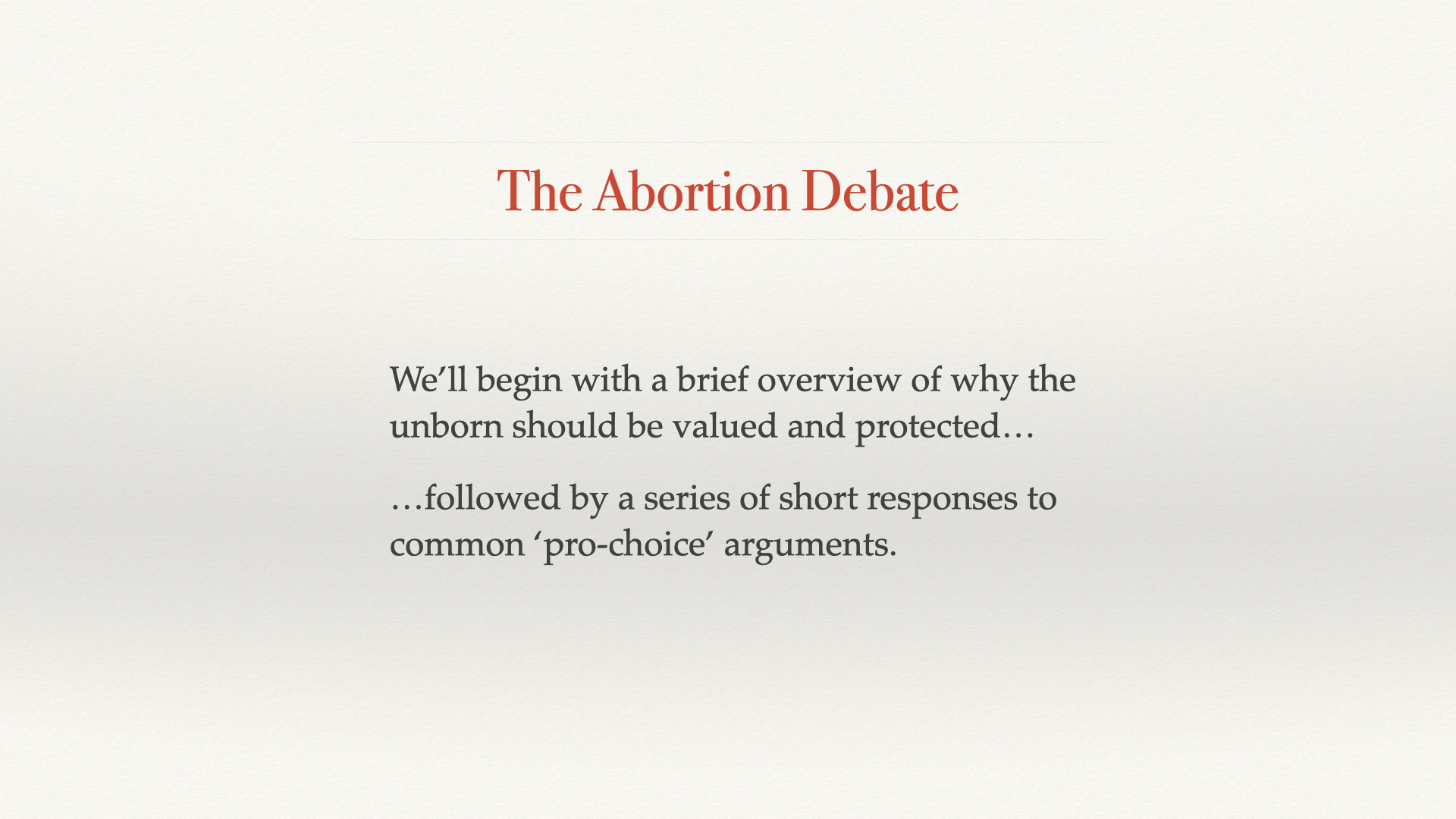
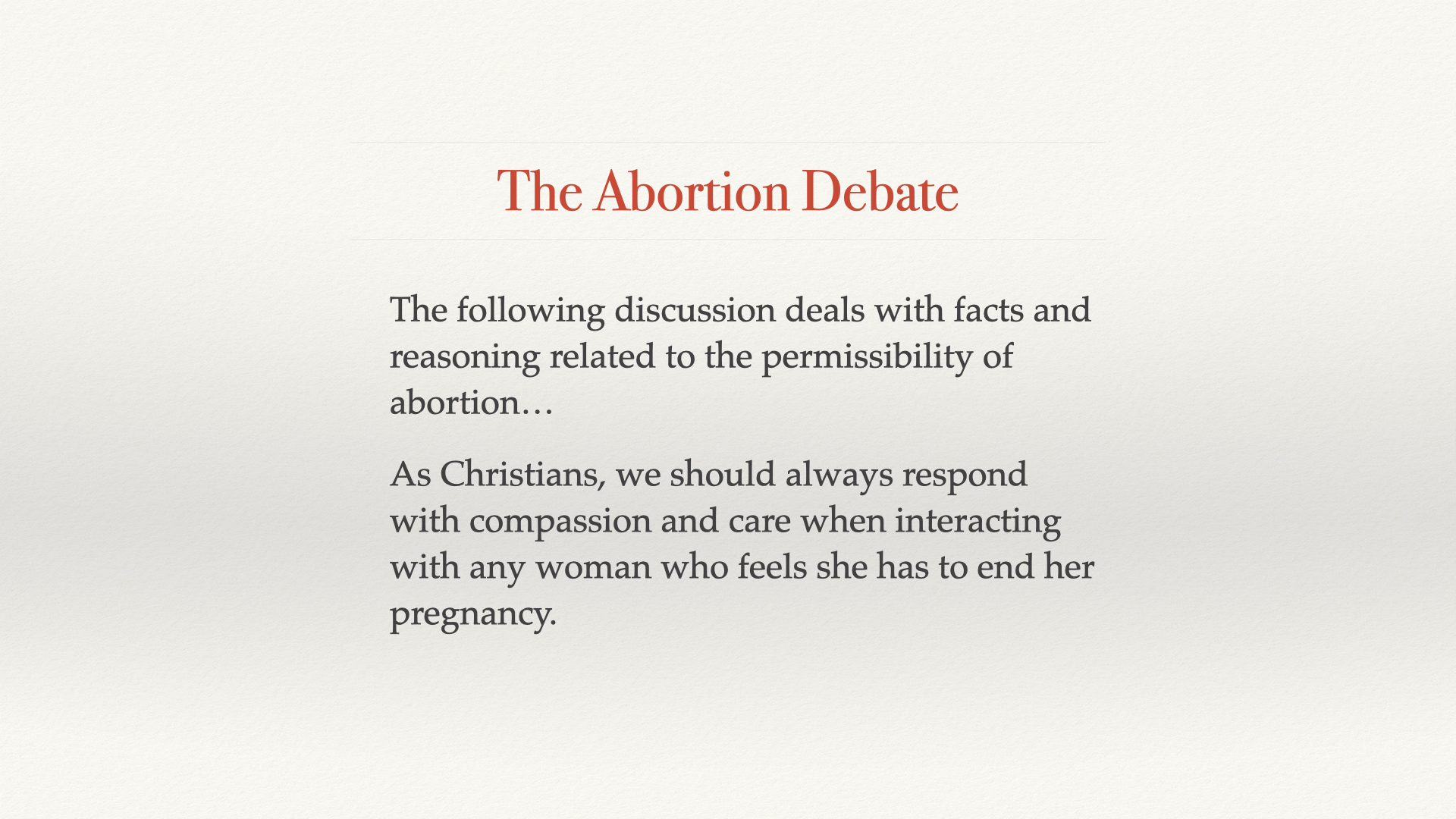
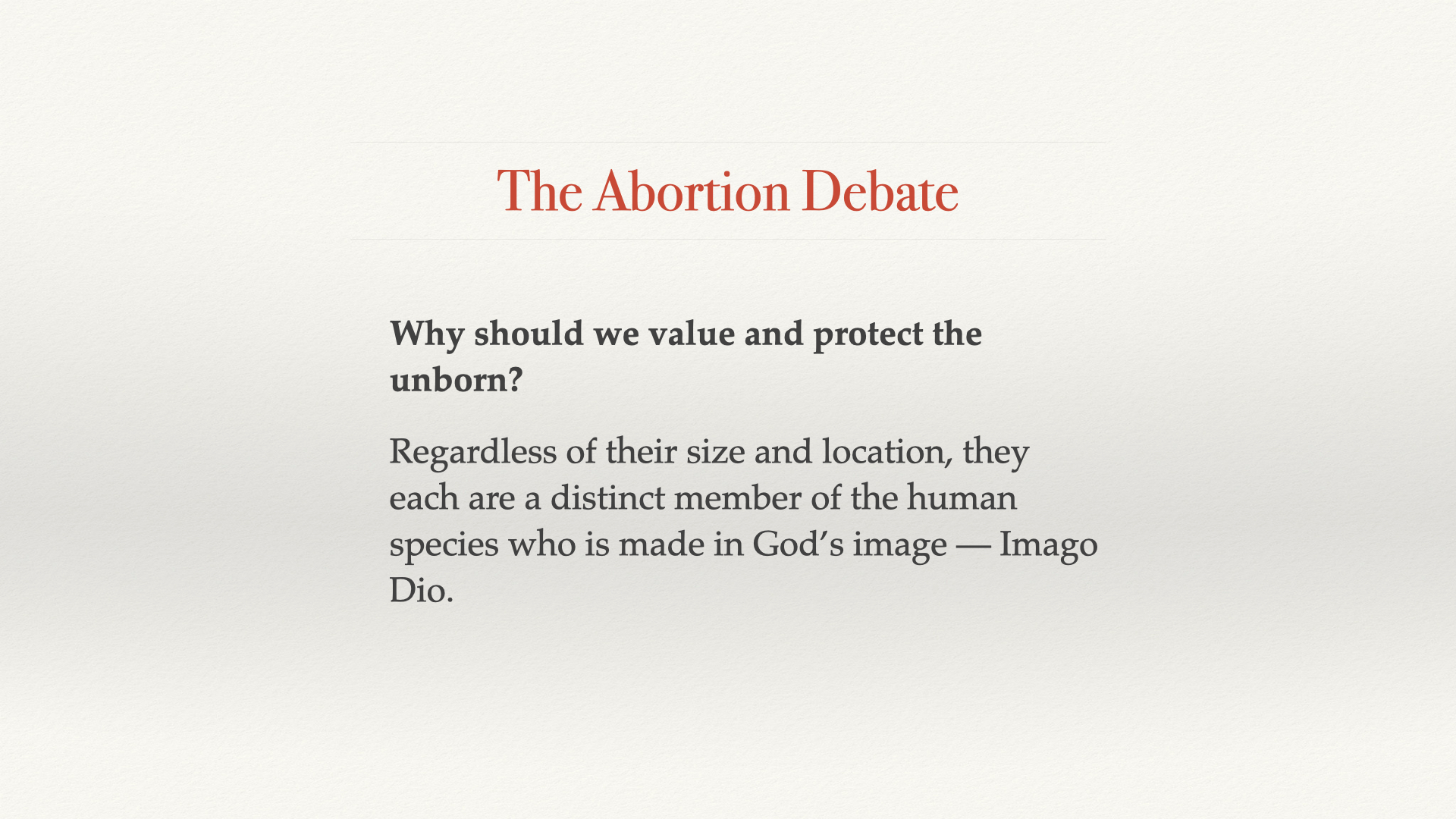
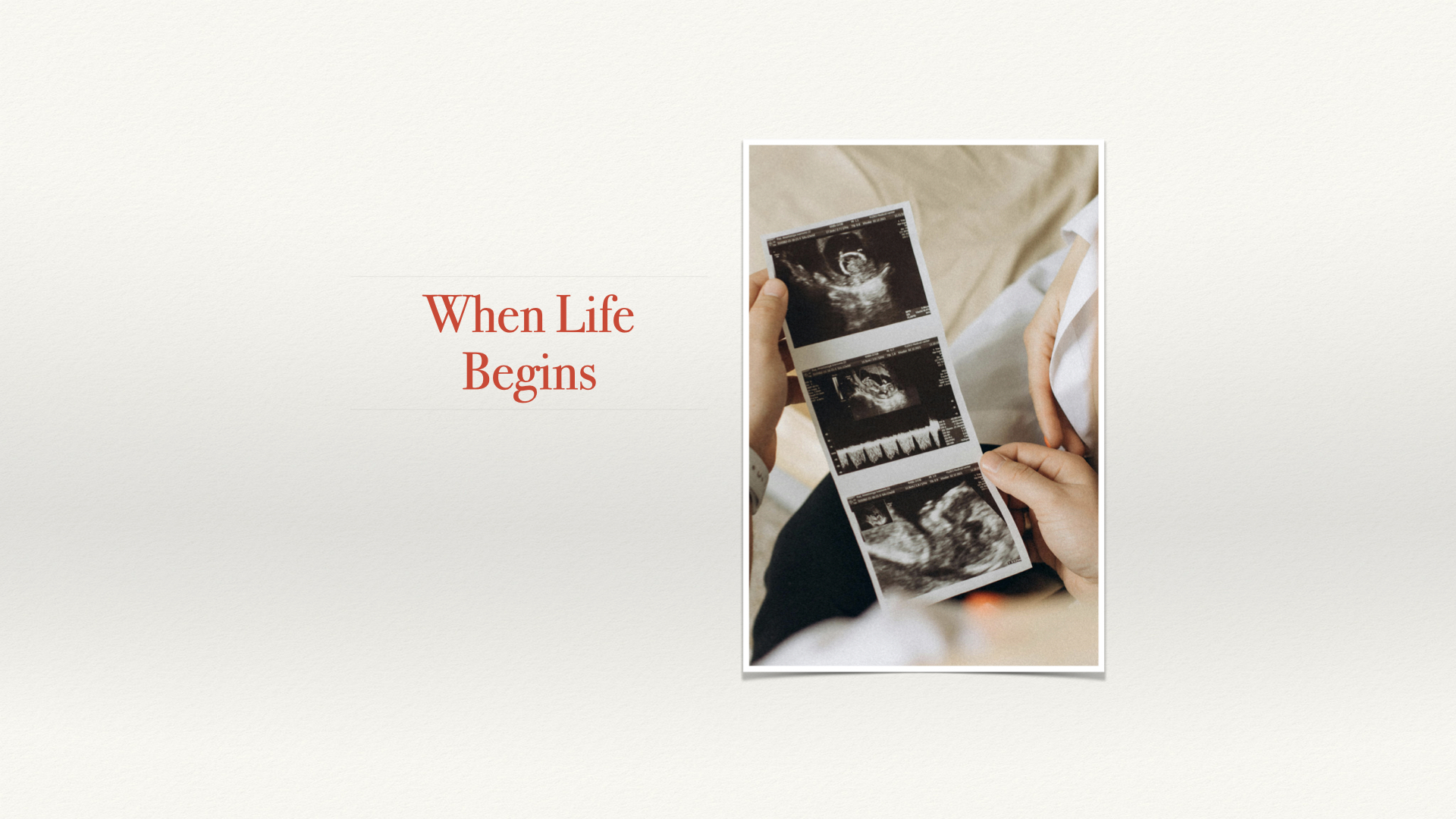
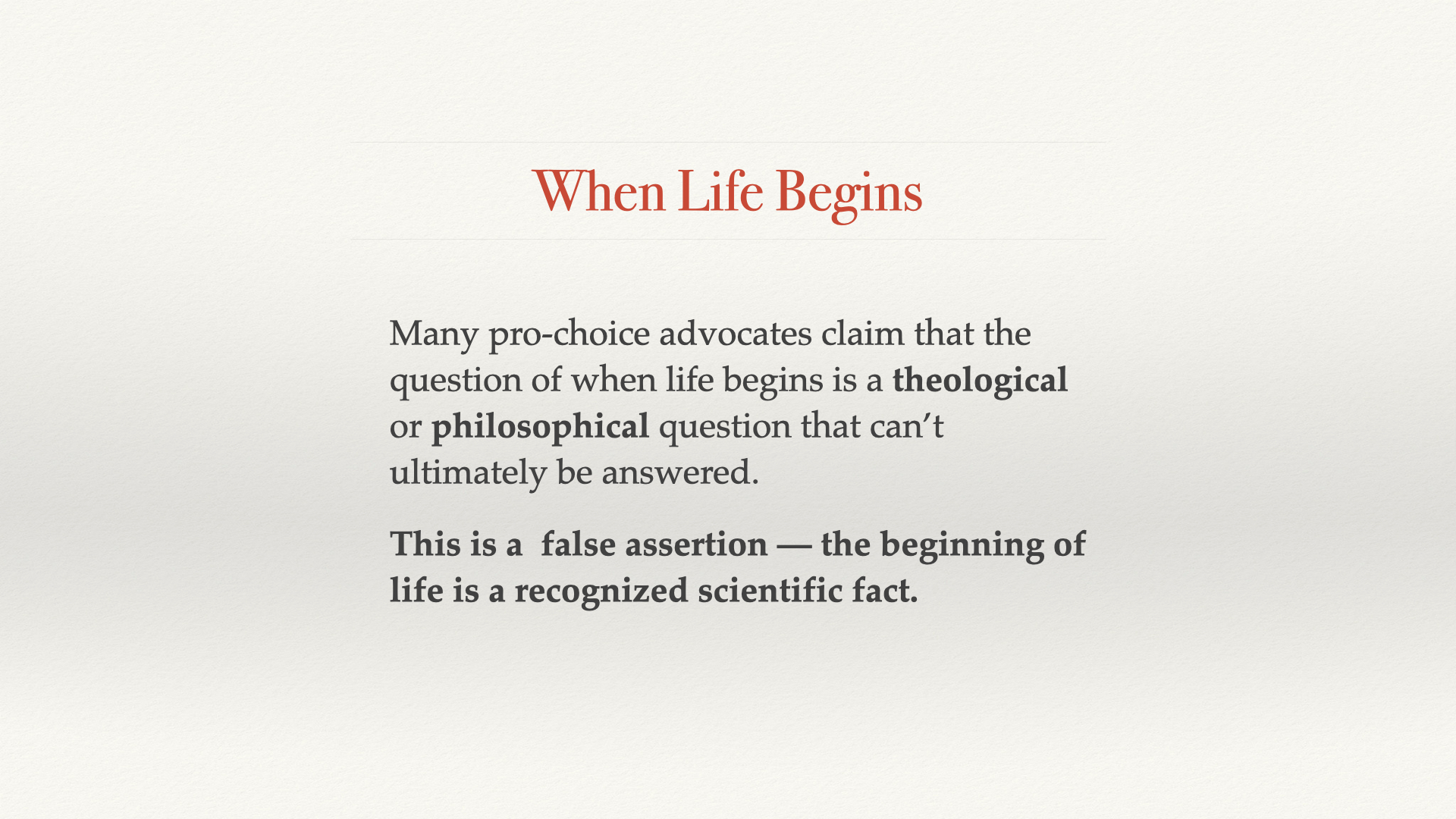
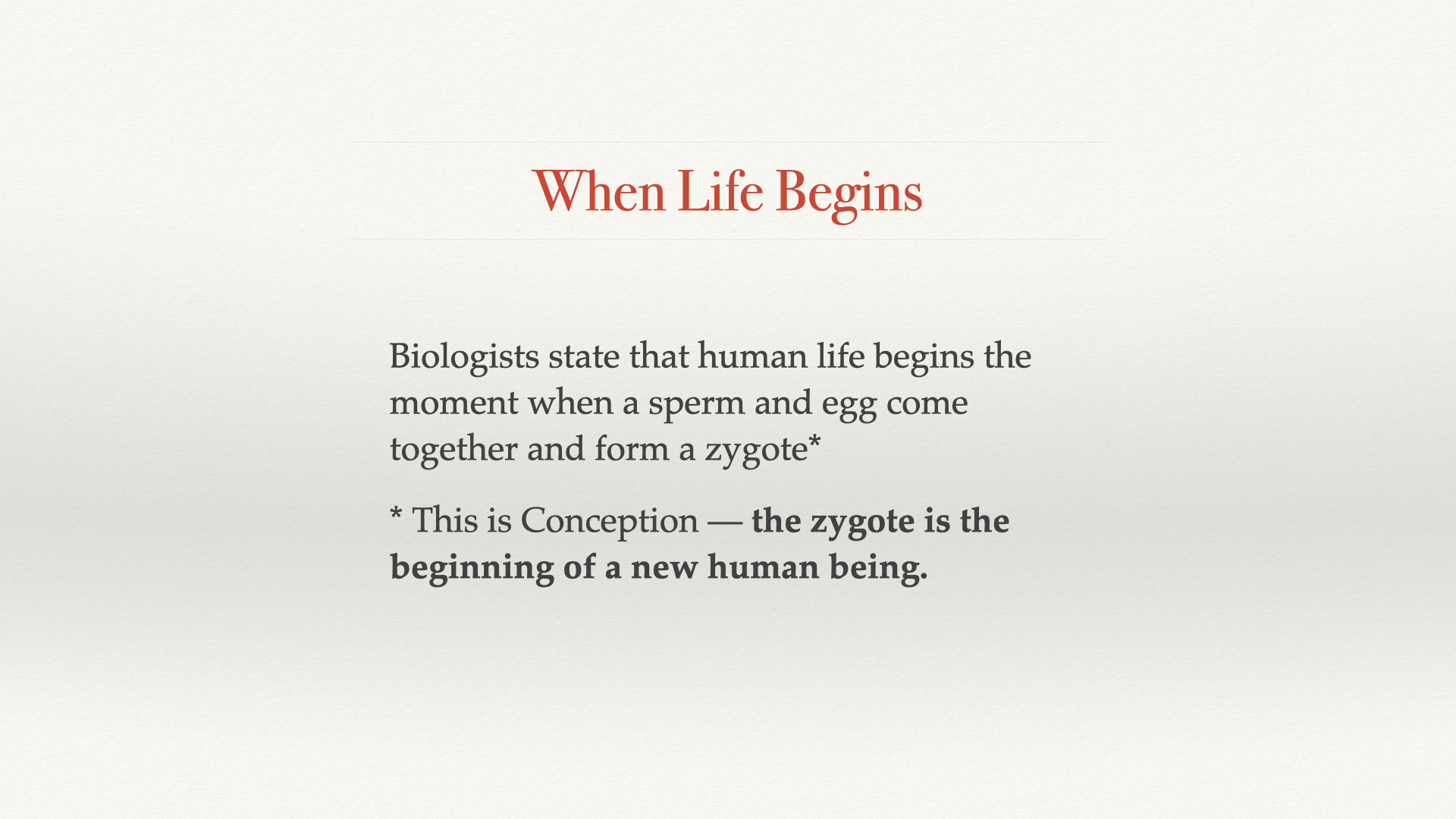
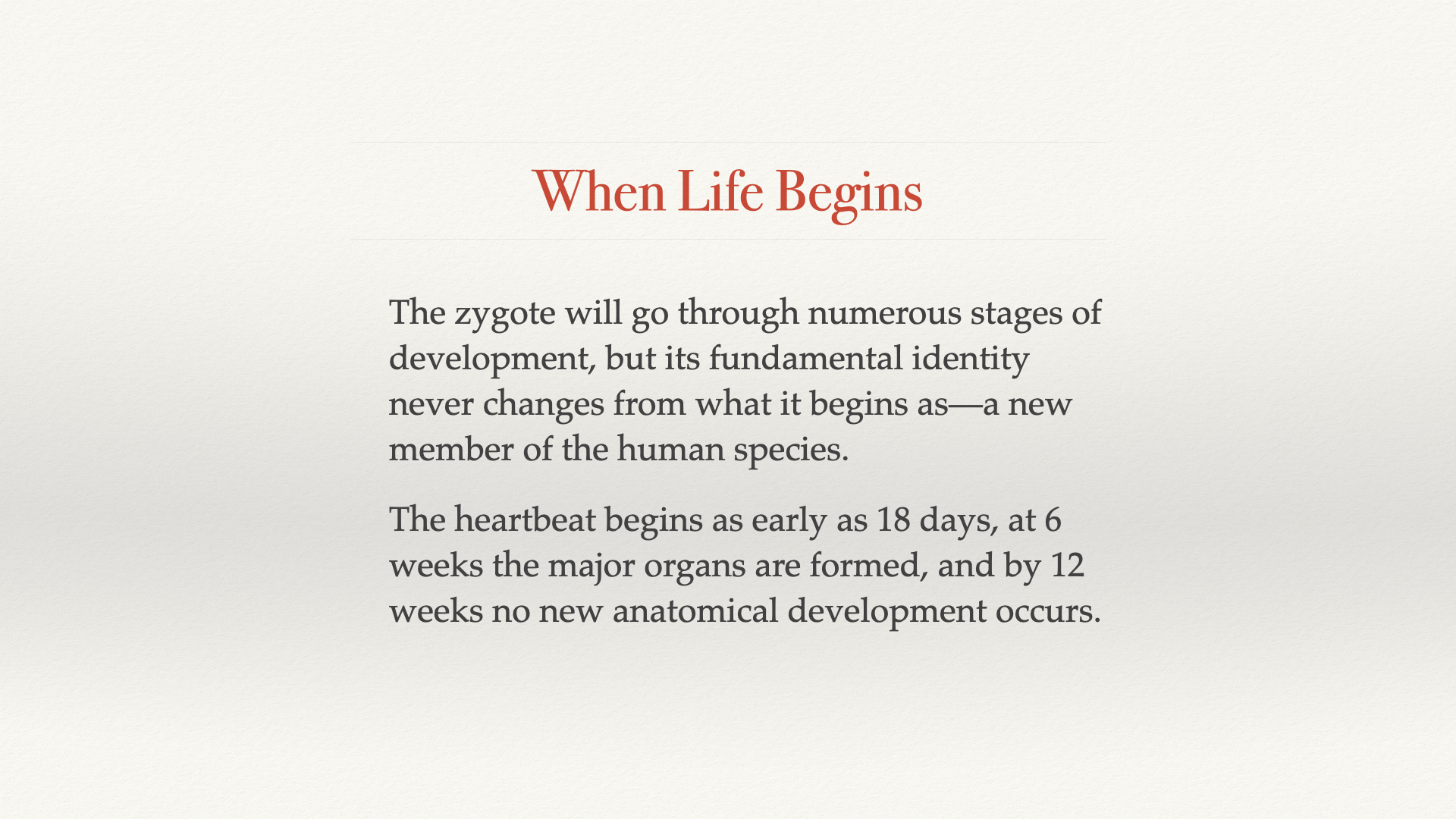
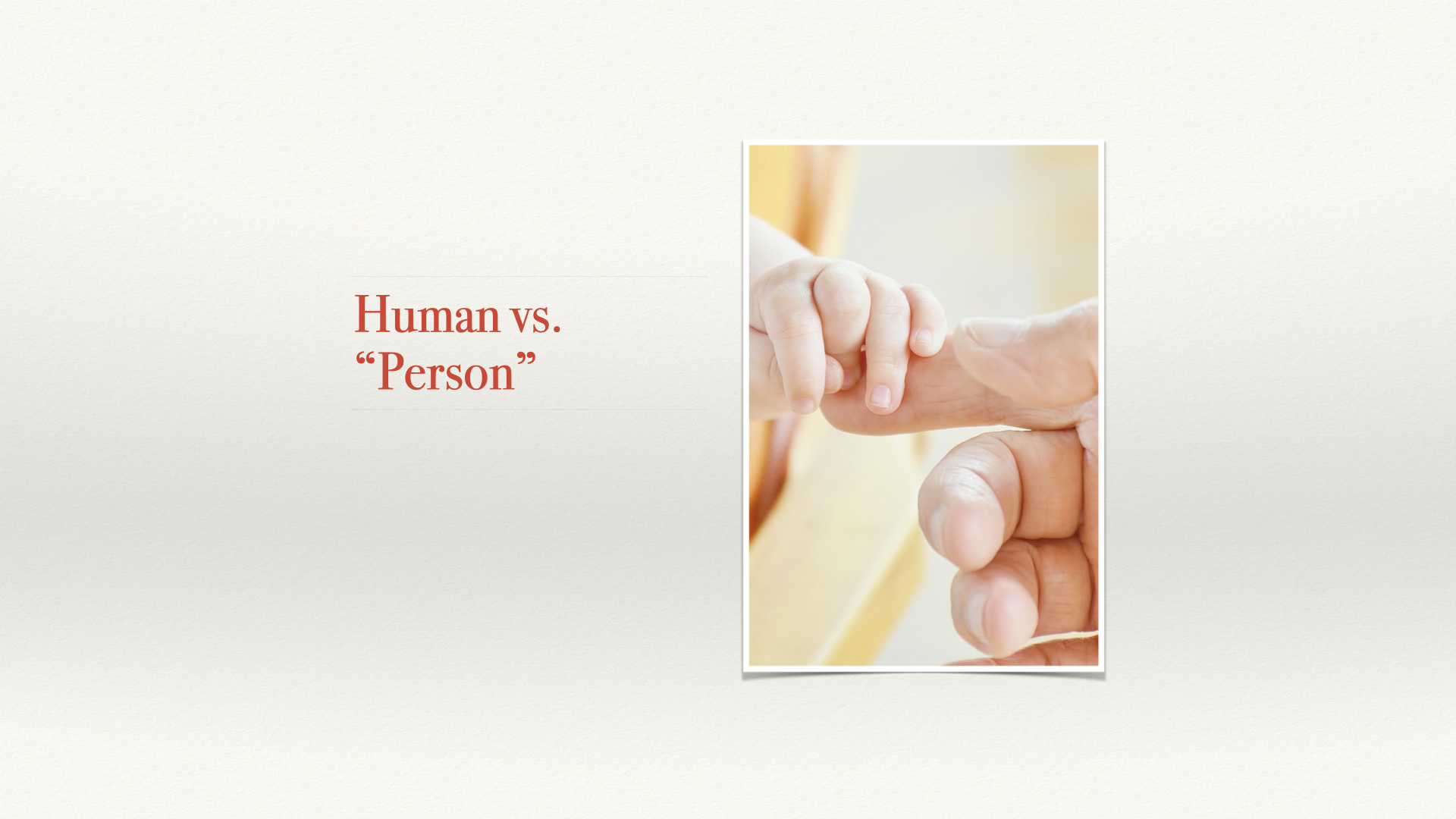
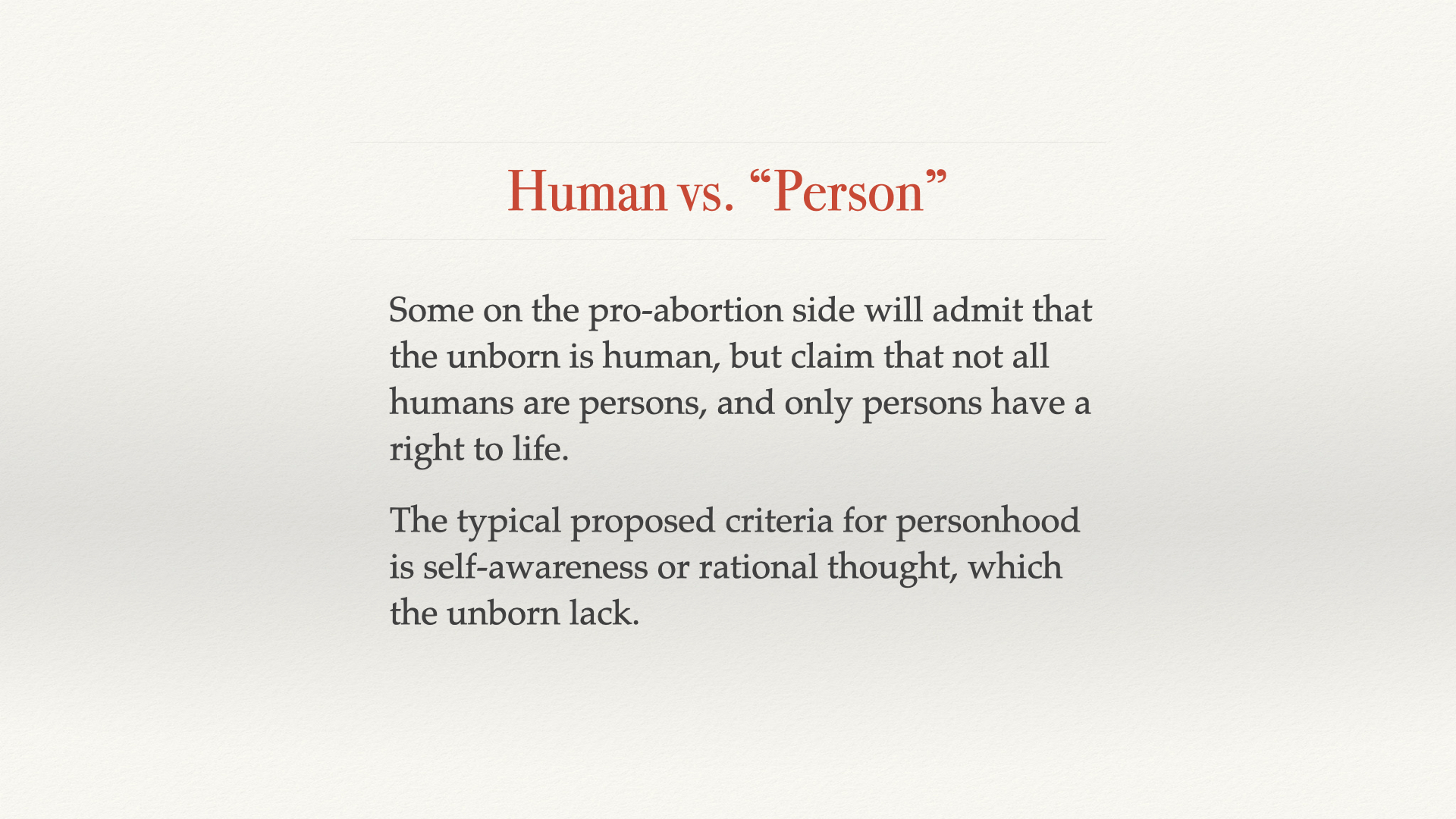
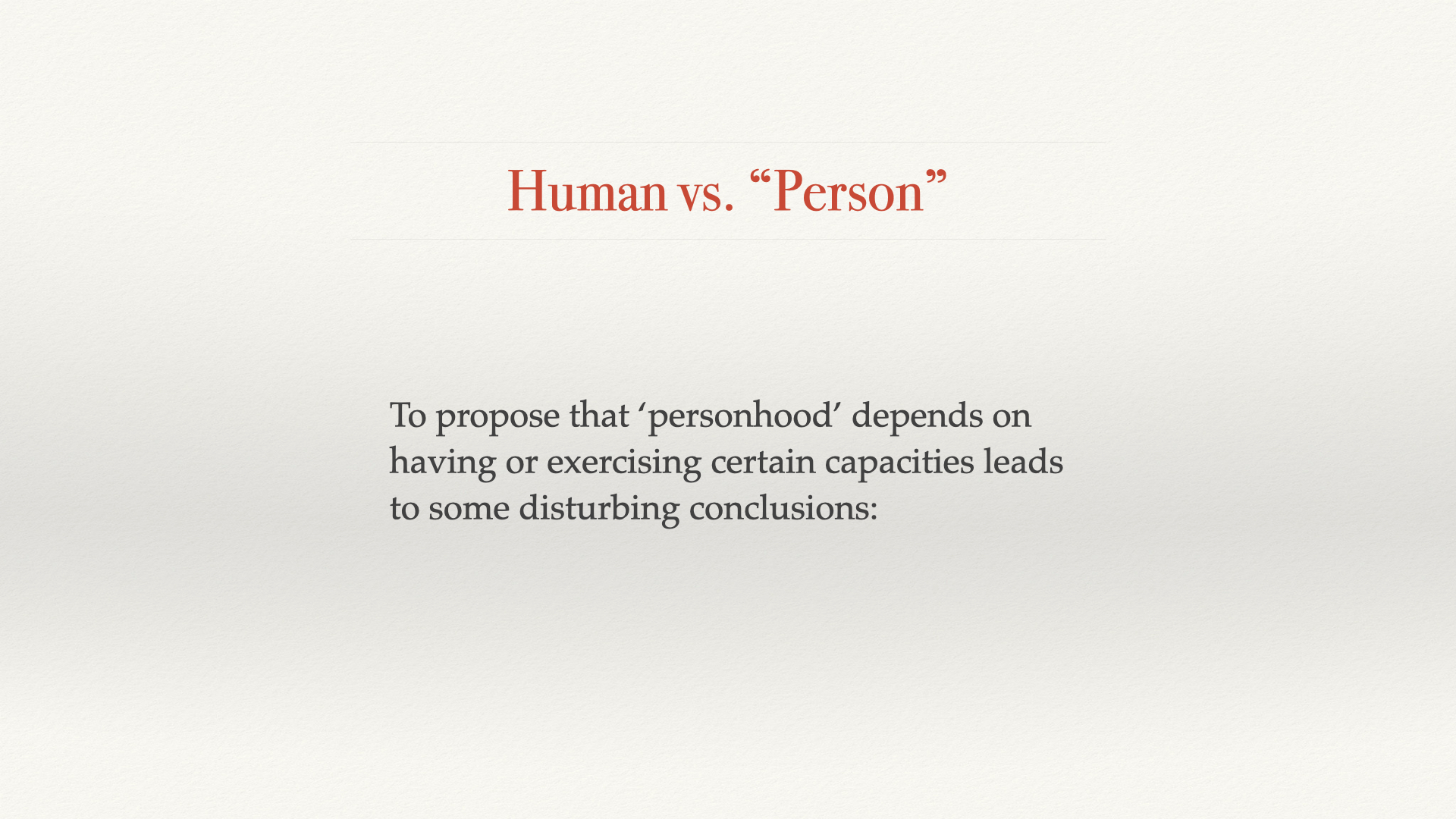
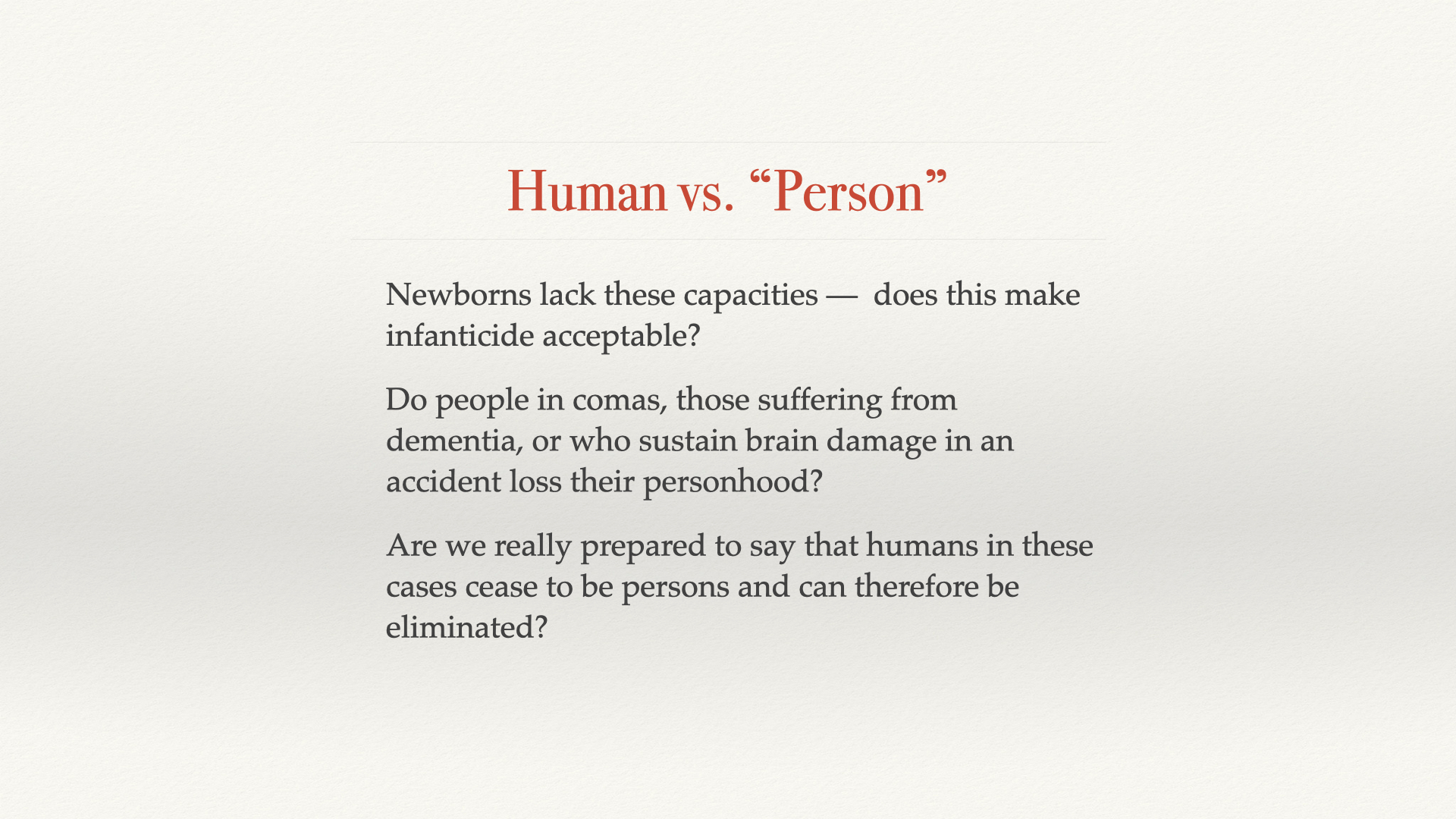
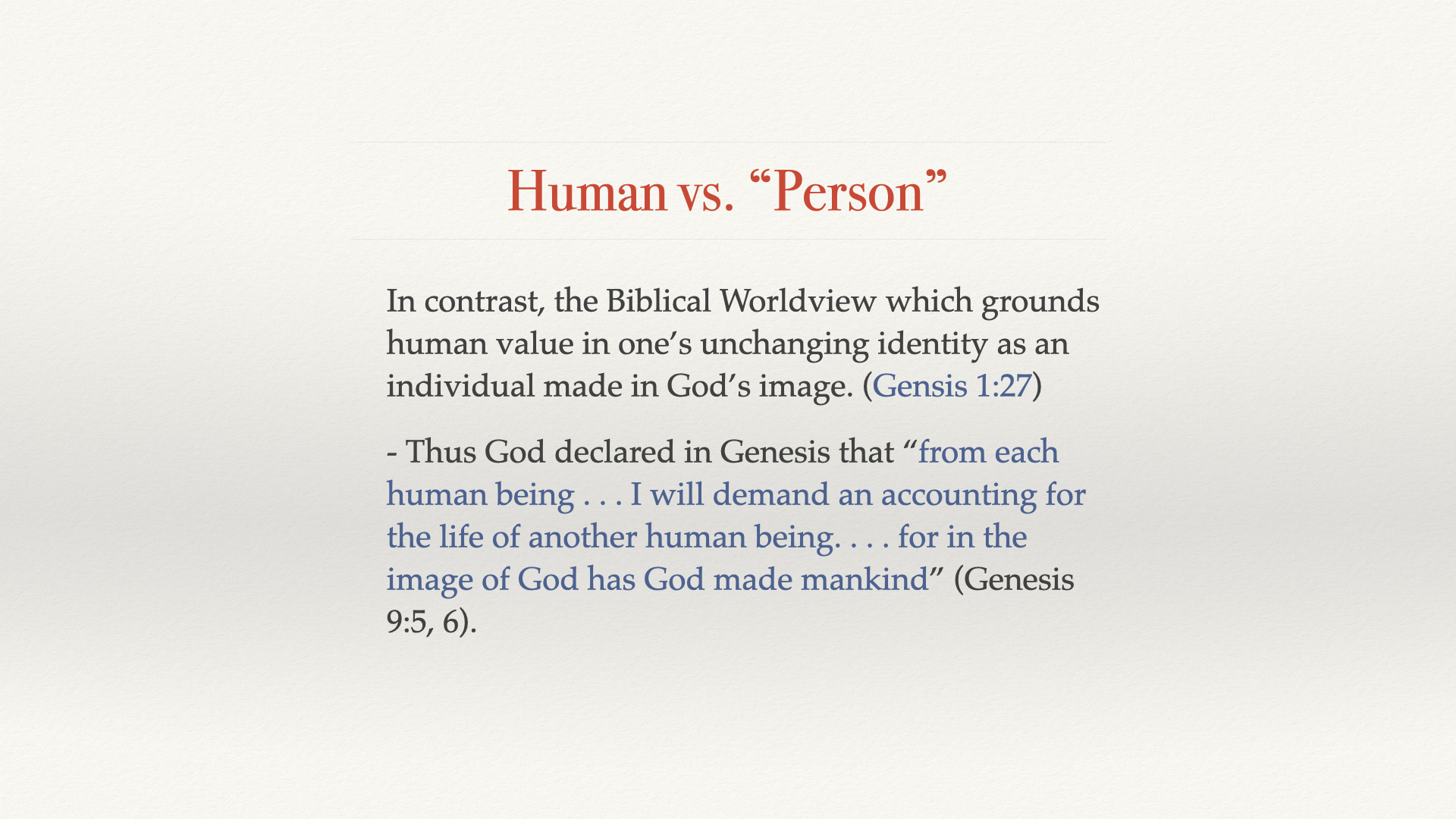
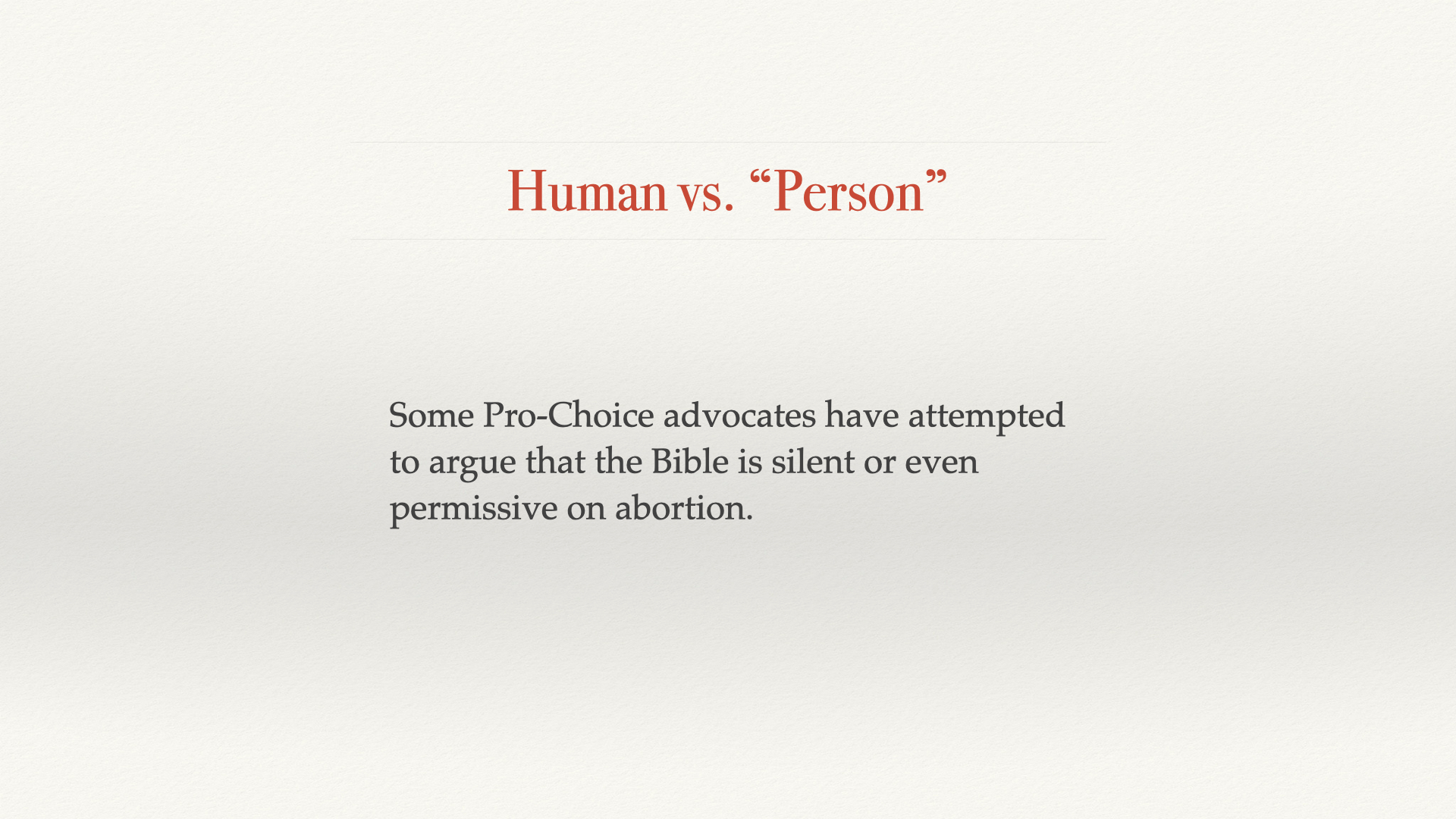
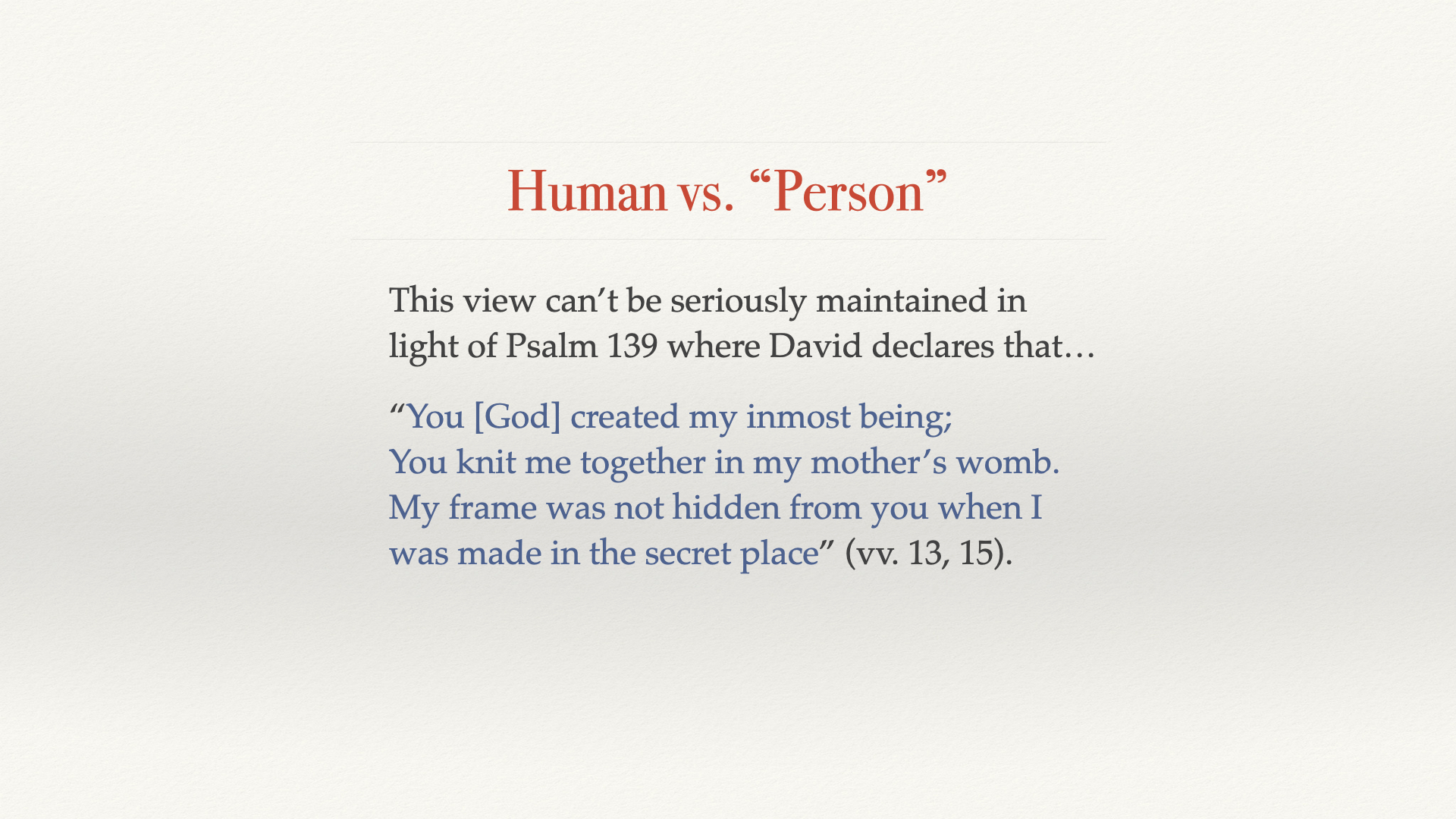
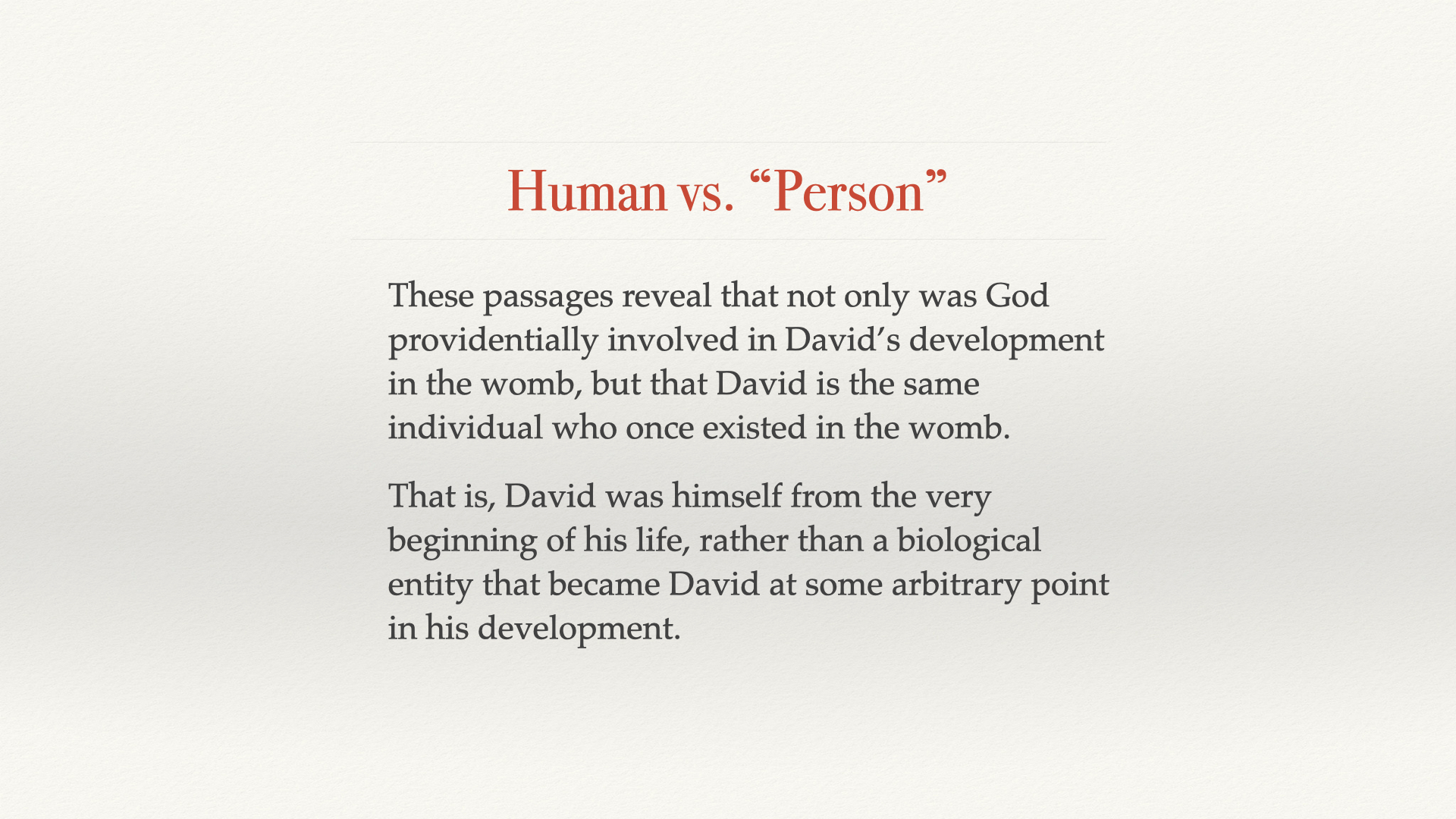
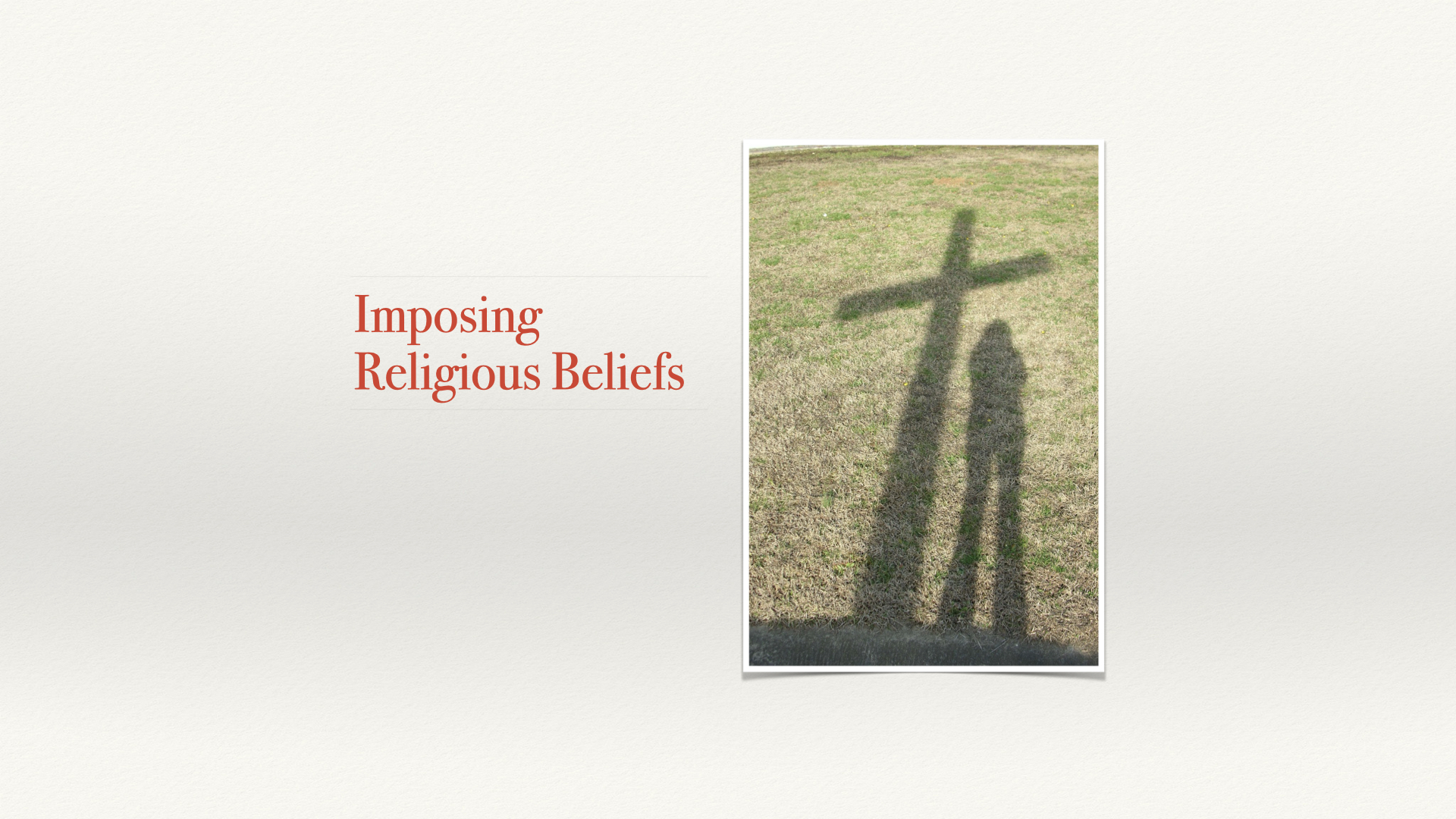
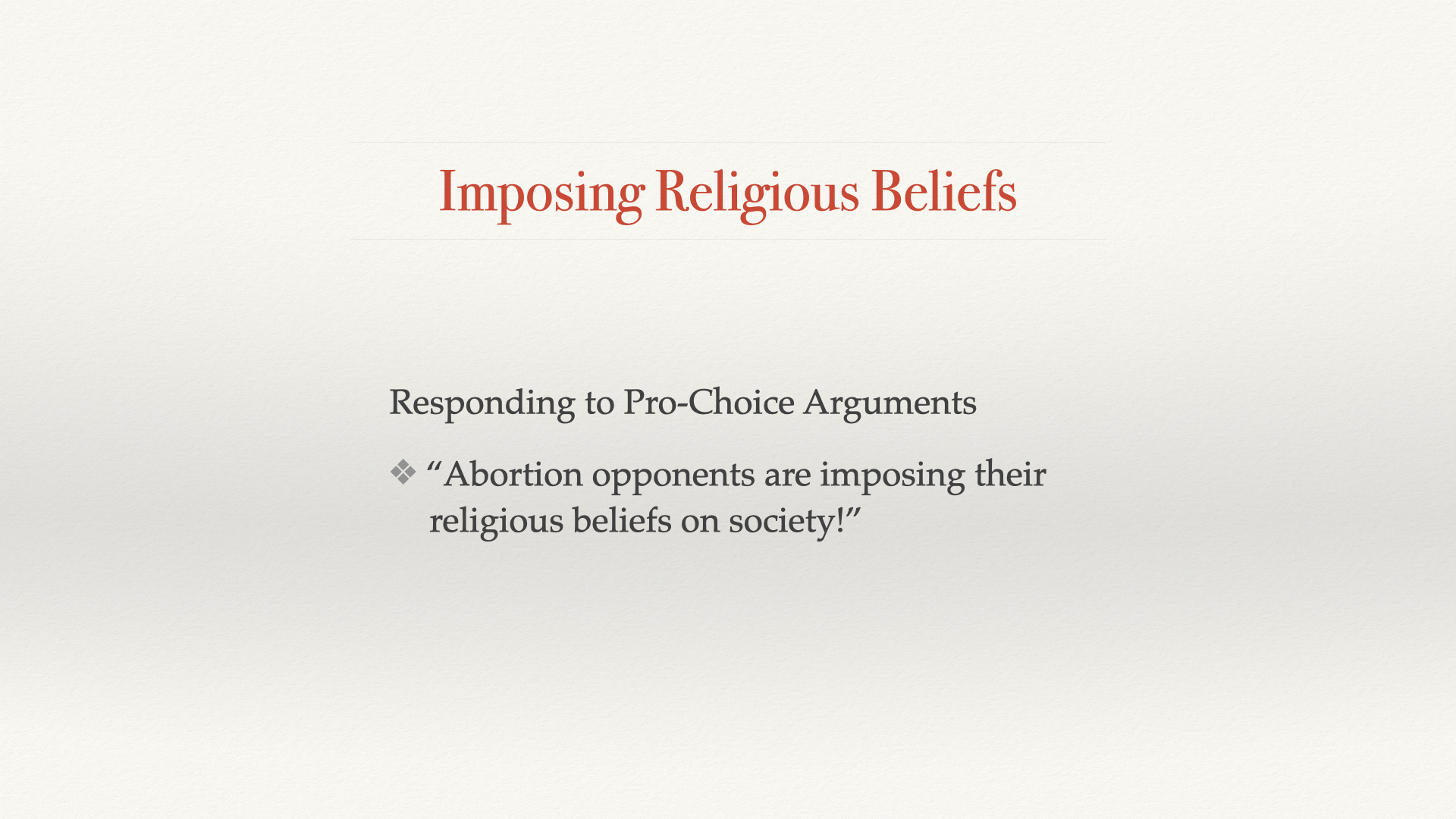
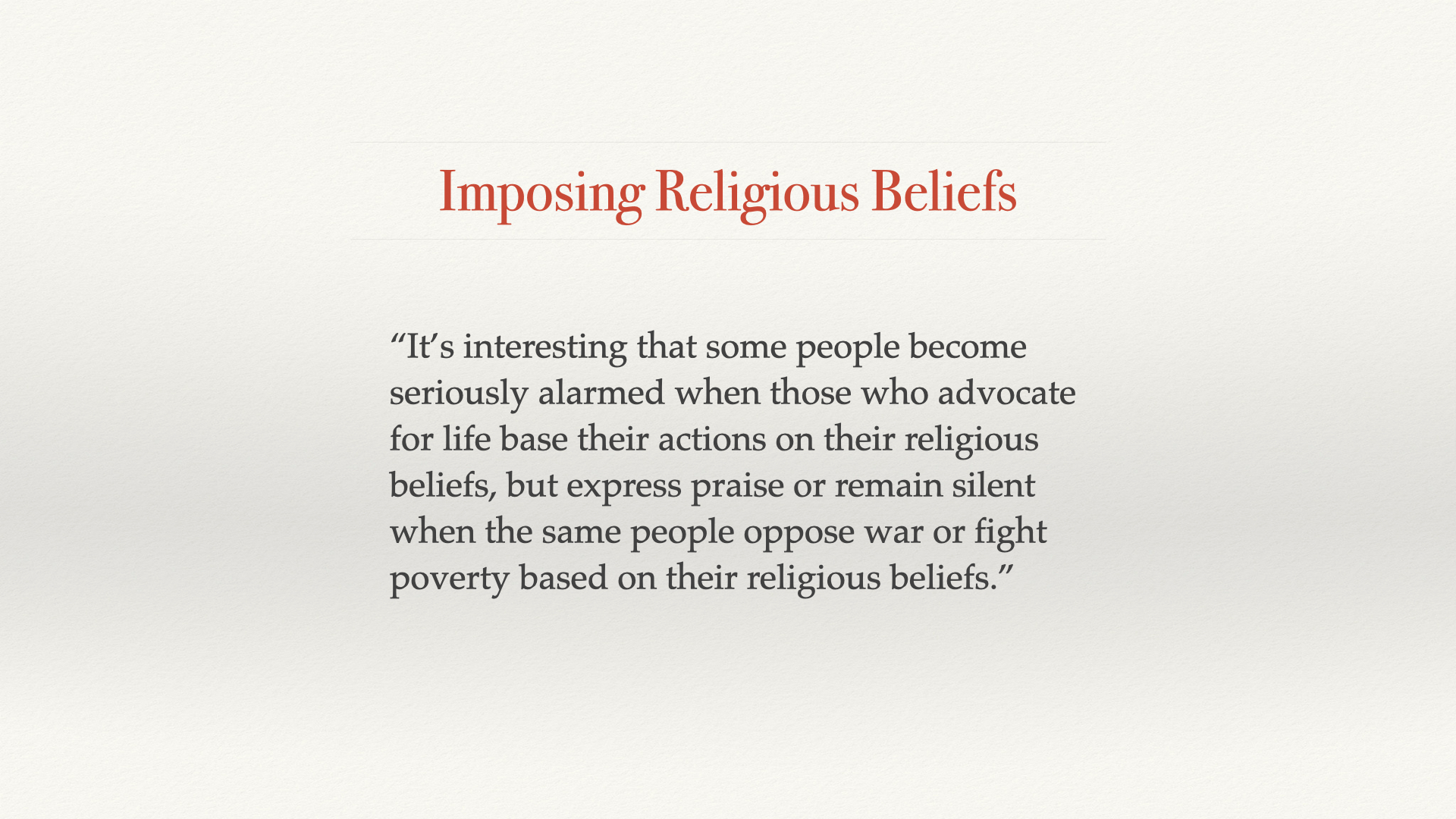
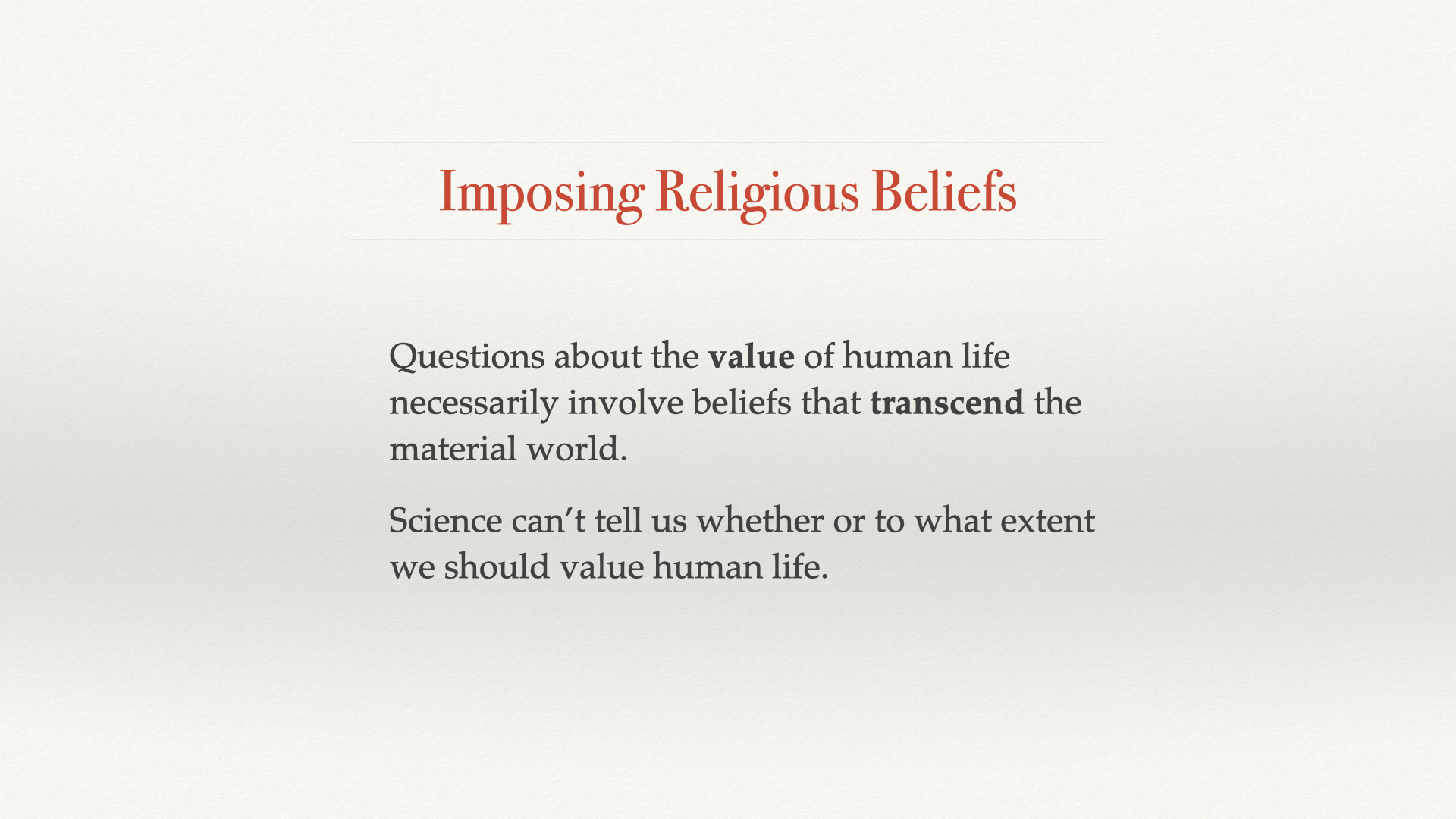
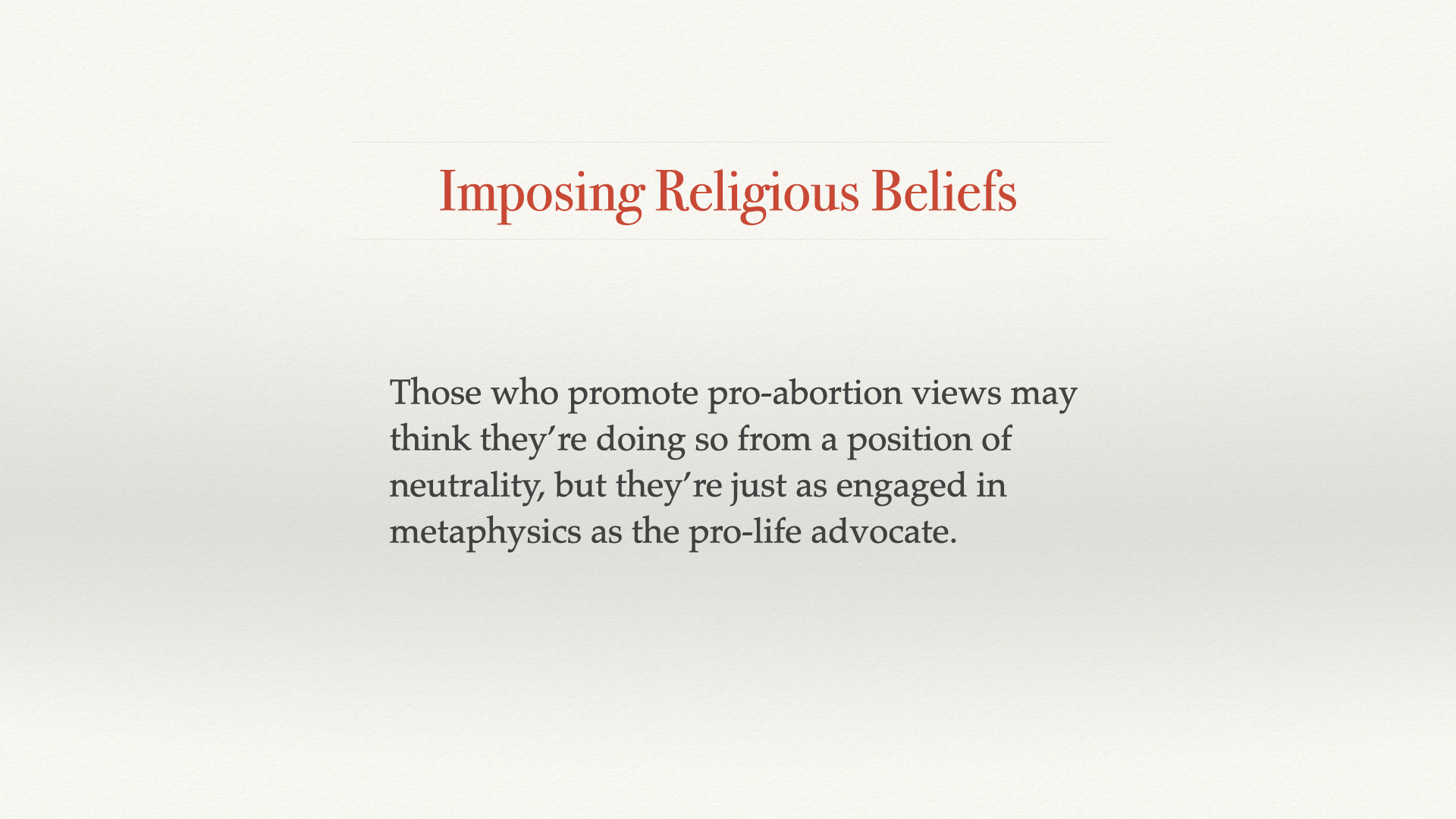
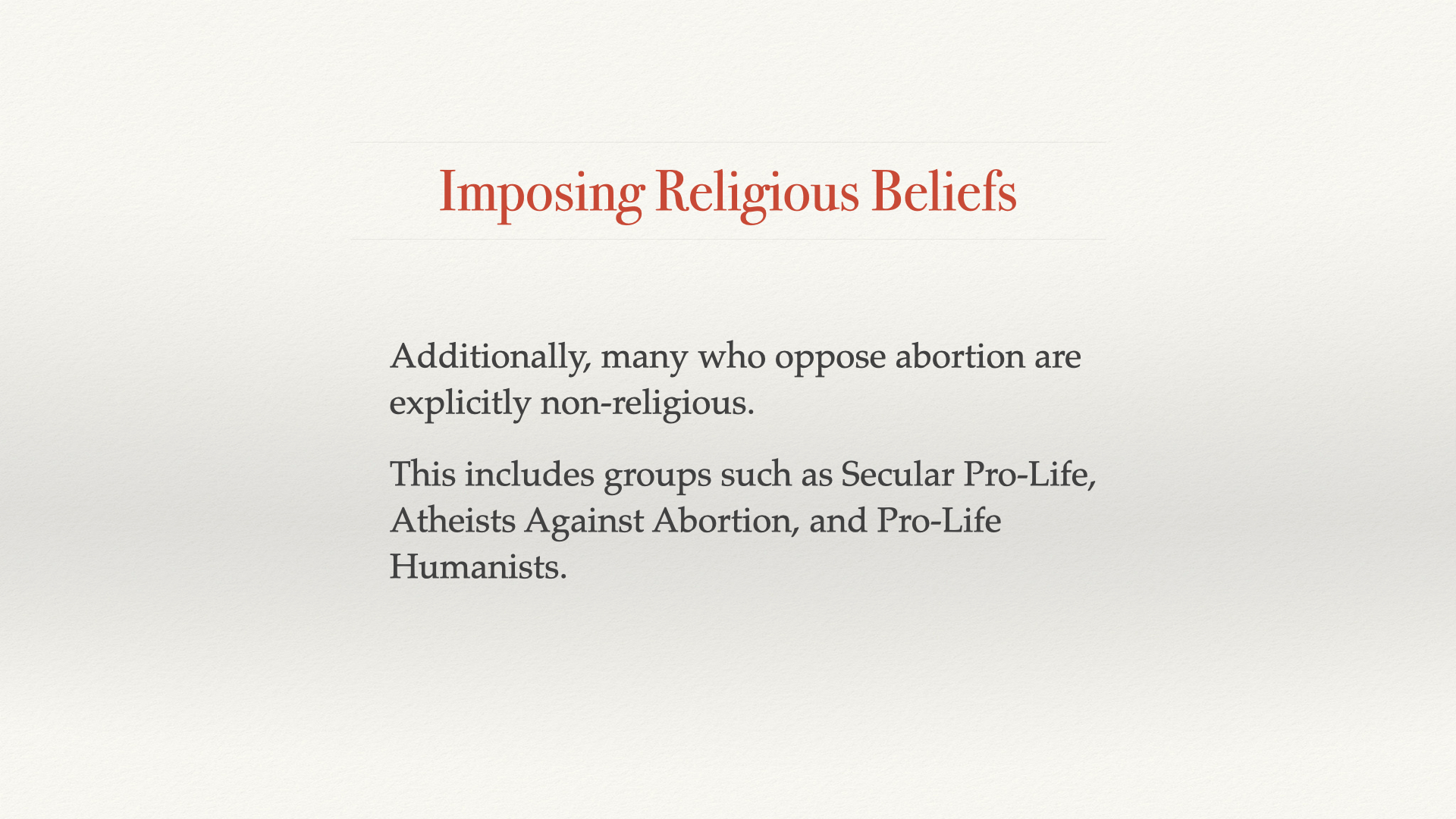
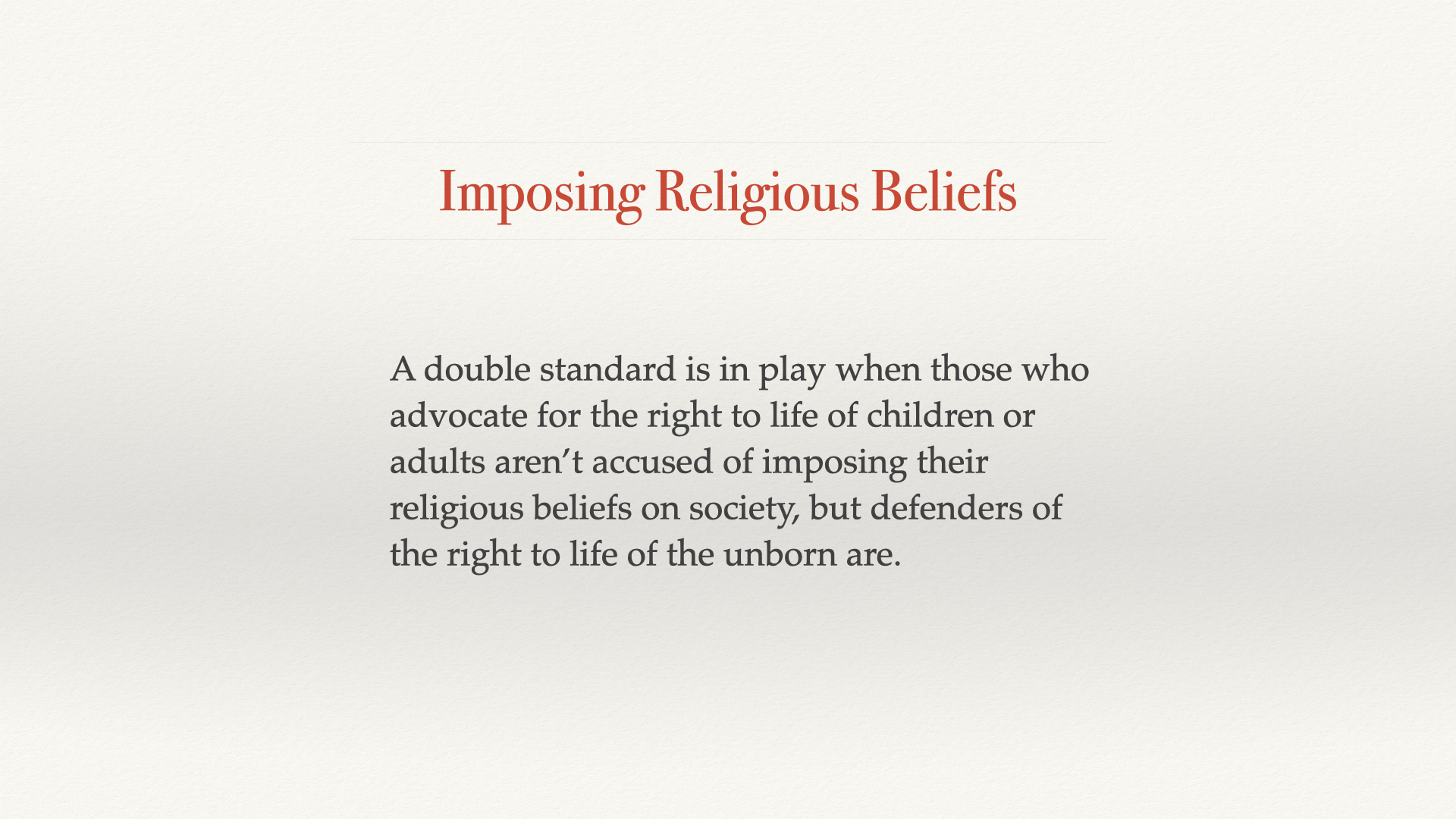
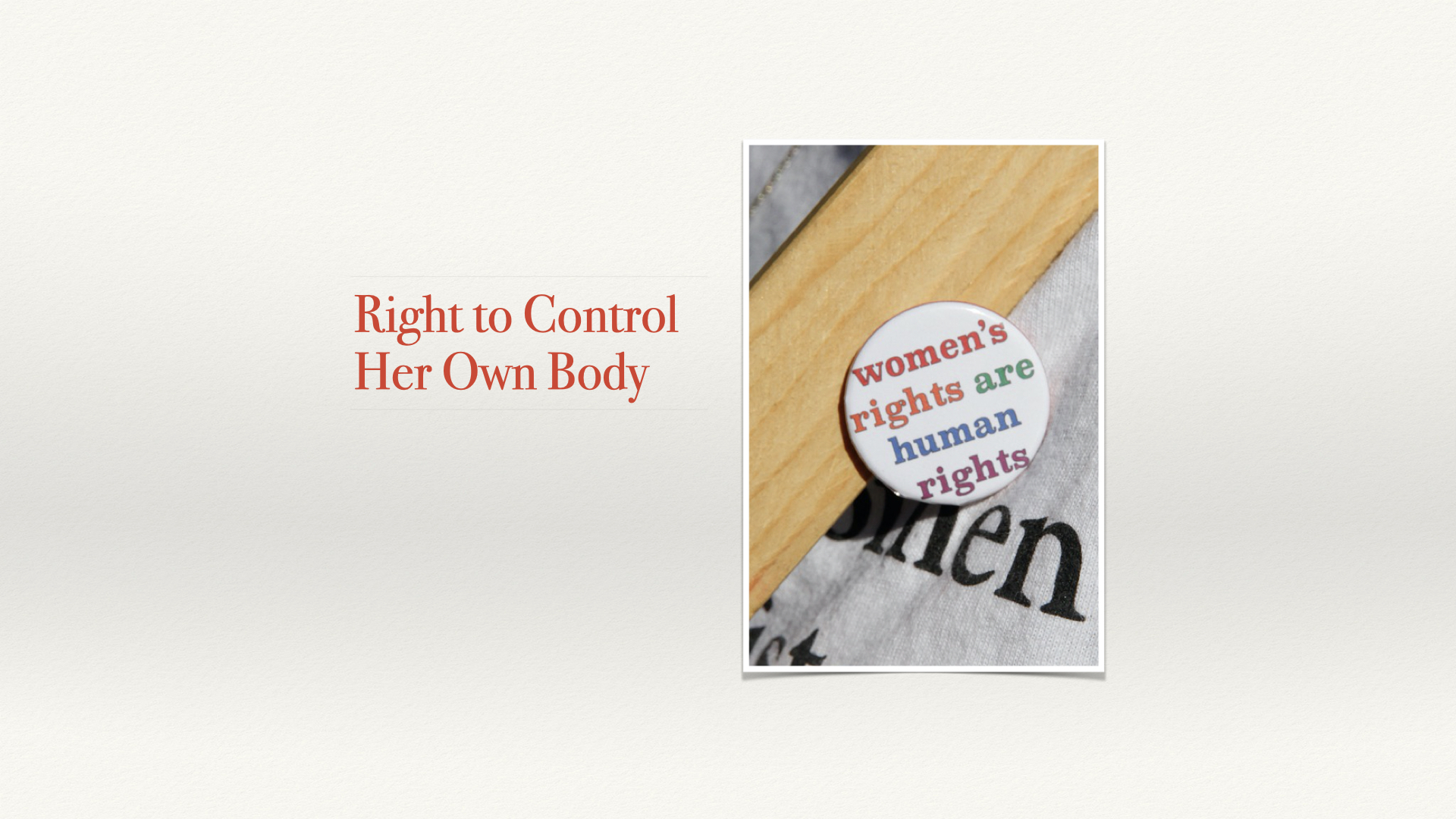
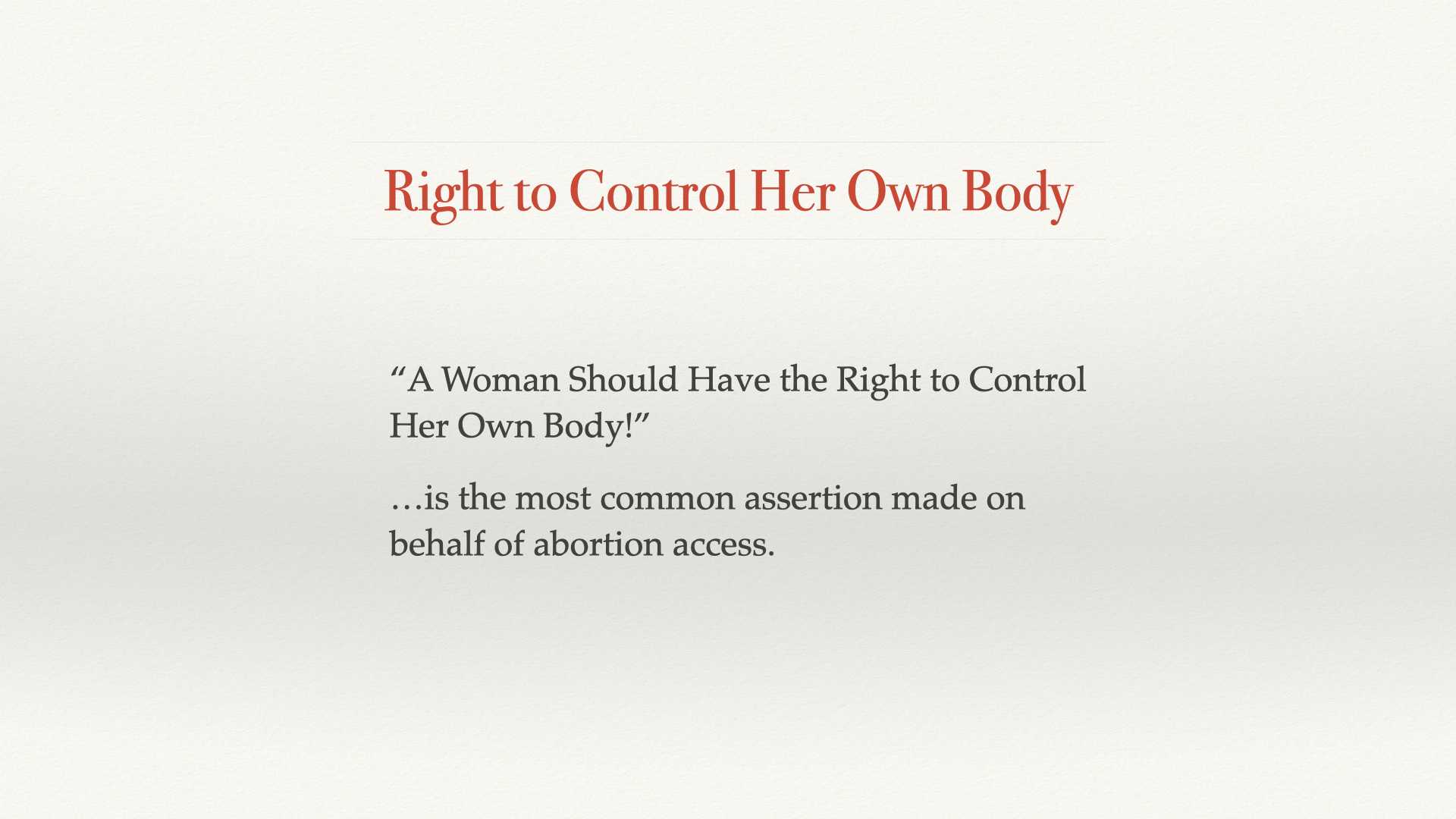
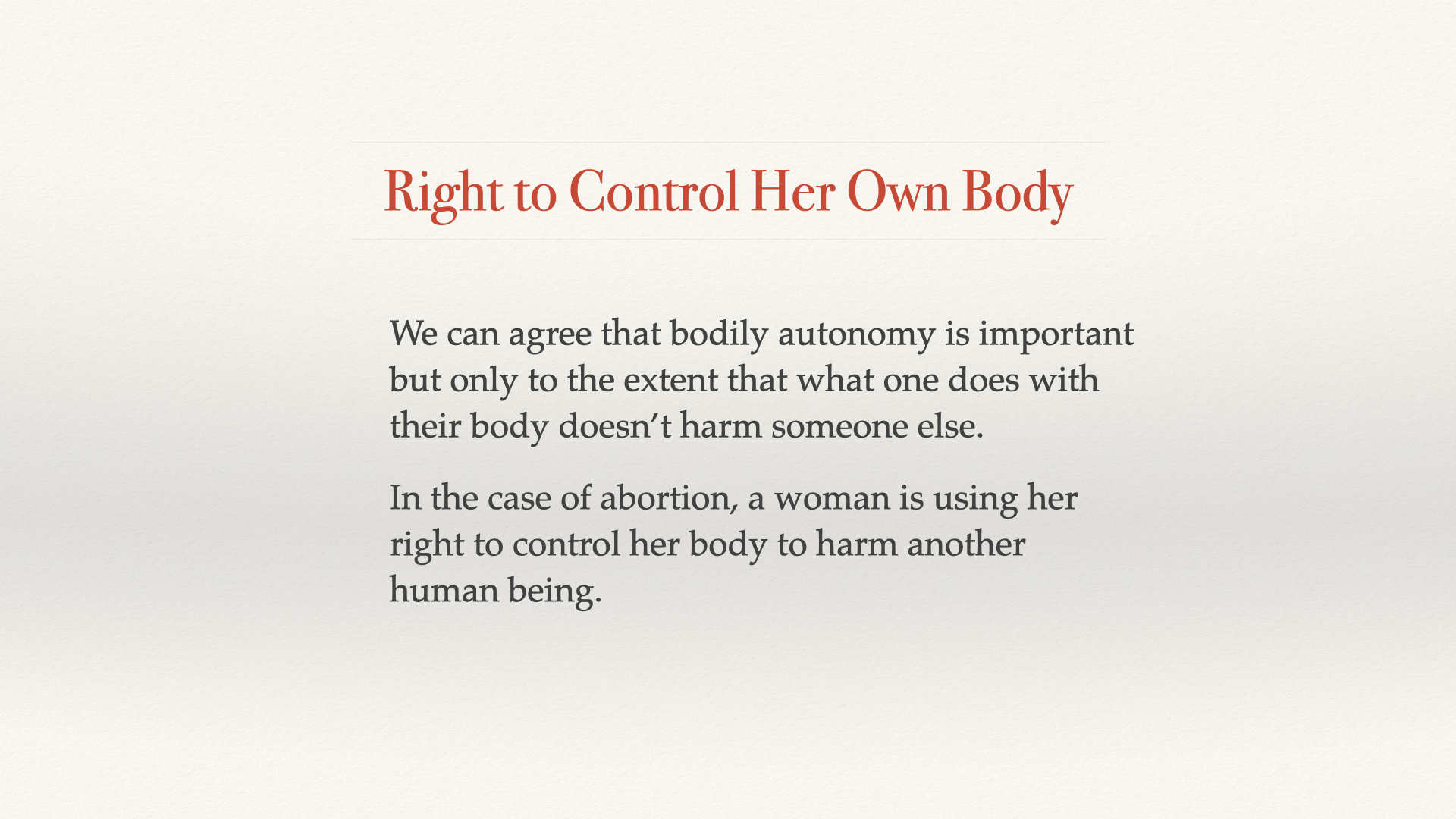
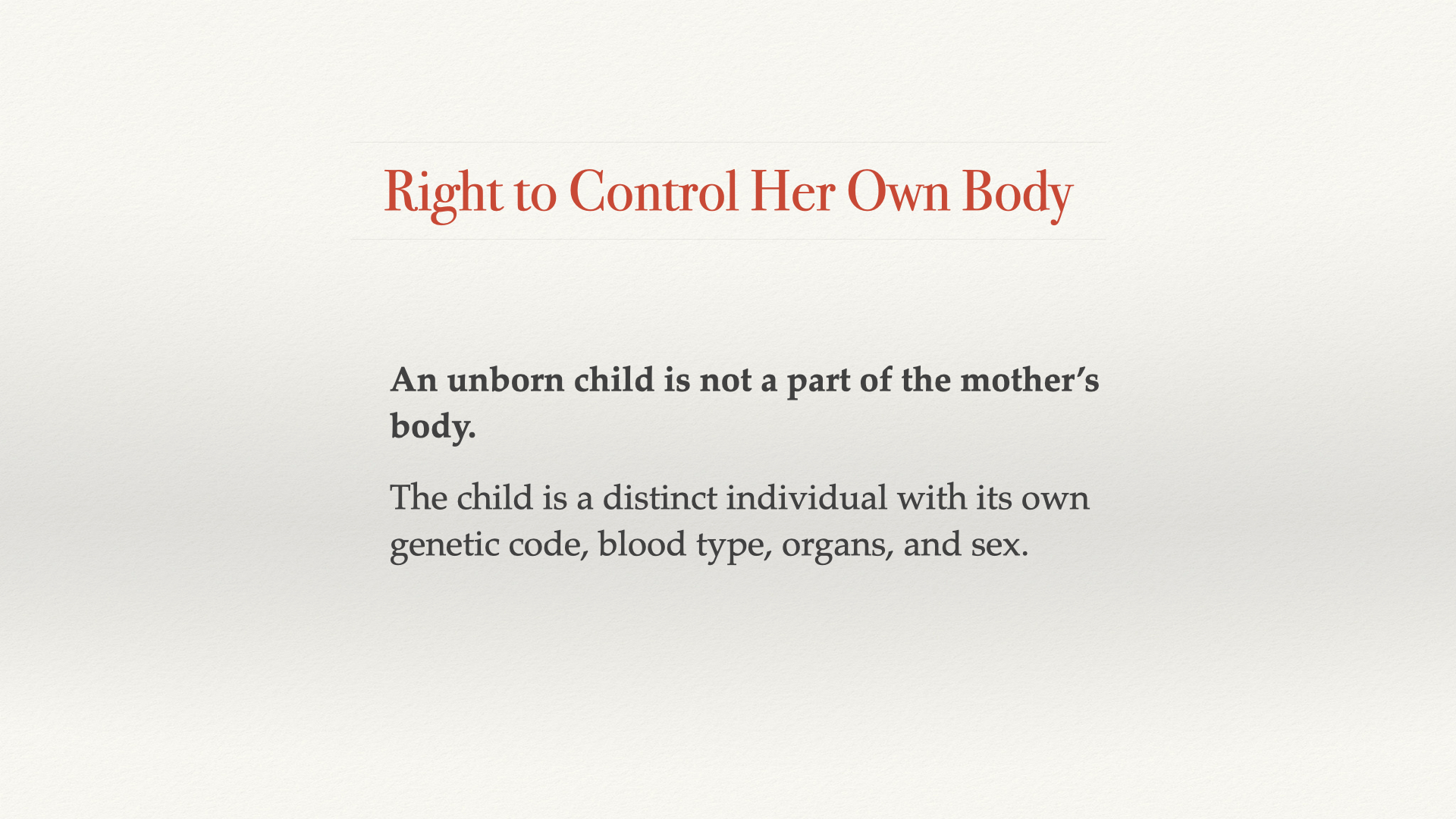
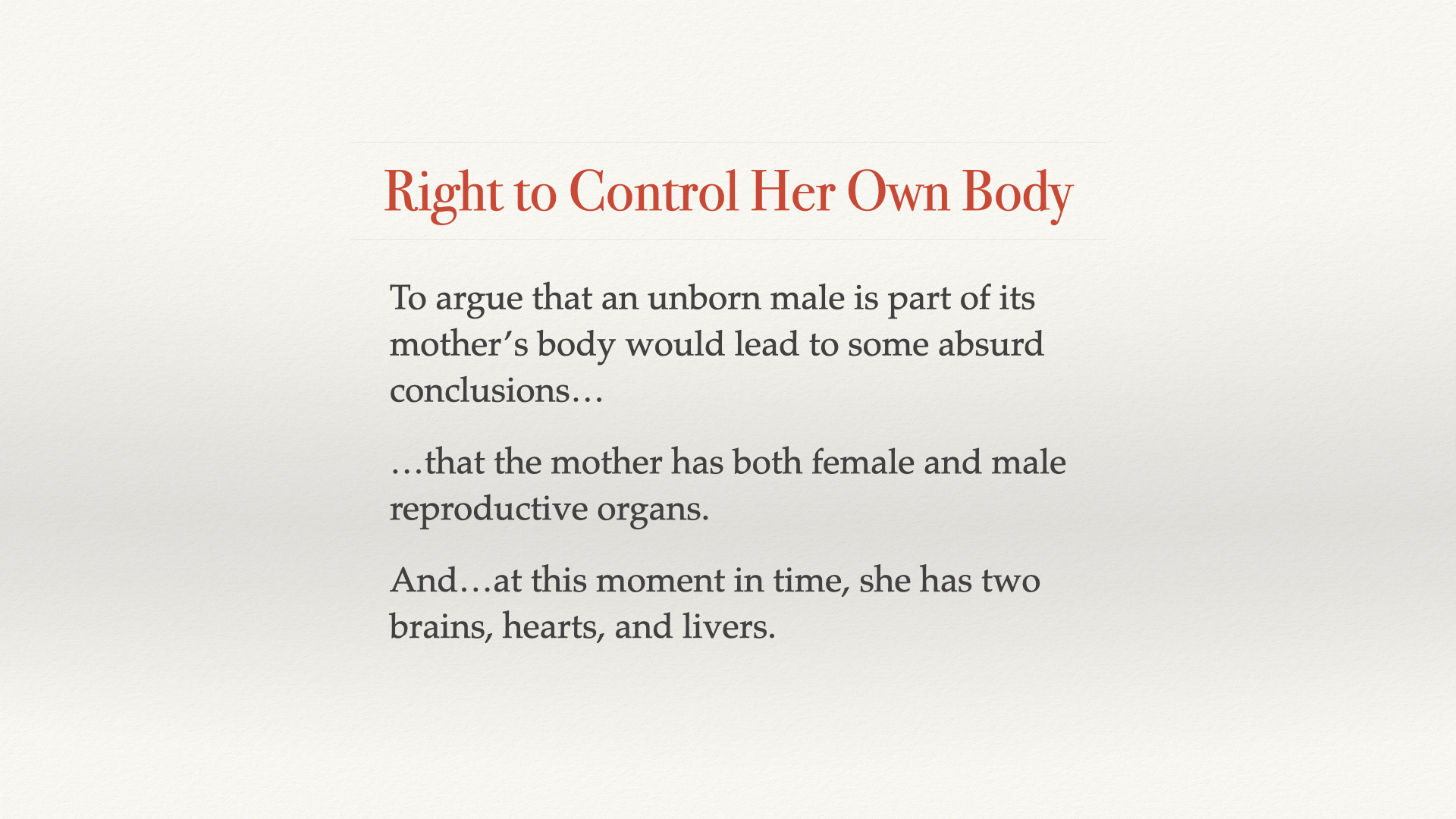
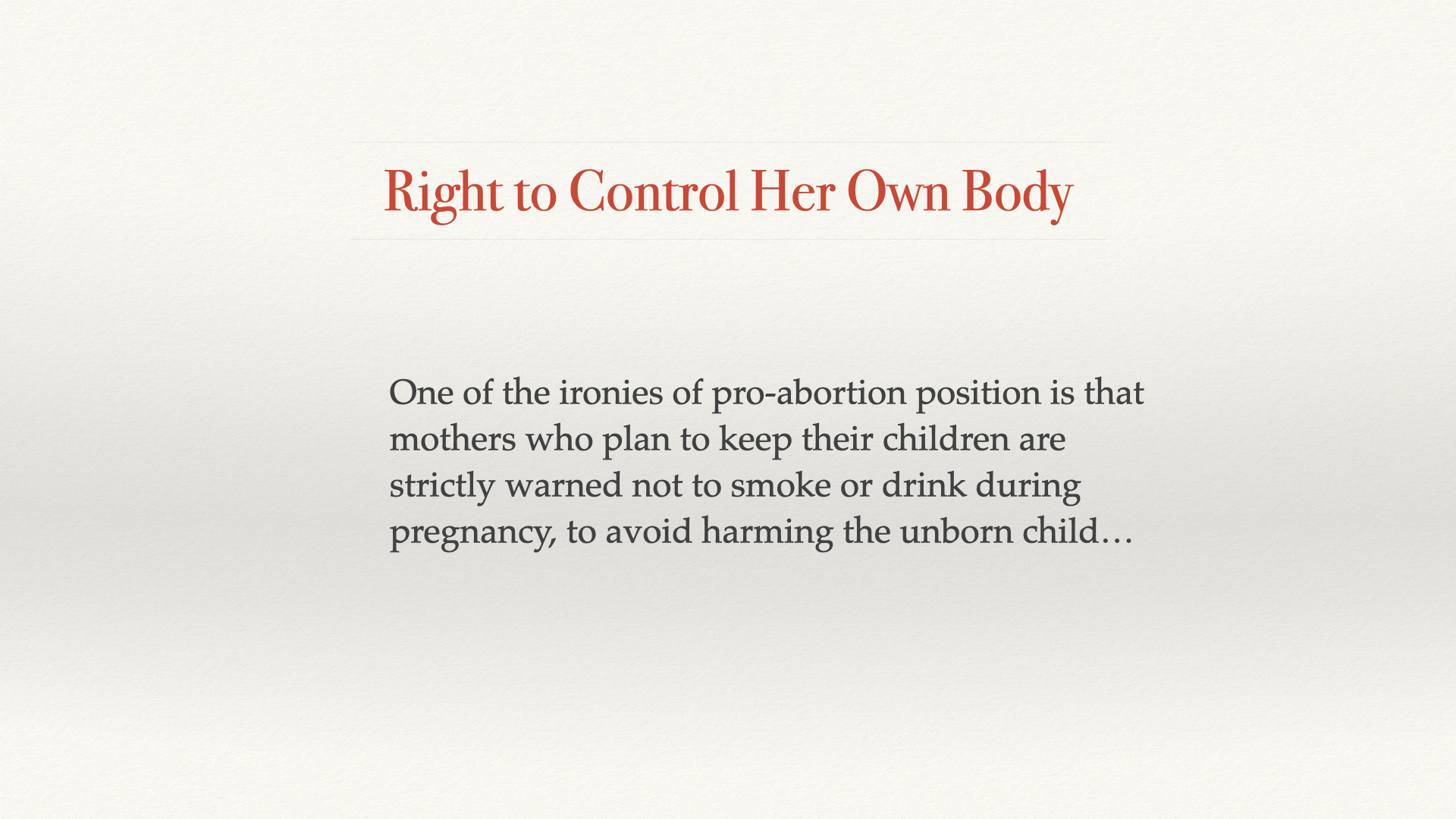
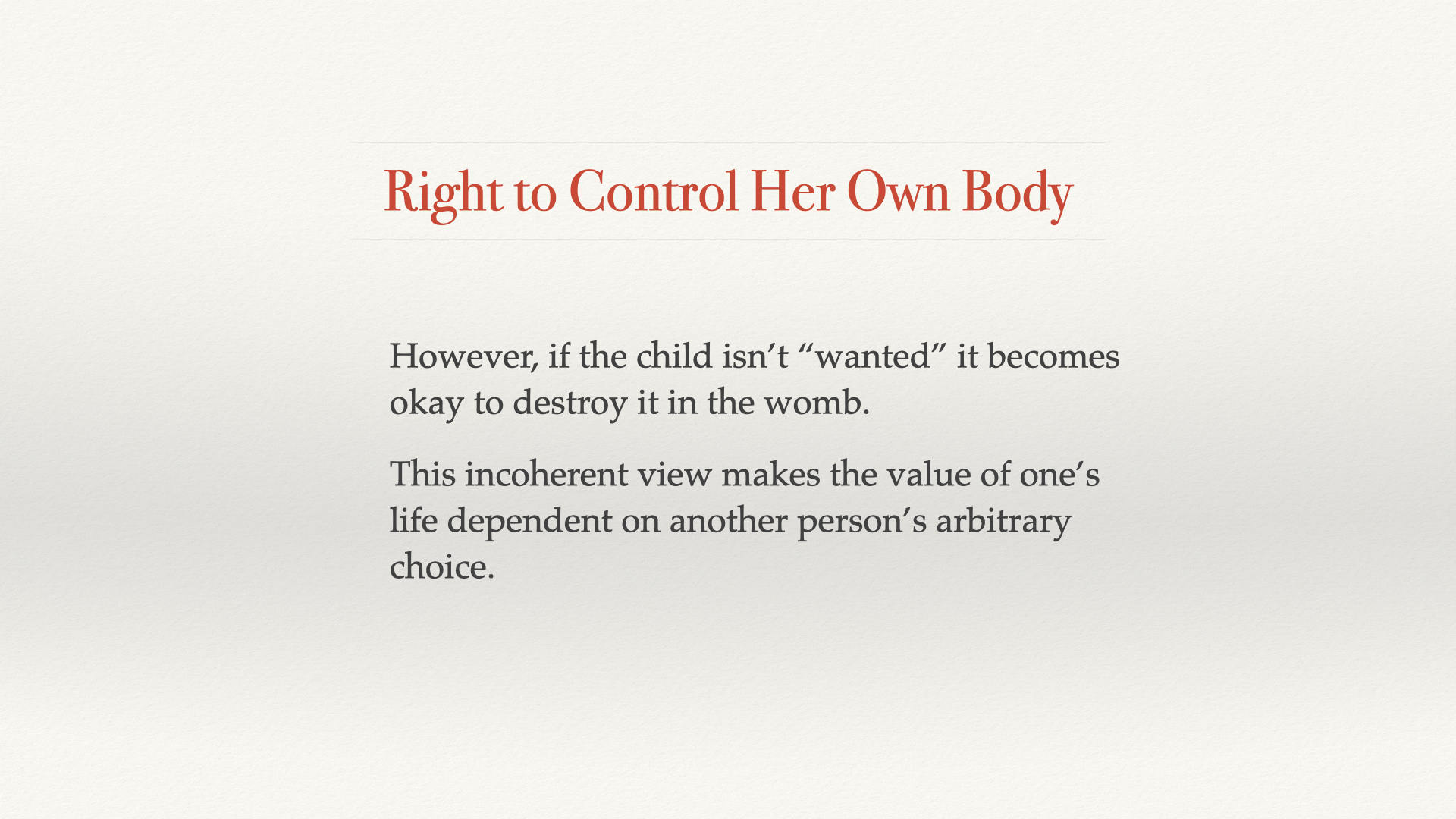
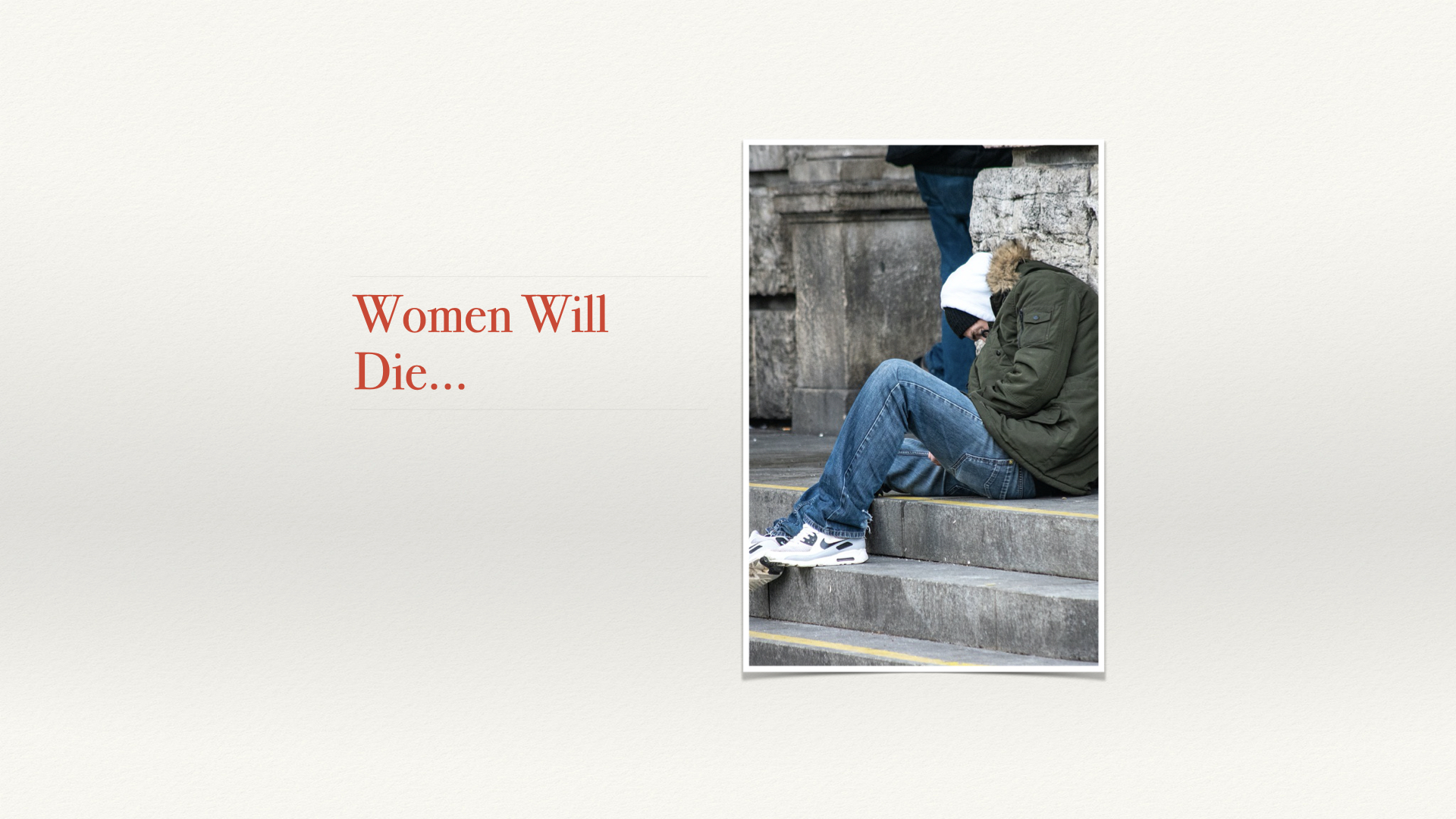
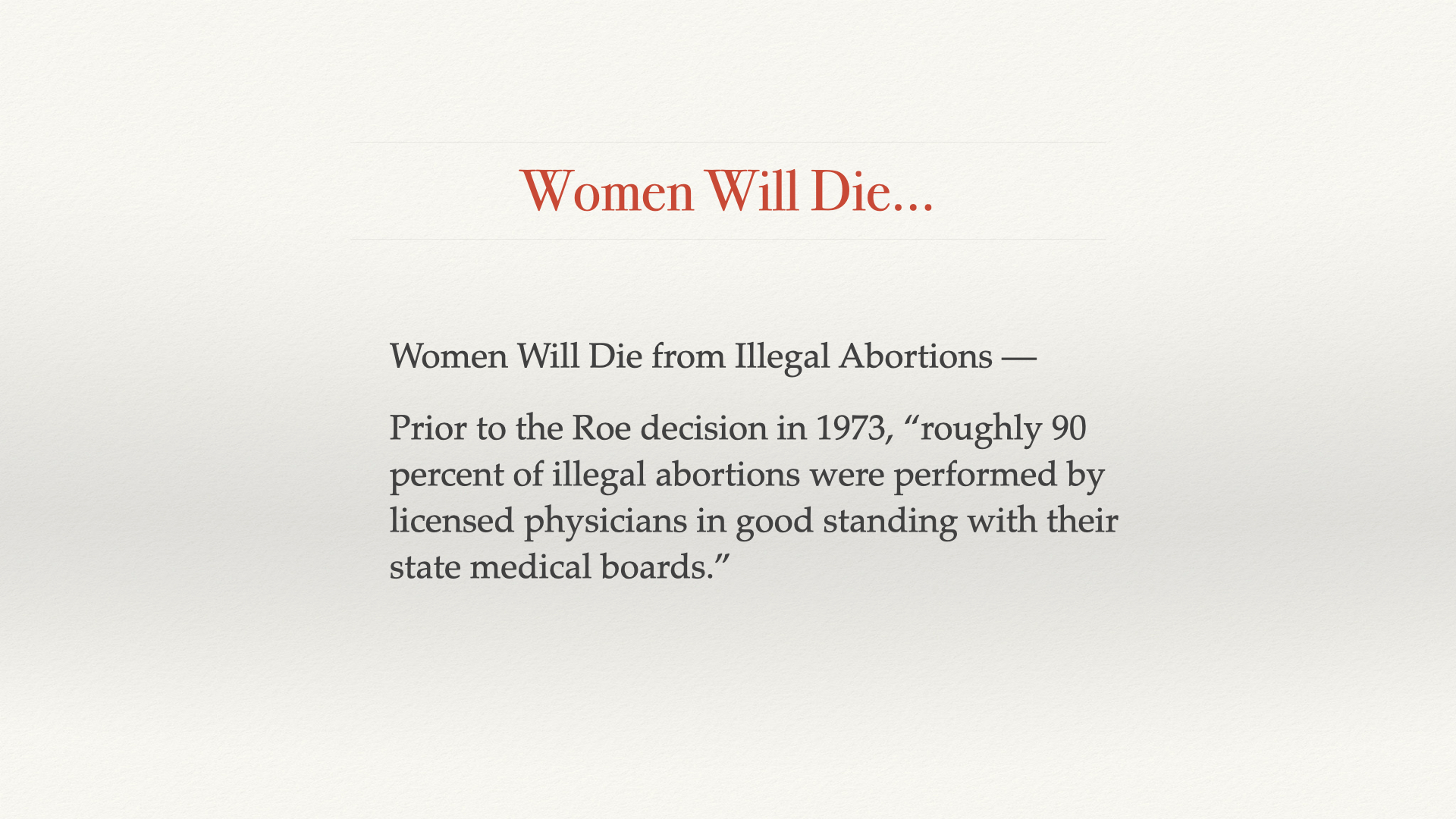
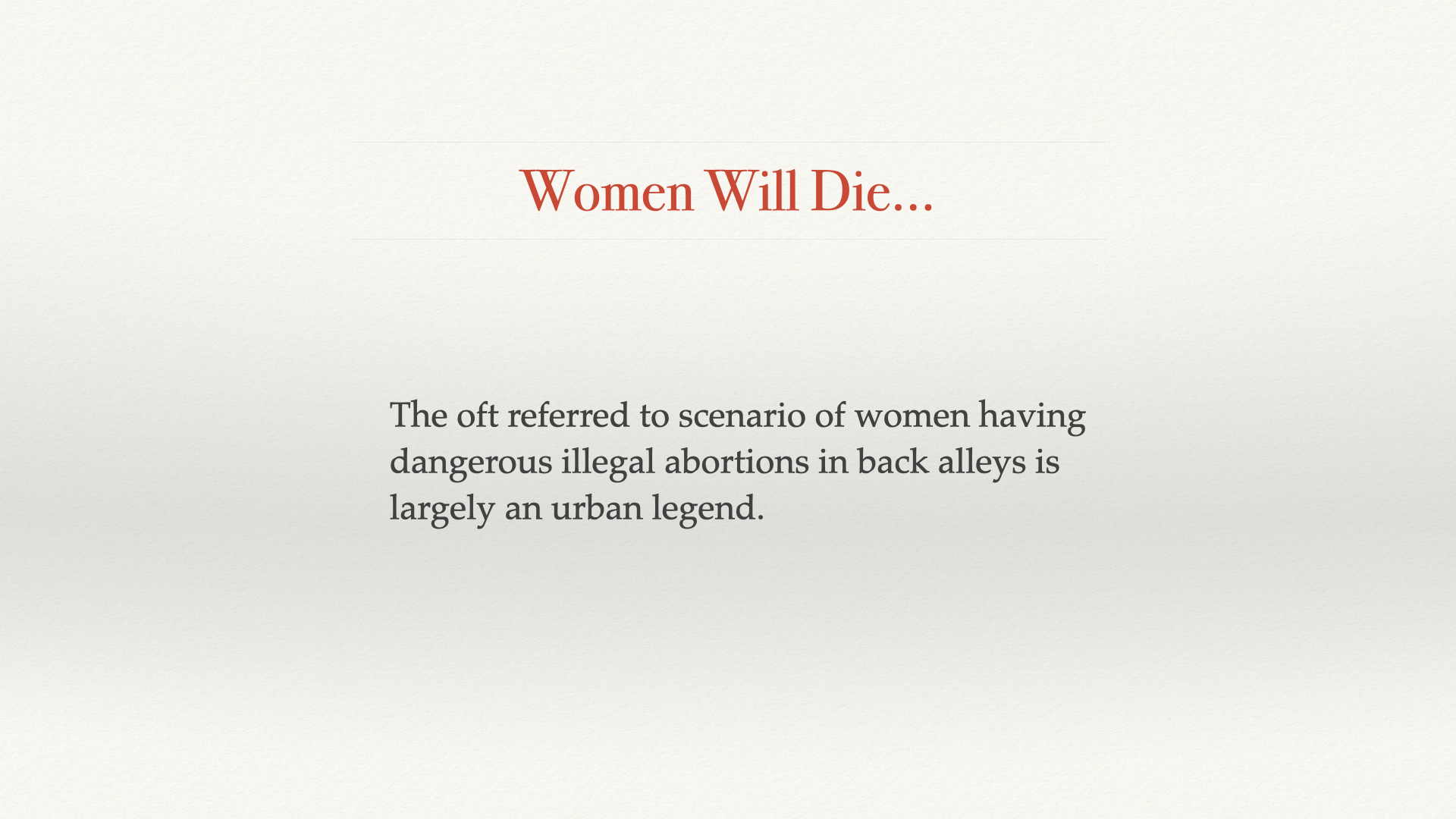
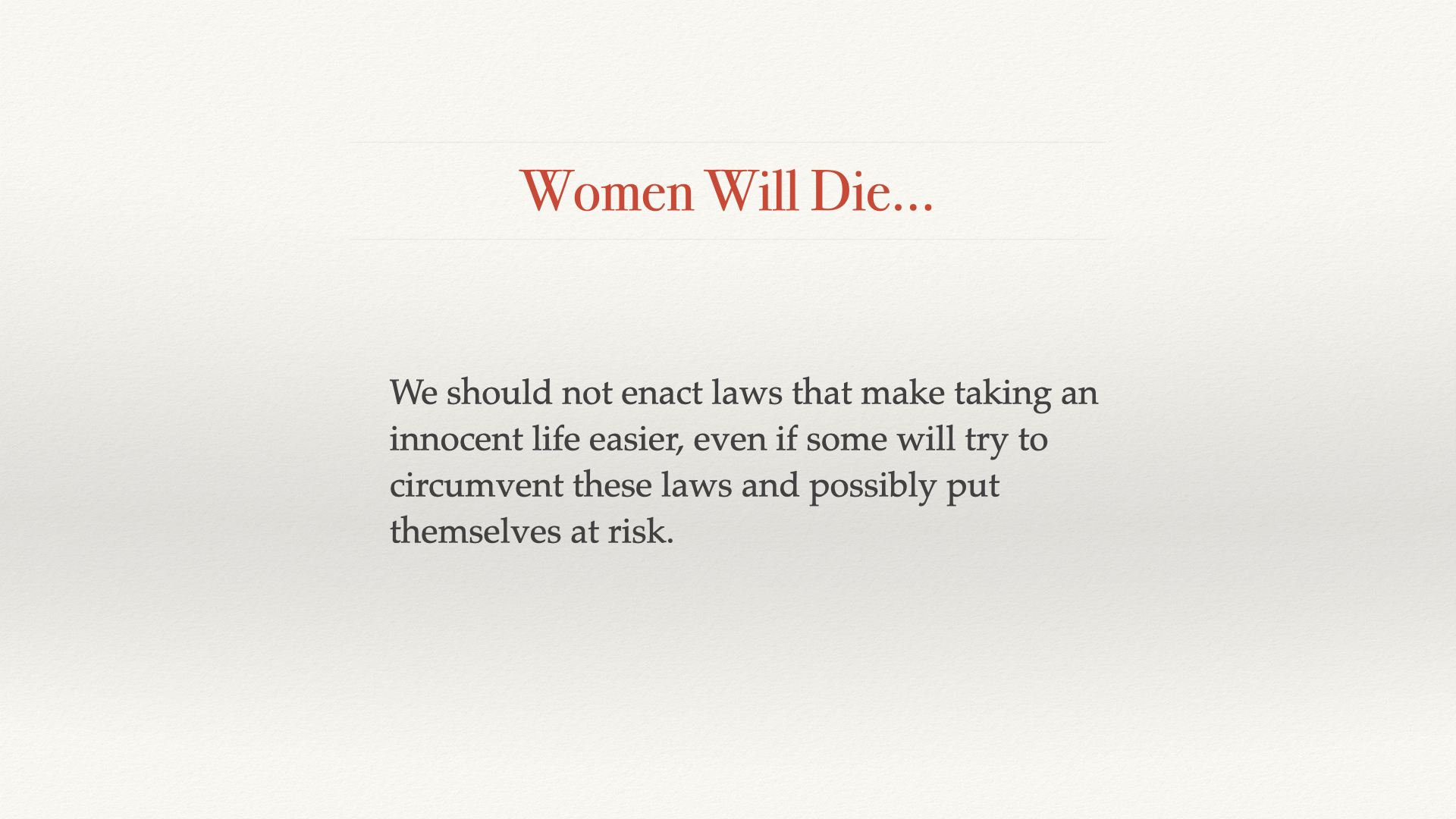
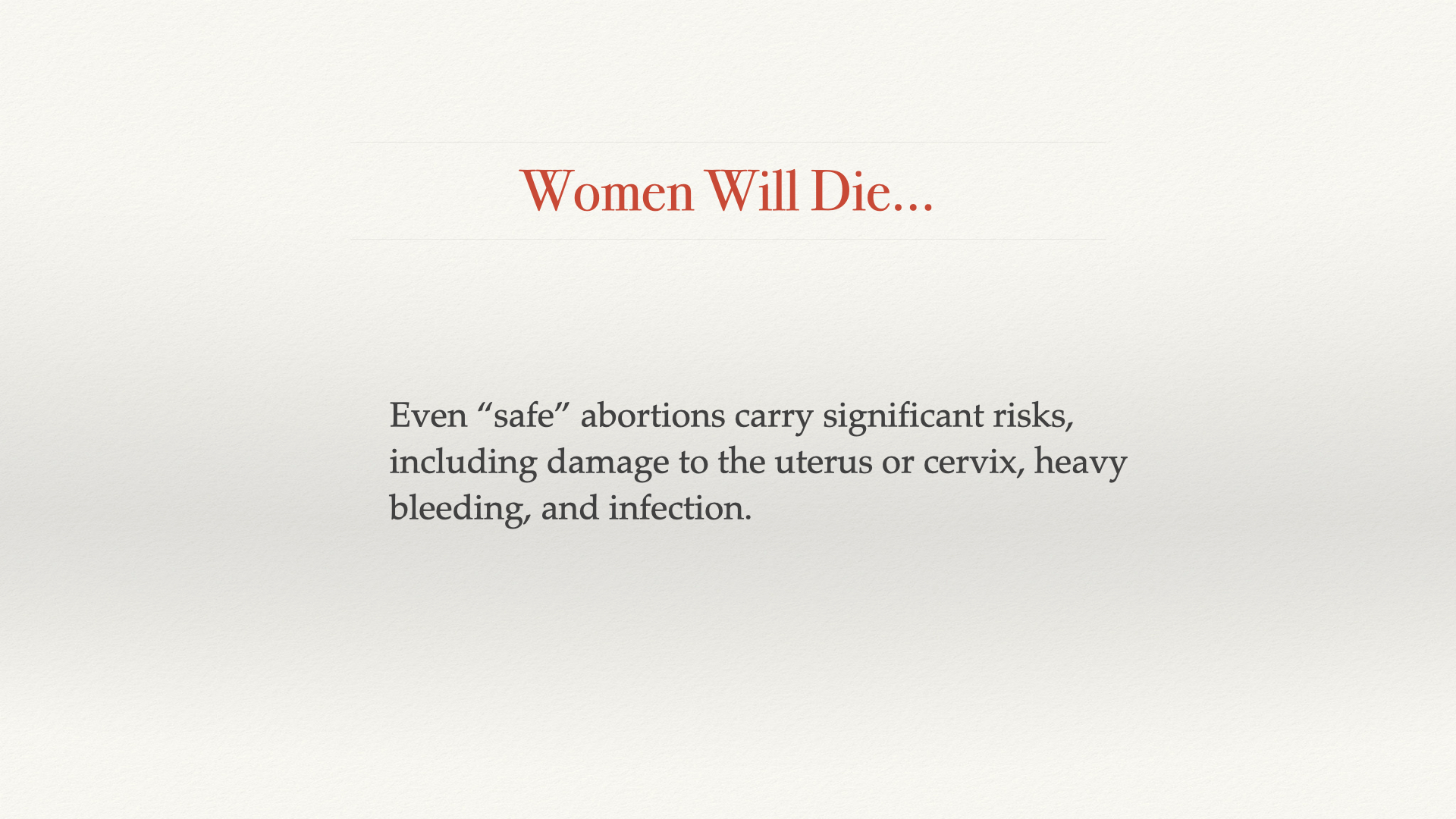
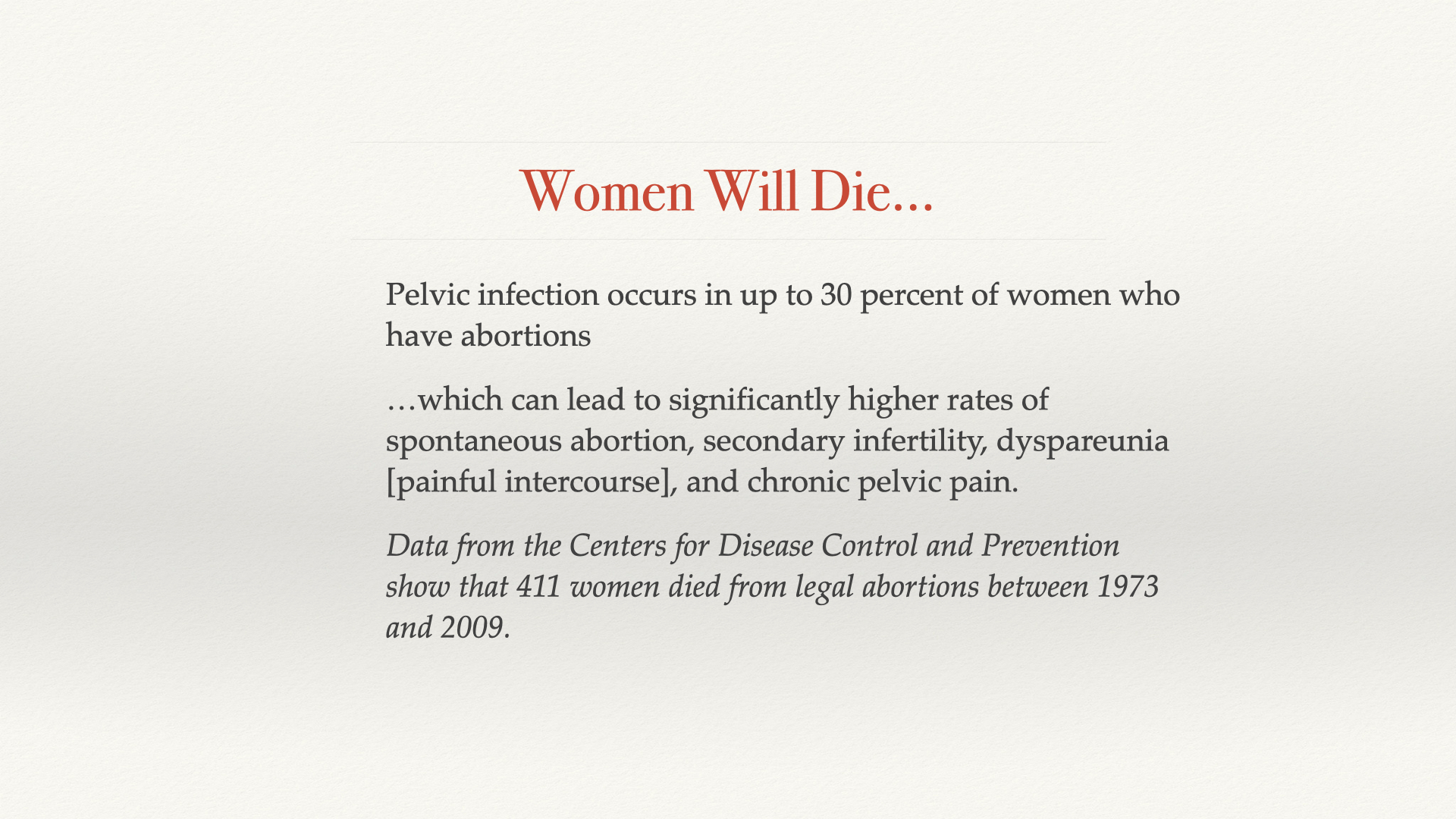
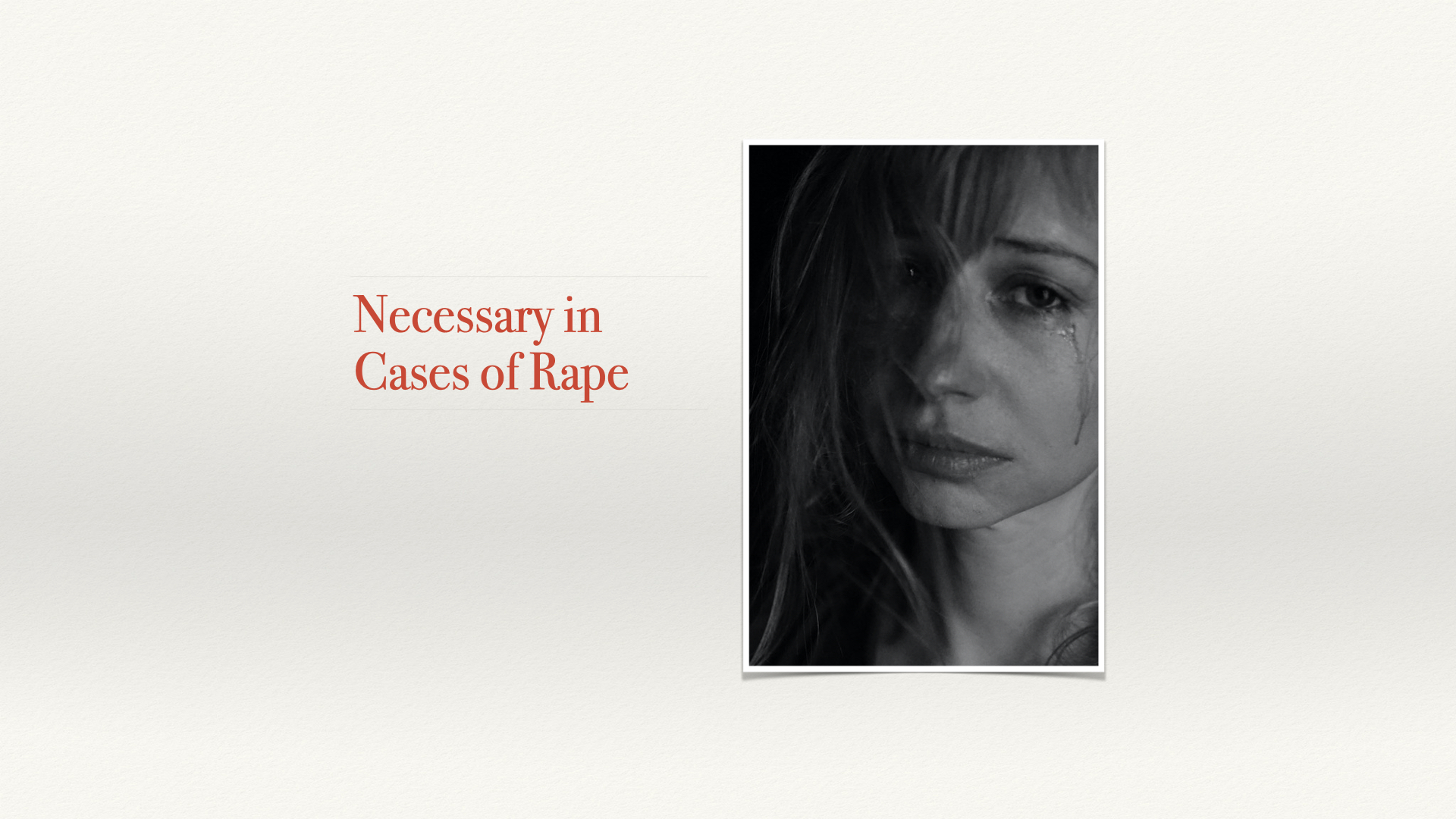
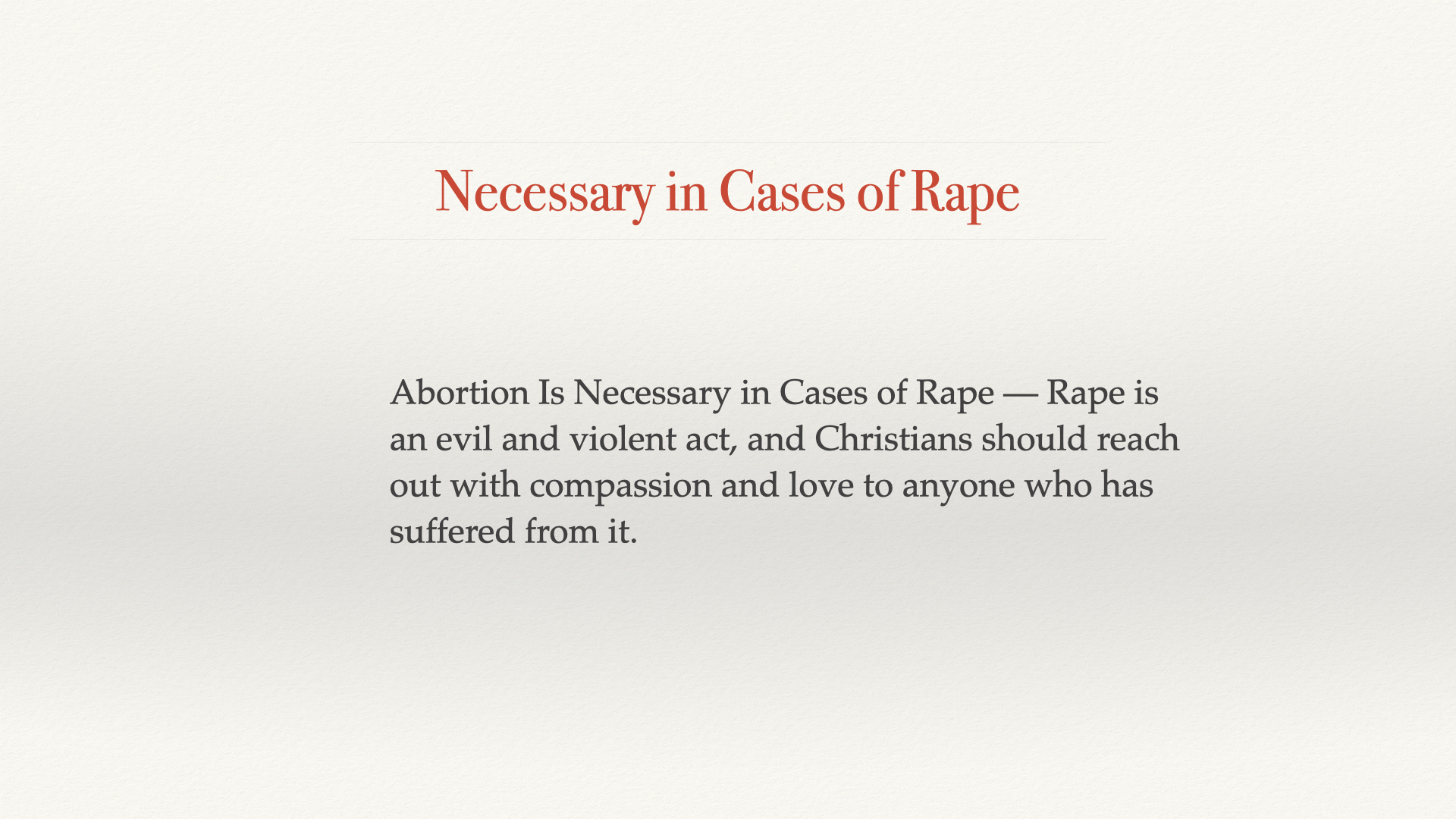
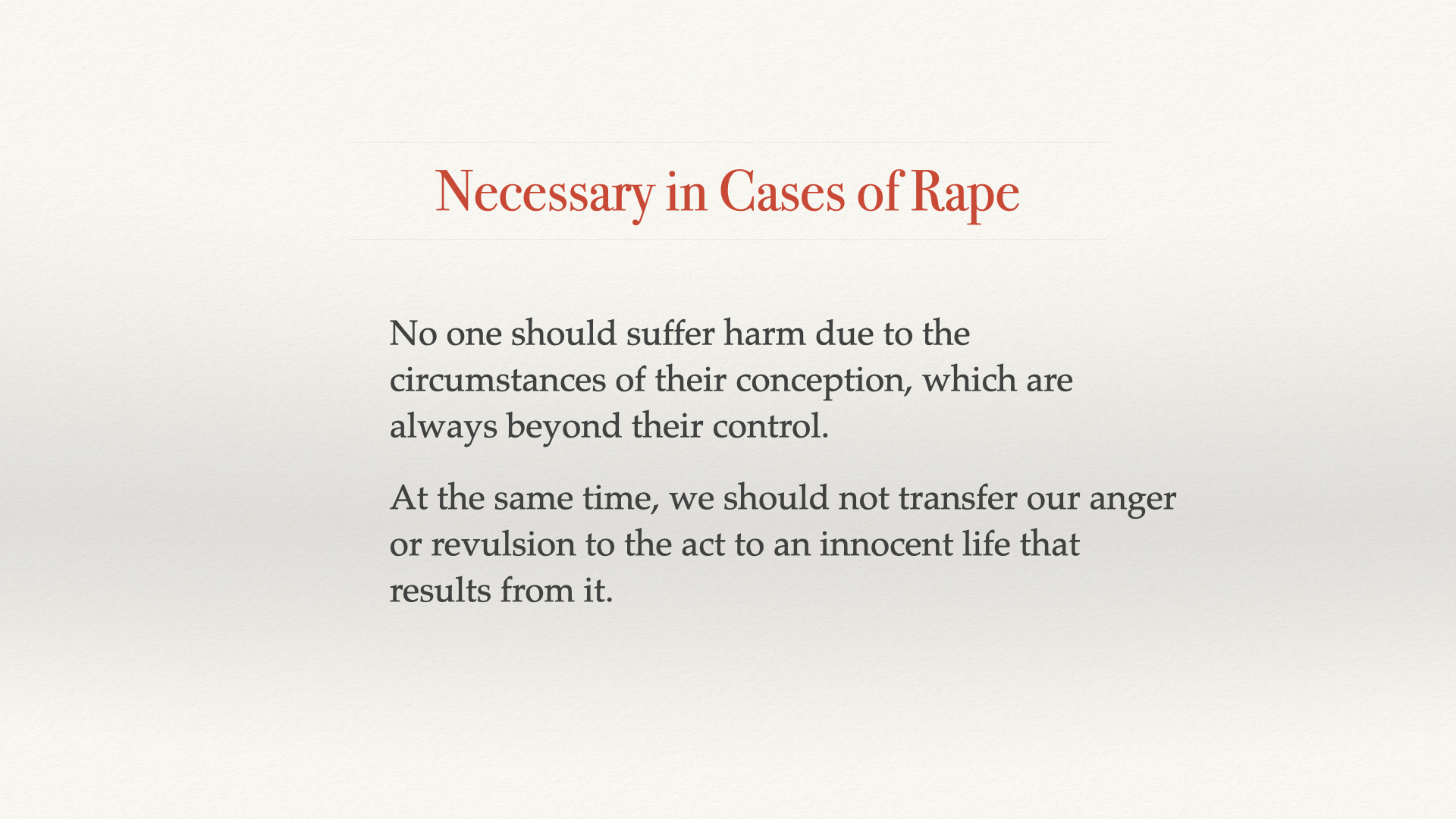
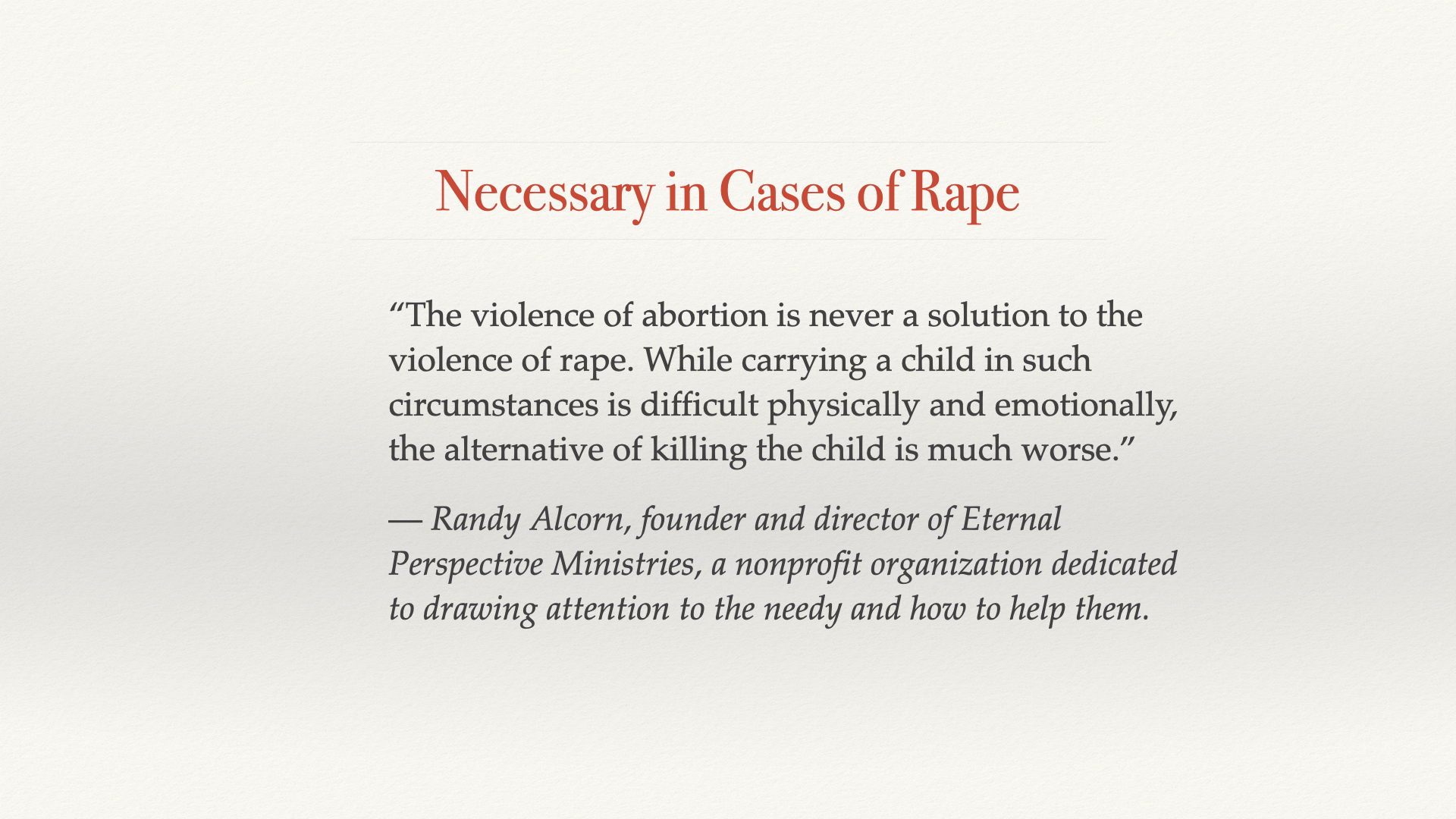
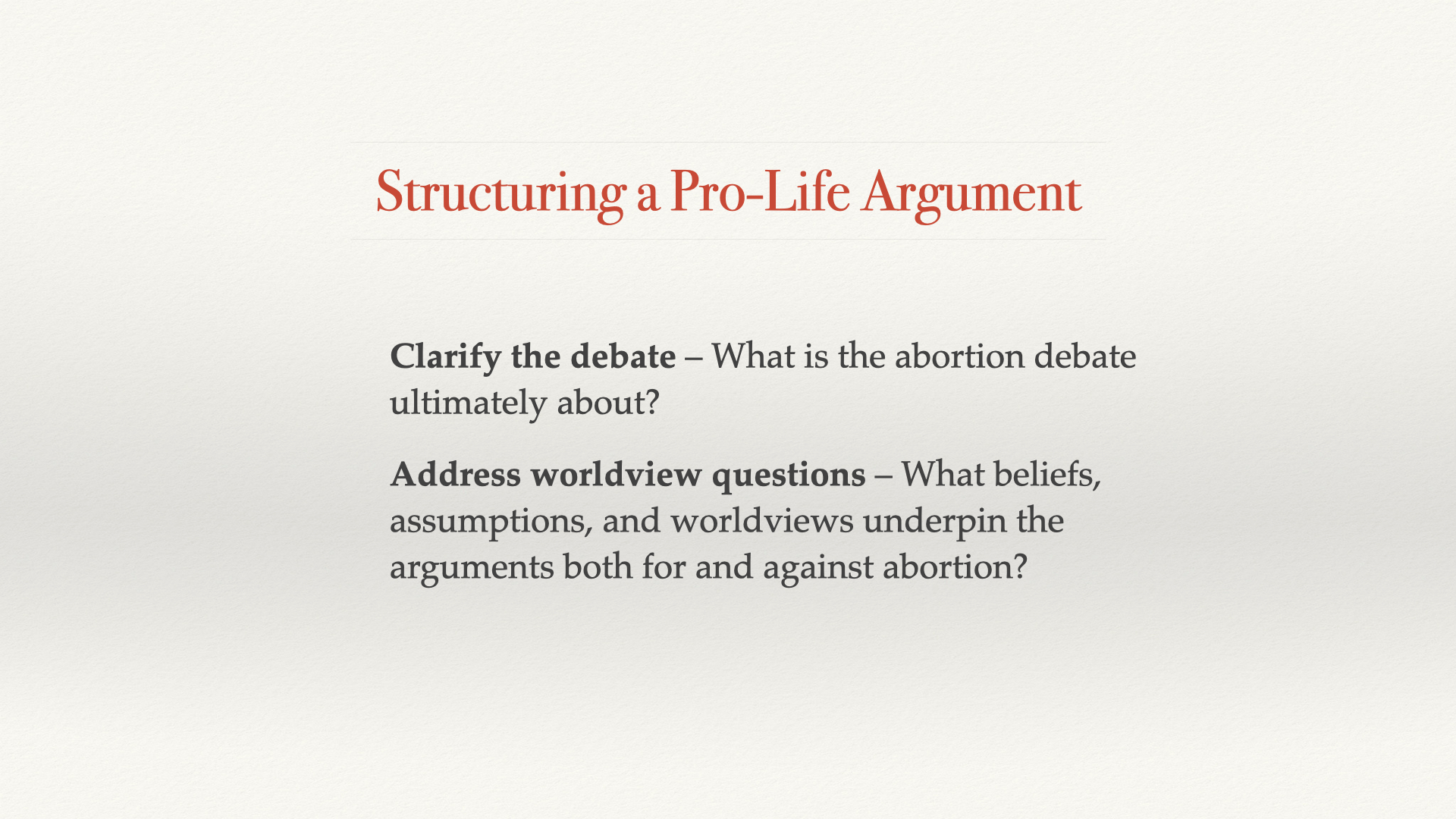
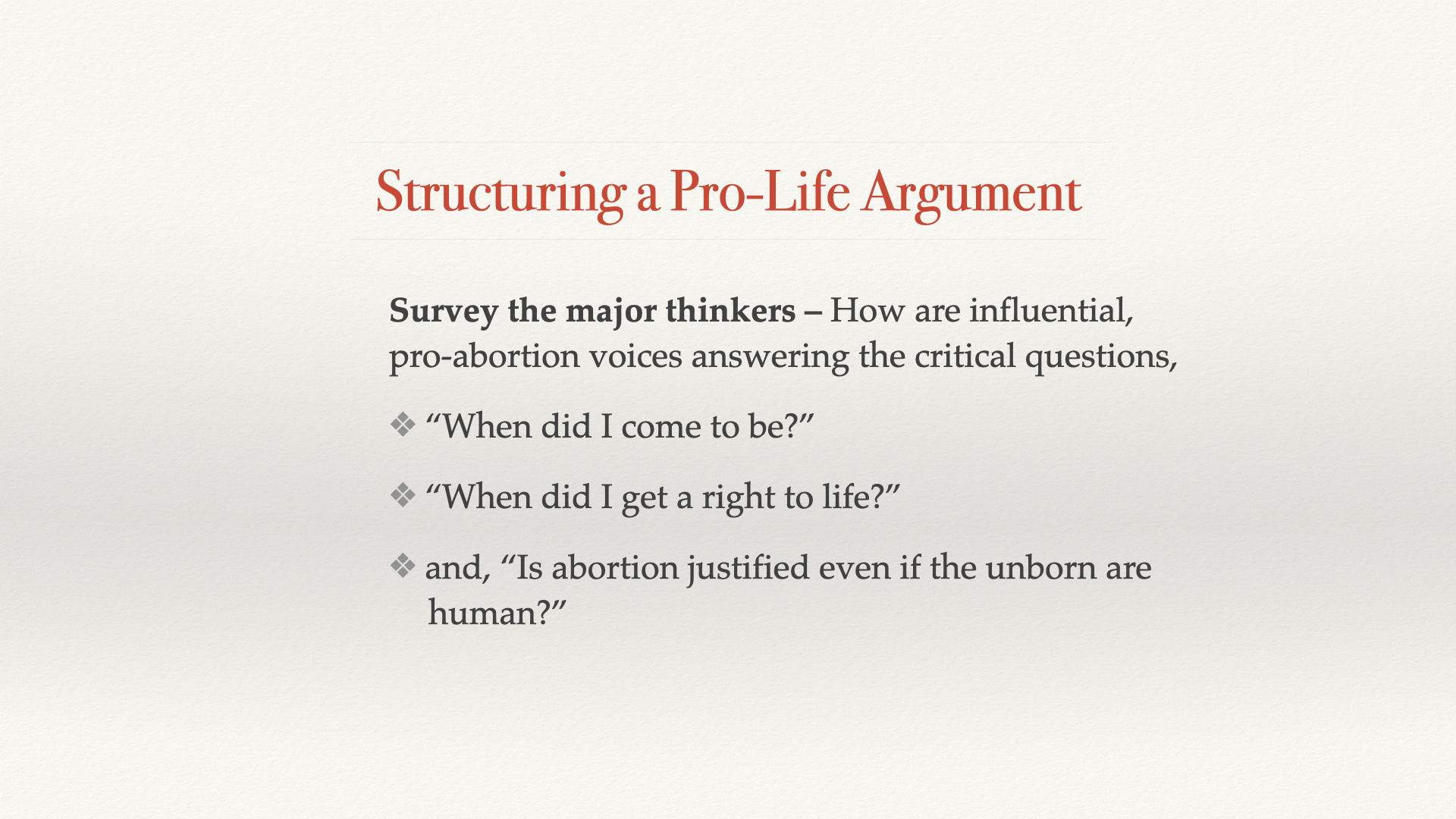
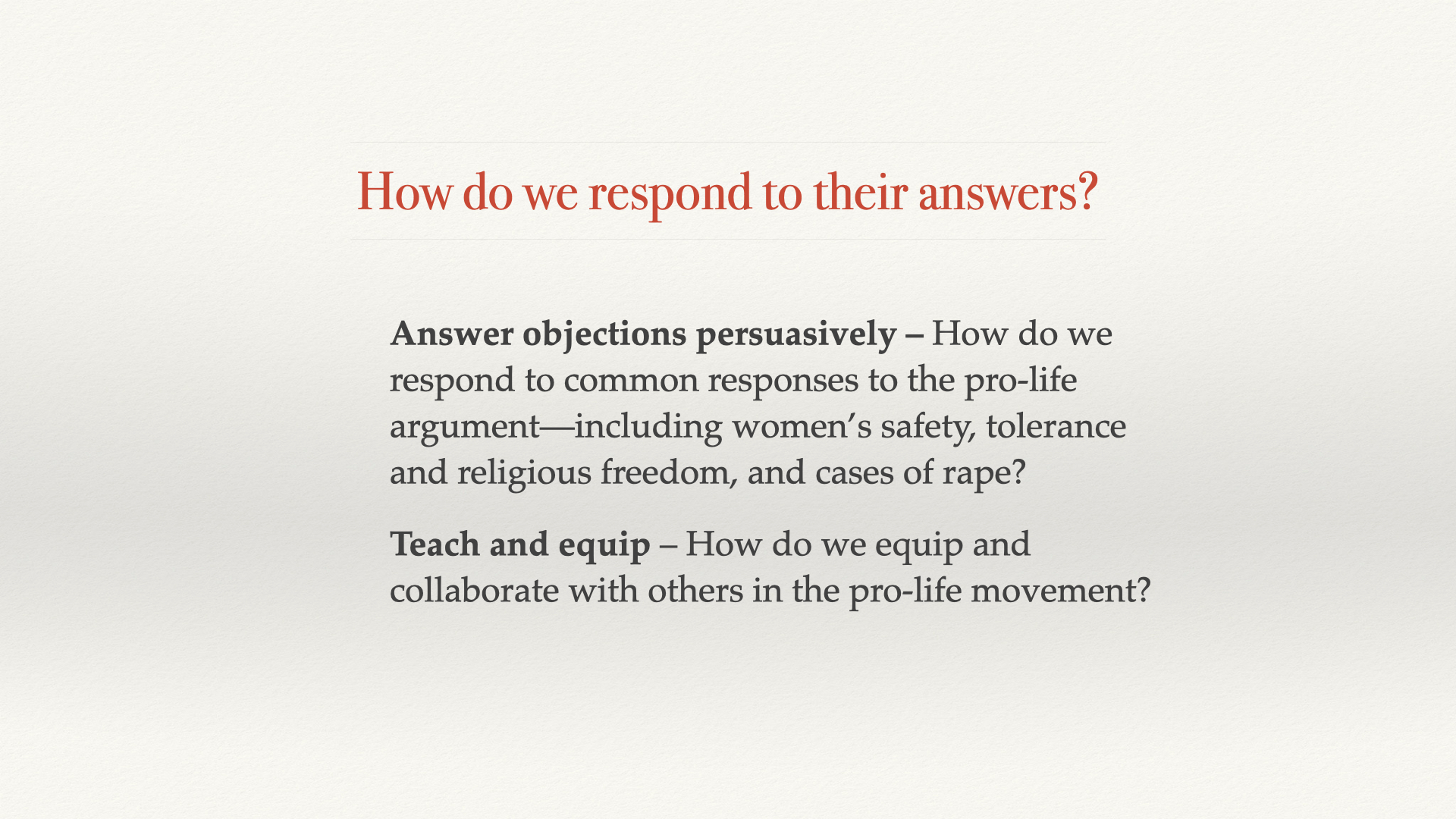
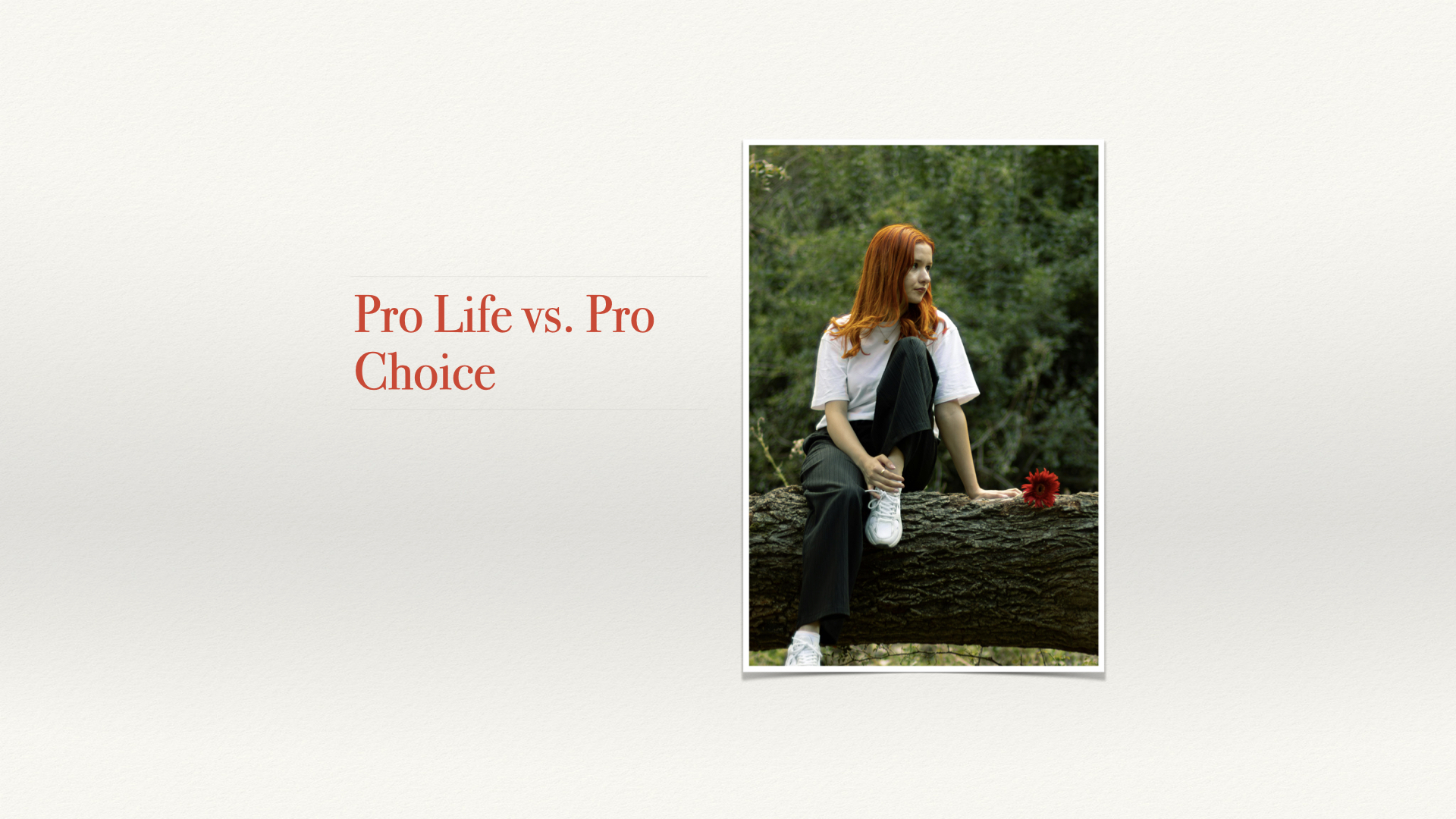
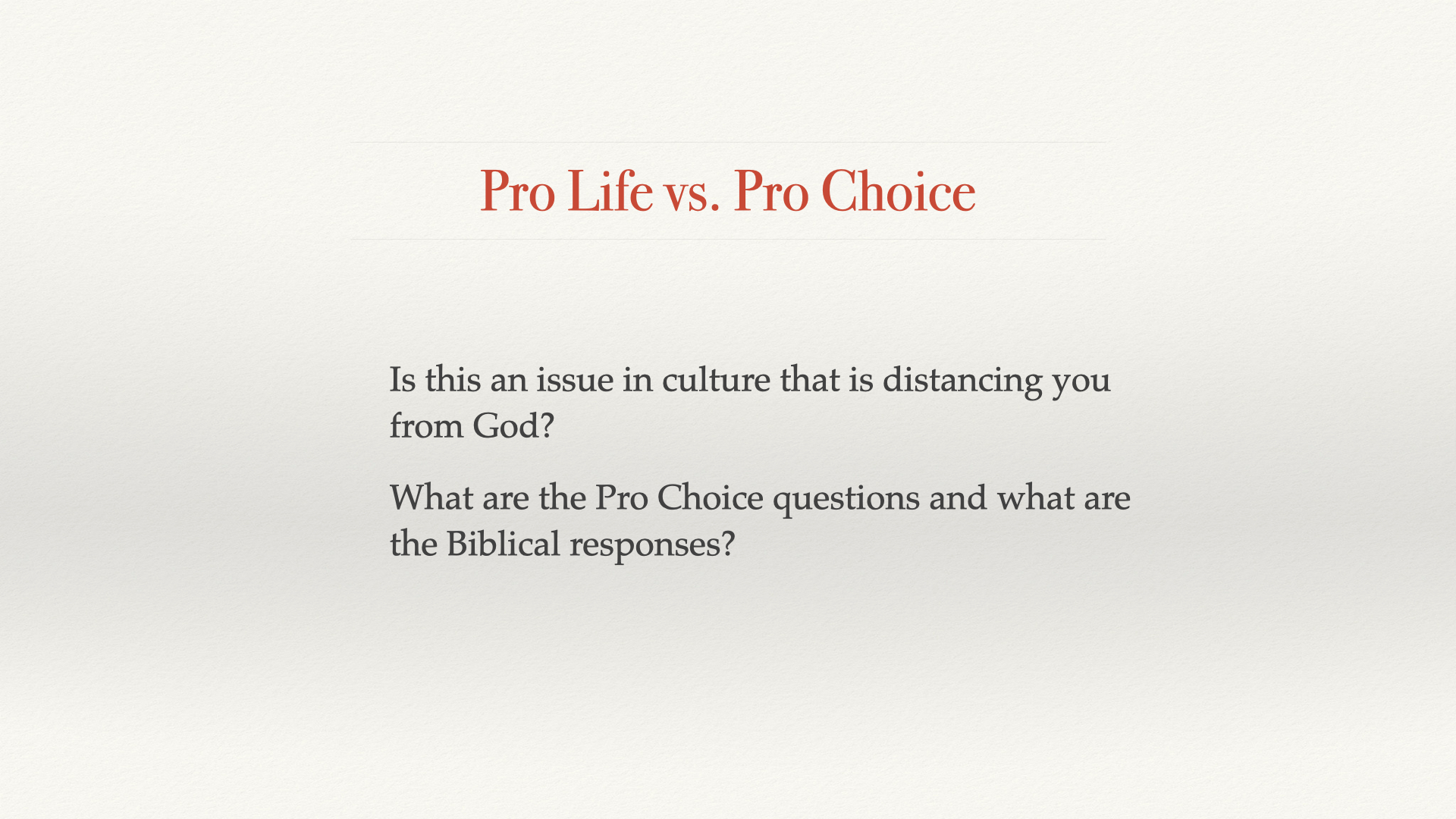
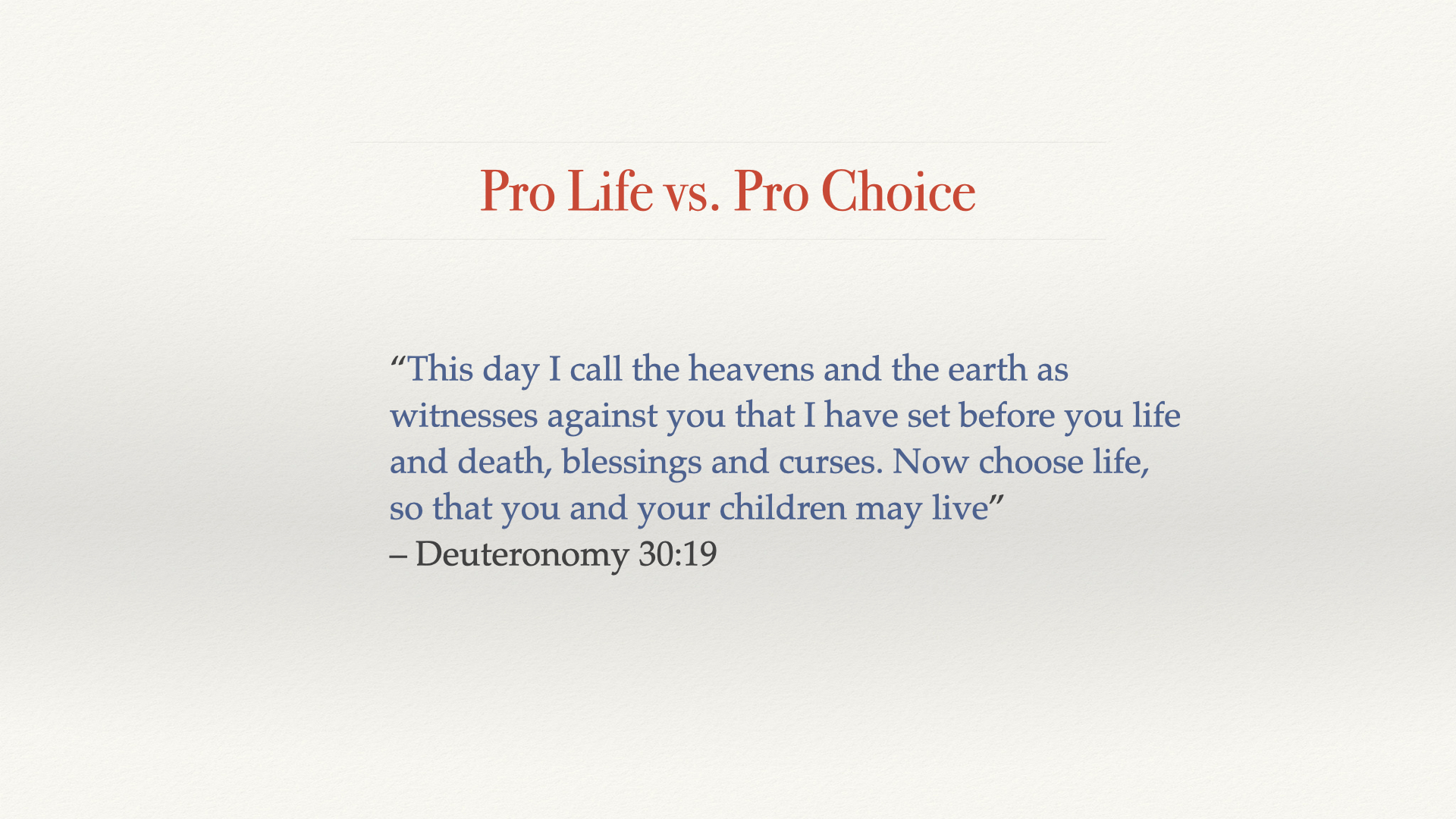
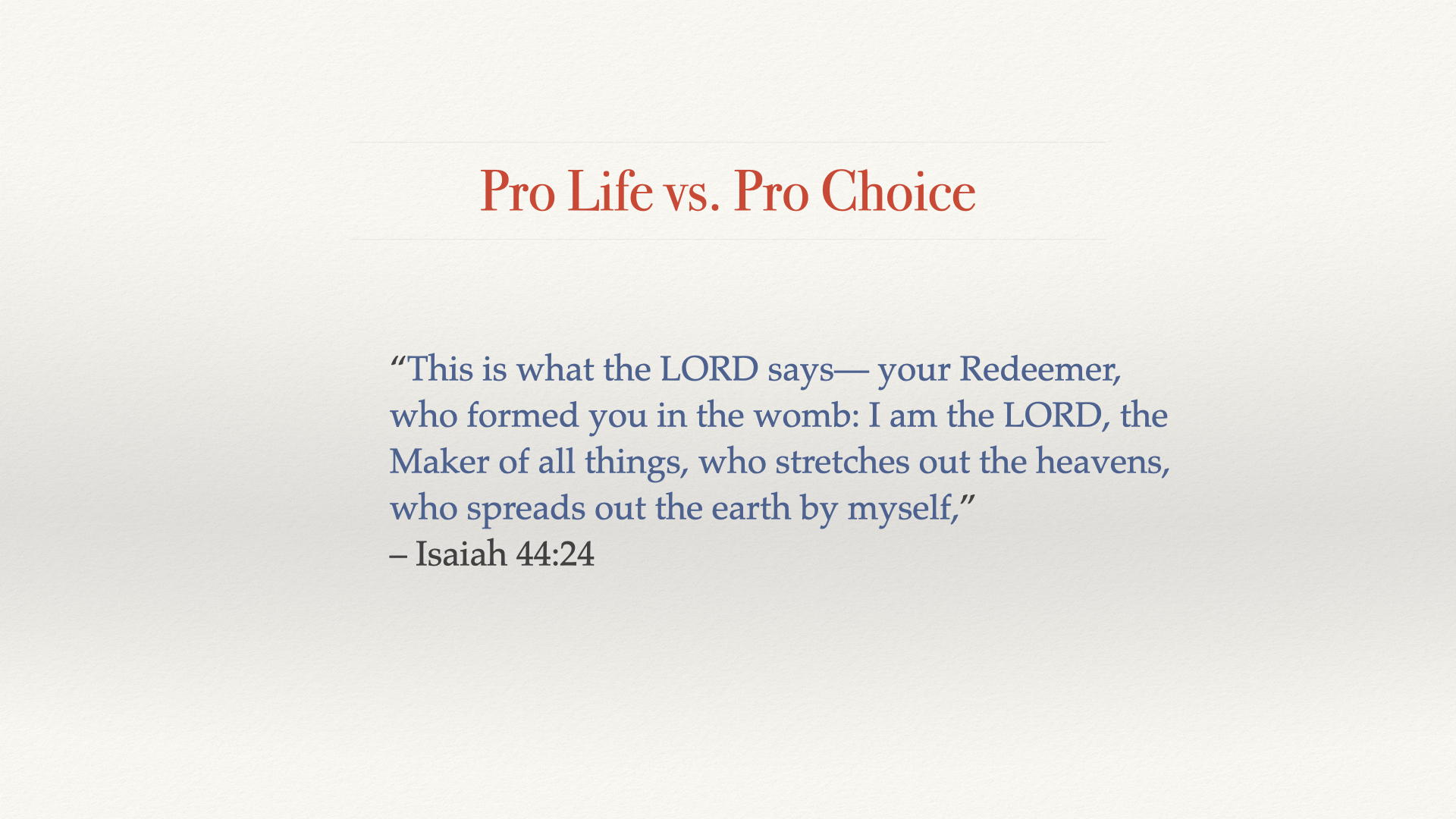
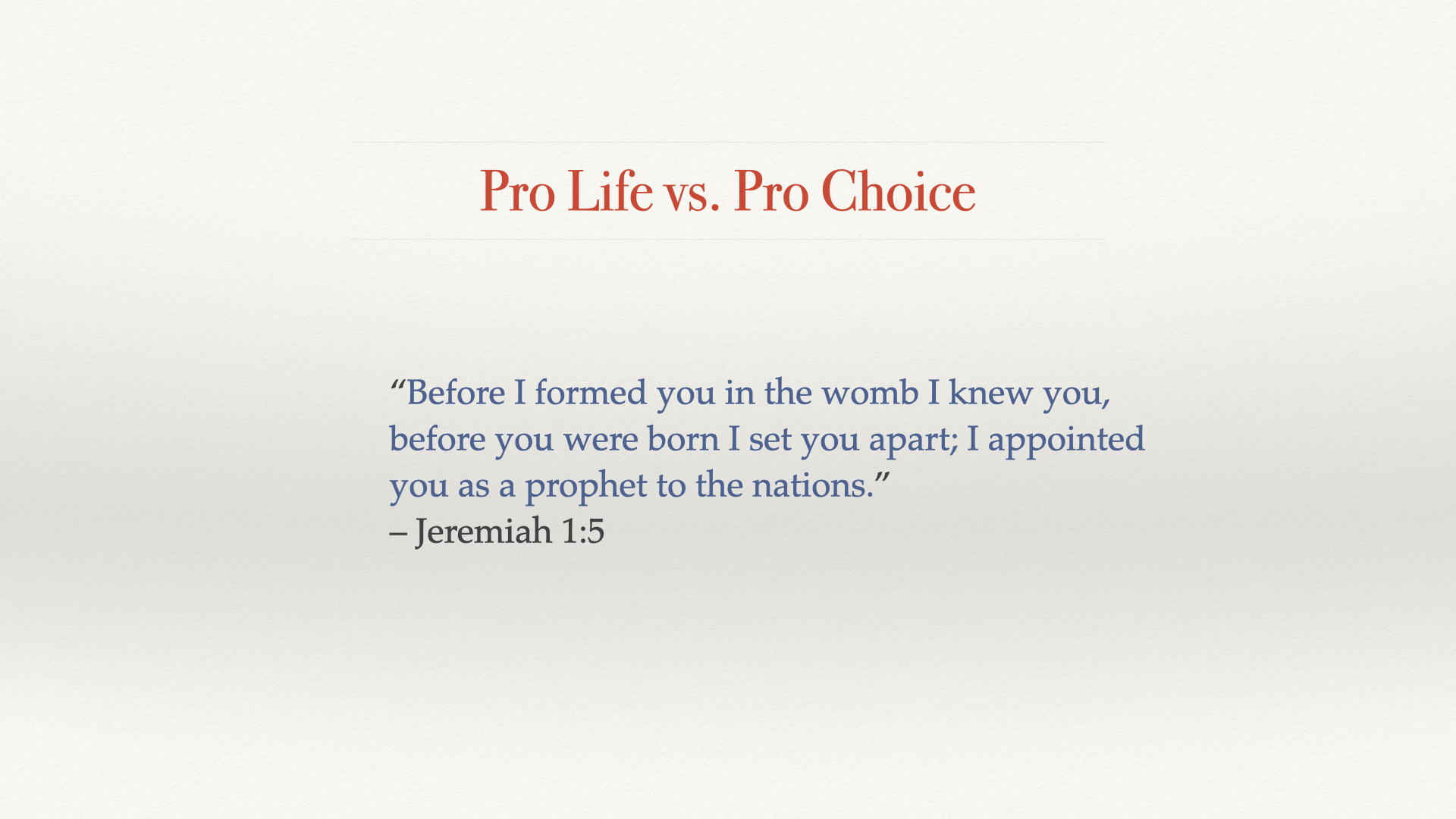
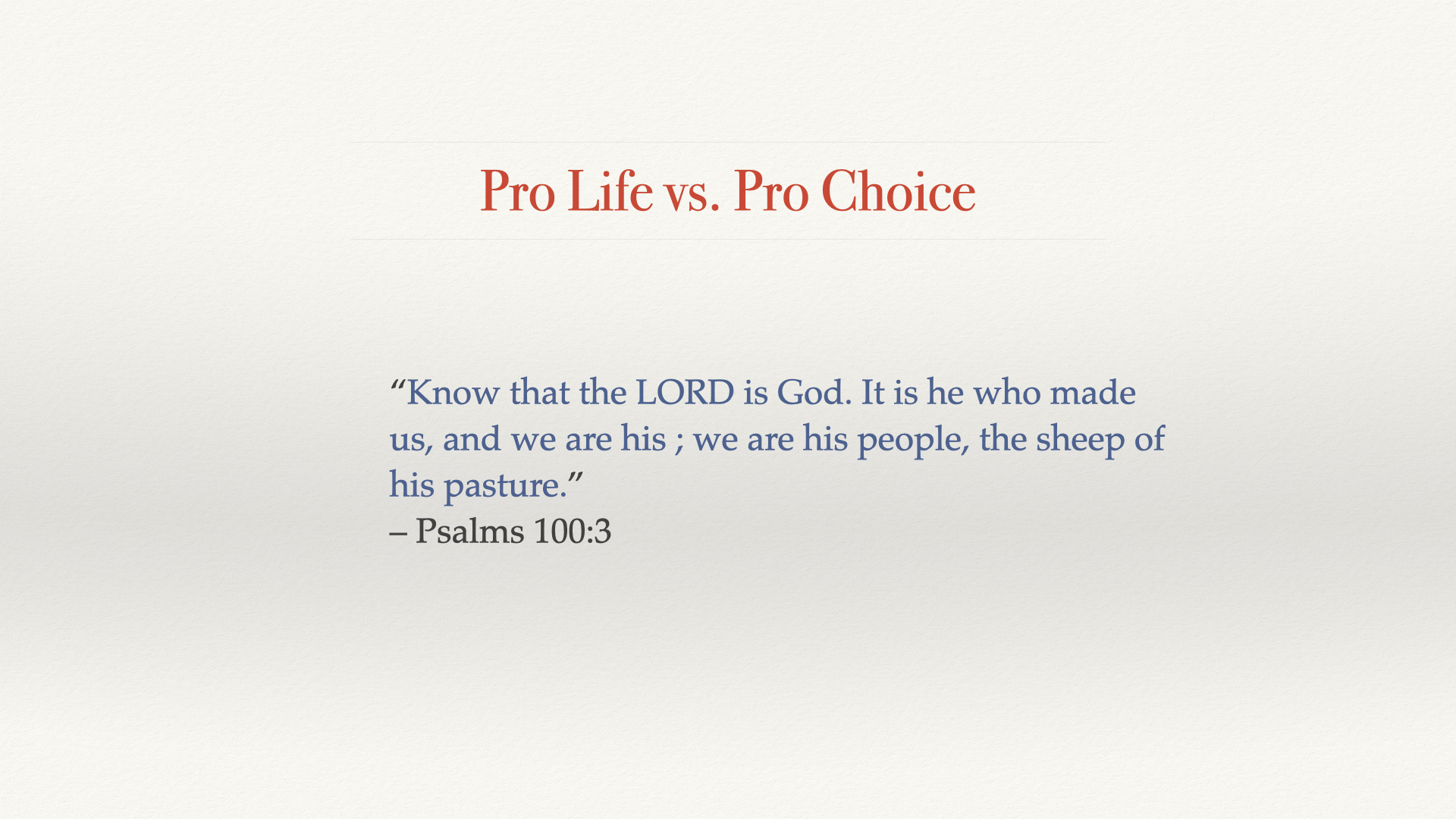
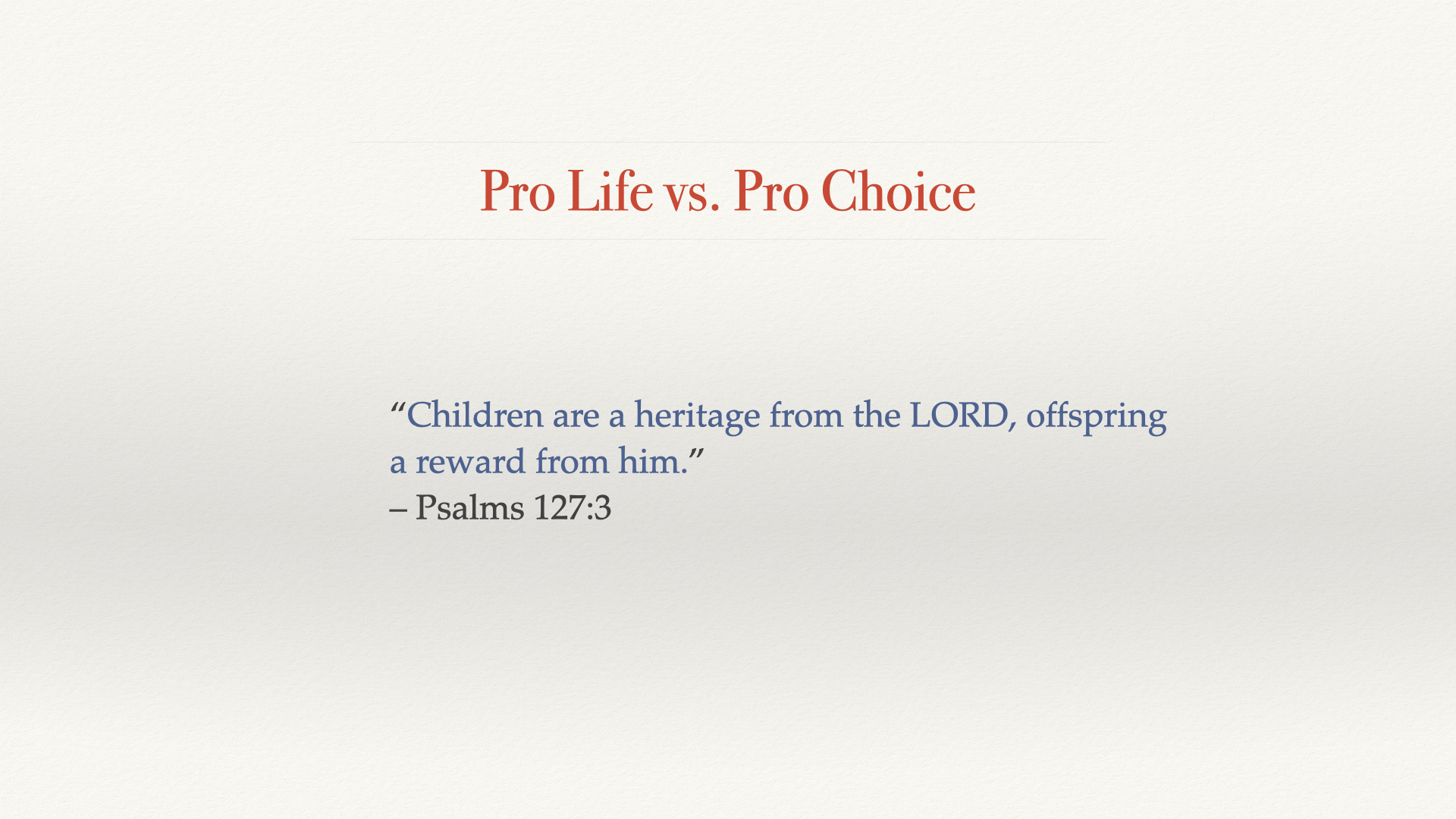

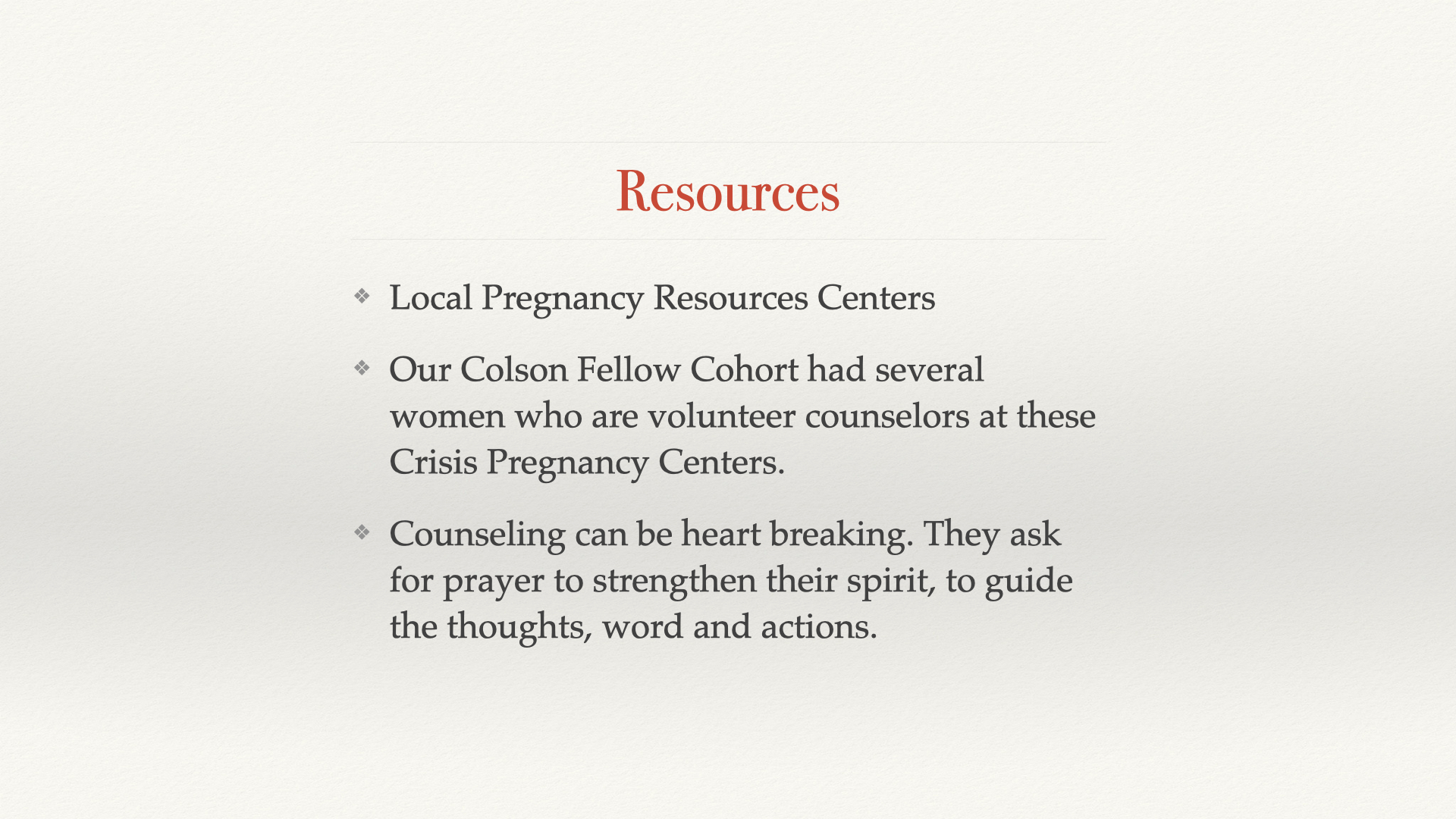
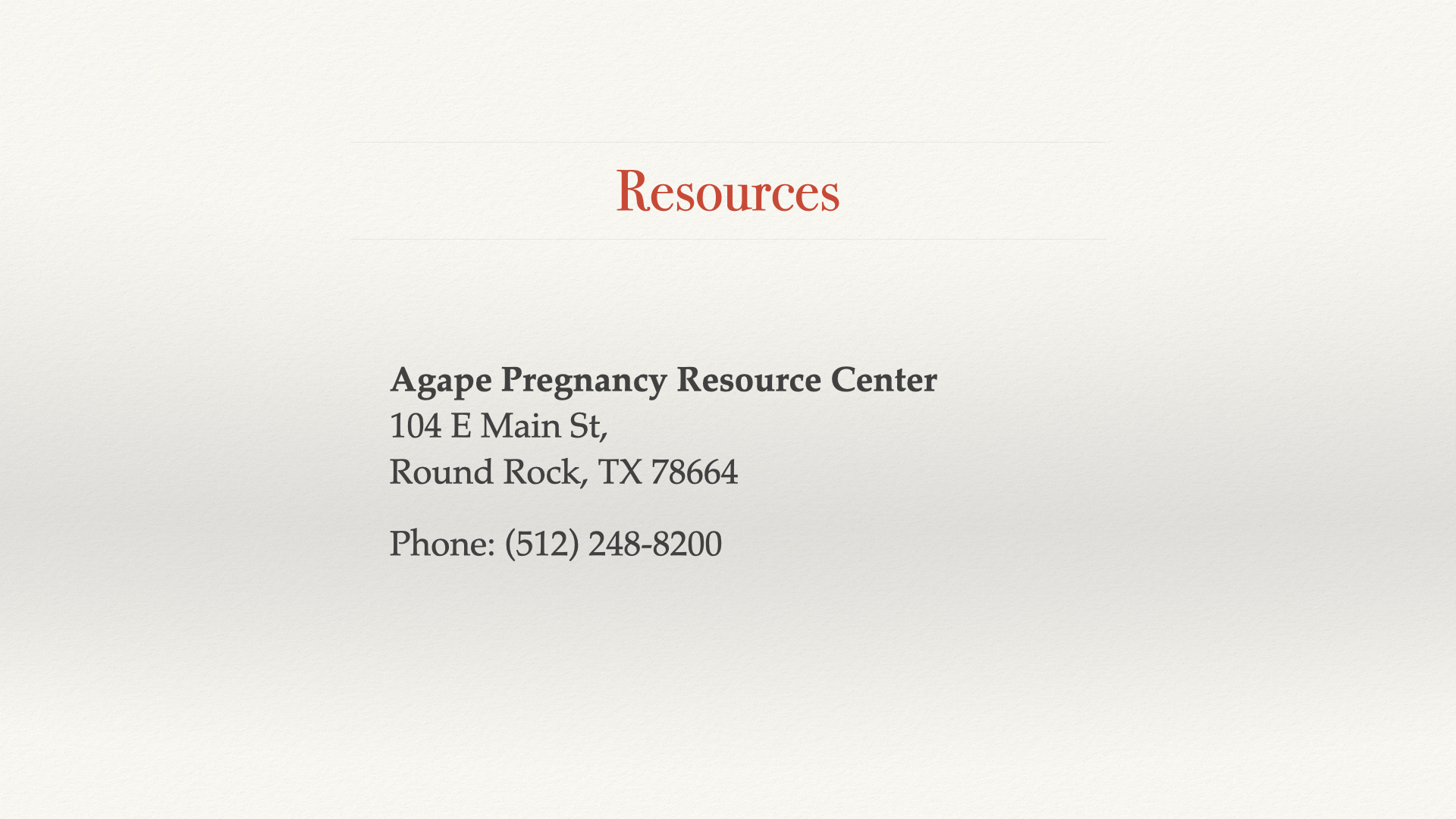
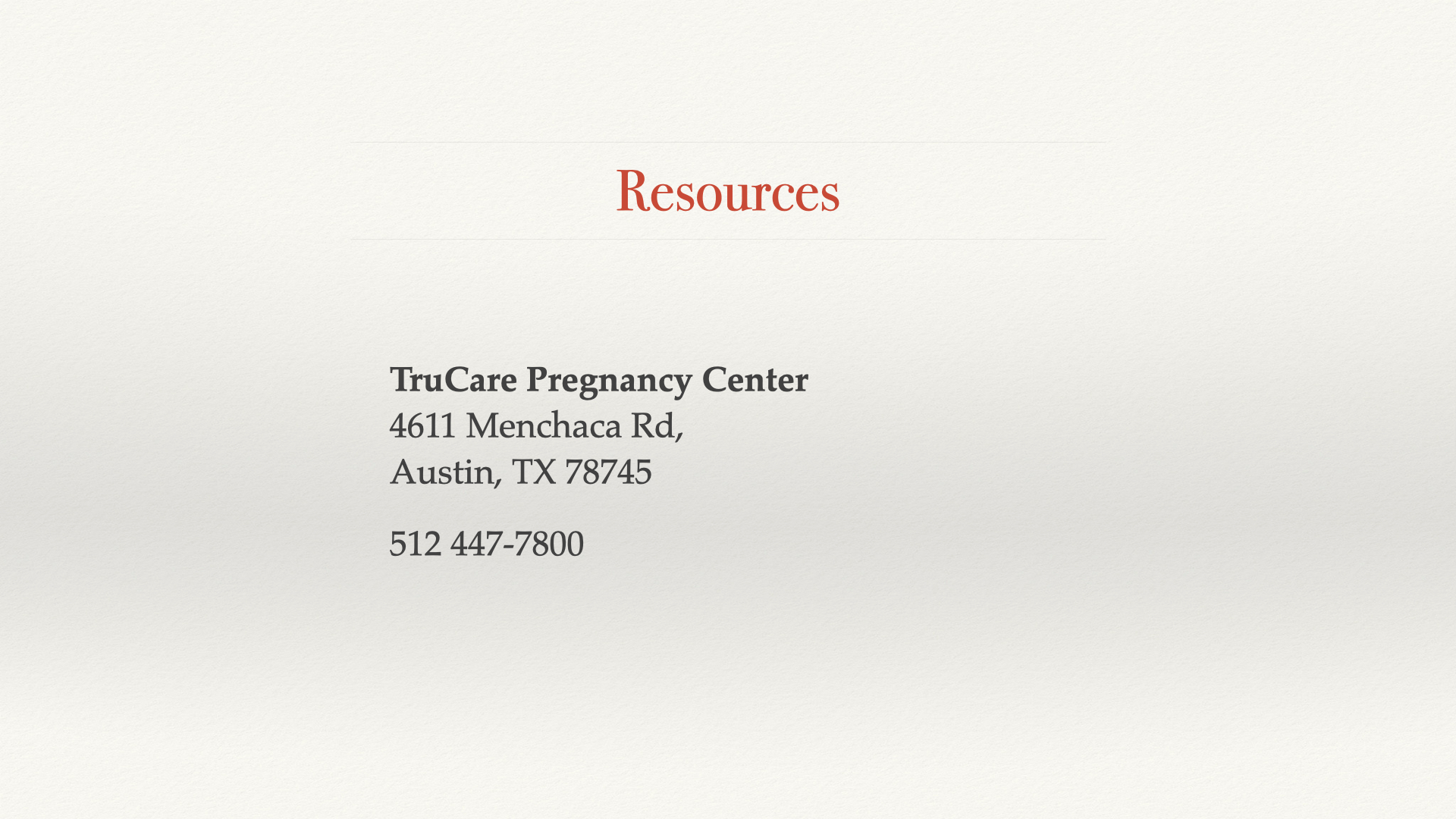
Week 4 - Abortion
- → Synopsis
Synopsis
Promoted by false and pseudo-science, abortion is one of the most contentious issues dividing our country today. Learn the true scientific and biblical answers.
Further Study
Pro-Choice Argumentation Resources
Local Pregnancy Resources Centers
Our Colson Fellow Cohort had several women who are volunteer counselors at these Crisis Pregnancy Centers. Counseling can be heart breaking. They ask for prayer to strengthen their spirit, to guide the thoughts, word and actions.
Agape Pregnancy Resource Center
104 E Main St, Round Rock, TX 78664
Phone: (512) 248-8200
"Agape Pregnancy Resource Center offers compassionate care and support to women facing unplanned pregnancies in Austin, Round Rock, Cedar Park, Georgetown, and the surrounding communities. Our licensed medical personnel provide free and confidential services including: Abortion Information, Nurse Visits, Pregnancy Tests, Ultrasound to determine gestational age, Pregnancy Options Information, STD/STI testing, Infant Supplies, Prenatal Vitamins, Adoption Agency Information and referrals, Medical Referrals, Community referrals, and Parenting education. We’re here to help! Contact us to schedule a free & confidential appointment.
TruCare Pregnancy Center
4611 Menchaca Rd, Austin, TX 78745
512 447-7800
This is a Crisis Pregnancy Center. We do not offer abortions or referrals to abortion providers. Our free medical verification of pregnancy includes a pregnancy test, an ultrasound exam, STD/STI testing and a consultation to go over your results. We provide you the personalized medical information you need about your pregnancy.
The Single Most Effective Pro-Life Presentation EVER "Abortion: From Controversy to Civility"
https://www.youtube.com/watch?v=DzzfSq2DEc4
Stephanie Gray, internationally renowned speaker and author, applies the Socratic method and storytelling to the debate surrounding abortion. She invites the audience to be "pro-conversation" on a topic that can be one of the most divisive, and demonstrates that it is possible to be gracious and respectful when encountering different ideas. This talk draws on her experiences of traveling across the world and dialoguing with college students, hearing personal stories of poverty and sexual abuse, and sitting down for coffee to have friendly conversation with debate opponents; it reflects on the United Nations' policies on human rights and examines the insights of psychiatrist and Holocaust-survivor Dr. Viktor Frankl. Stephanie Gray is a Canadian who has spent more than 15 years giving over 800 talks and debates, as well as hundreds of media interviews, on abortion to diverse audiences in the United States, Canada, Austria, Latvia, England, Ireland, Costa Rica and Guatemala. In university settings she has debated Dr. Fraser Fellows, a late-term abortionist, Ron Fitzsimmons, then-executive director of the National Coalition of Abortion Providers, Elizabeth Cavendish, then-legal director for NARAL Pro-Choice America, and Dr. Malcolm Potts, the first medical director for International Planned Parenthood Federation. She is author of "Love Unleashes Life: Abortion & the Art of Communicating Truth.”
What Critics Miss About Being Pro-Life
Even if it were true, it’s a weird thing to say. Is “not killing innocent babies” not a sufficient moral position in and of itself? Even so, as an accusation, it’s simply false. There’s a virtual army of faith-based adoption, foster care, and family support organizations in existence today, all of whom strive to care for vulnerable families.
https://www.breakpoint.org/what-critics-miss-about-being-pro-life/
Faulty Pro-Choice Arguments, Assertions, Attacks, and Assumptions: How to Answer Them
Faulty Pro-Choice Arguments, and How to Answer Them
Transcript:First of all, none of the issues we are dealing with are easy so I don't want to be flippant about the way that I handle them but what's important to remember when it comes to the pro-life view is that it is in the form of an argument the basic pro-life syllogism says it is wrong to intentionally kill innocent human beings abortion intentionally kills innocent human beings and there is a case to back that up the ground is grounded in science and philosophy.
Therefore abortion is wrong, that's your syllogism. It is your argument and people have to interact with that argument in order to make a case for the view they're trying to promote. The problem is that none of those three that I just named and many others like them deal with the argument.
So let's take the first one for just for example: Abortion is a woman's right to choose. Somebody might say well they have all they have done is given you an assertion. They have asserted something to you. They haven't backed it up with any kind of an argument. So my first question then is gonna be “choose what?”
Essentially they're gonna have to say “choose to terminate a pregnancy”, “choose to end the pregnancy.” And now you're in a conversation where you can go to science and go to philosophy and make your case for the pro-life view by appealing to those things. They've just made an assertion, so don't feel like you have to jump on the defensive. Stop them in their tracks by asking “choose what?”
The second one, “you can't say anything about abortion because you're a man”, well they aren't again addressing the cyllage in' they're not addressing the argument. What they are doing is attacking you instead of addressing the syllogism.
So we have assertions that don't work, attacks don't work either, in this case when someone is told they can't talk about abortion because they are male. It is an attack on their gender. It's no different than something like name-calling. You got to kind of look out for it and be gracious and pointing it out, but when someone attacks you because of your gender that's actually sexism and it's wrong. Also they haven't addressed the pro-life argument at all by attacking you.
The third one that deals with the fact that if abortion is made illegal women might try to seek ill legal abortions, and in them be harmed in the seeking of them. The first thing I want to say to that is that anyone who is harmed because of abortion is a travesty, but this one assumes something about the unborn. It assumes that the unborn are not human beings, because nobody is talking about the unborn human beings who are going to be killed when women seek back-alley abortions or abortions of any kind. If abortion truly does kill an innocent human being then what is so wrong with laws that make it more difficult to do that? We don't look at people who commit drive-by shootings or armed robberies and say “wow you know what? Just in case they're going to be harmed in the committing of that crime, we need to make it safer for them to do so.”
So what you have here are arguments are not arguments actually you have an assertion, an attack, and an assumption, none of which address the pro-life syllogism that I've given you. What I always encourage you to do is just be on the lookout for those and bring it graciously and lovingly back to the argument so that you can keep your eye on the ball with that main question what is the unborn and then go from there you.
Often times if you're trying to make a case for the pro-life view you will be challenged by different people who say things back in the form of what's not quite an argument but what is a statement and people often ask me how in the world do I respond to this things like:
- • abortion is a woman's right to choose
- • you're a man so you can't talk about this issue because it's a women's issue
- • if we were to outlaw abortion the women would just seek illegal abortions and back alleys and women might be harmed in trying to obtain these abortions
Is There a Difference Between Persons and Humans?
Instrumental value is not a good way to measure human worth
Is there a difference between persons and humans?
Remember the acronym SLED- S size
- L level of development ( e.g. cortical development )
- E environment ( inside or outside the womb )
- D dependence
Transcript:
When I am making a case for the pro-life view and I have established the humanity of the unborn by appealing to science, which says that the unborn is unquestionably living distinct wholly human from the moment of conception. Often times I will reach the point where I get a different challenge.
The person might look at me and say “well I know that it's human, but it is not a person”, yet so they're making some kind of Personhood distinction between what are mere human beings and what are human beings that have achieved this new status of personhood: Are human beings who are deserving of rights or who are valuable enough to be counted as members of the human community.
So here we're not in the Philosophical waters field of science anymore, we've crossed over into philosophical waters, and the question that we're really dealing with “what is it that makes human beings valuable?” In other words is there some kind of morally relevant difference between a human being in utero and a human being who is born that would make it okay to kill the human being who is still in the womb? The answer is no. There Intrinsic value isn't.
Stephen Schwartz is a philosopher who says that human beings are intrinsically valuable. That means valuable in light of the kind of thing there are they are. They're not valuable like an instrument which would be a helpful way to remember what I call functional value. Where instrumental value instruments perform in a certain way you use them for a purpose. So when someone brings an answer to the question “why are humans beings valuable”, that deals with a trait or an attribute or an ability they are giving you an instrumental answer.
So there is no instrumental difference Schwartz says that there is no instrumental difference between the unborn and the born or me sitting here right now that would have made it okay to have killed me. When I was at that earlier stage of development the only difference is you can even point out between embryos and us are that they are smaller. So size.
They are less developed. Level of development.
They are located in a different place that's environment. And they have a greater degree of dependency so degree of dependency is makes our sled sled acronym.
If you can remember SLED you can remember the differences. The problem is these Value spectrum differences don't work in the way they ought to. Size is not a good enough place to ground human value because if we ground it there and say that the unborn are tiny therefore they're insignificant then what we're really saying is that smaller human beings have less of a right to life than larger ones. We've created a value spectrum.
The same goes with level of development that says the unborn are less developed. Well my daughter is less developed than me but I can't kill her for those reasons. Level of development arguments tend to sound more sophisticated on university campuses. You'll run into things like consciousness, sentience, organized cortical brain activity. These are all level of development arguments but level of development exists in degrees so we've created a sliding scale on which some human beings don't matter more than others and it's not just the unborn it's children teenagers anyone who's less developed than someone else. E
Environment is where you're located. The unborn are inside the mother we're outside, a difference of less than ten inches. If it's that the memory brings you into valuable humanity then by the same reasoning less than a foot of a change in location could take you out a valuable humanity and degree of dependency the unborn are dependent on their mothers for survival. But diabetics are dependent upon medication for survival like my own mom, anyone who is on dialysis for kidney treatment is dependent on that treatment for survival. We can't kill those human beings for that reason. Neither can we kill smaller less developed, located in different different place human beings for that reason.
So what happens is instrumental answers create gross inequality and when you're talking about there being some kind of difference between a human being, a mere human being, and a valuable person then we're talking about an instrumental difference. It just doesn't work intrinsic value philosophically speaking is the only grounding place for true human equality.
I Don’t Like Abortion, but Should it be Illegal?
I Don’t Like Abortion, but Should it be Illegal?
Does Late Term Abortion Help Women?
Late Term Abortion - Helping Women?
Partial-birth abortion: a procedure where the baby is removed from the birth canal backward, all except for it head, then the base of the scull is punctured and the baby’s brains are sucked out.
- Biden Agrees Abortion Kills a Child - What Would You Say
- Do Children's Rights Override Parental Rights? - What Would You Say
- Does a Preborn Child Have a Right to Their Mother's Body? - What Would You Say
- Prenatal Testing and Abortion - What Would You Say
The greatest destroyer of peace today is abortion, because it is a war against the child, and if we accept that a mother can kill even her own child, how can we tell other people not to kill one another? —Mother Teresa
BreakPoint - Critical Abortion Theory
Fertility Clinics and Other Strange FantasiesYou’re in a burning fertility clinic and hear a 5-year-old child crying for help. Across the room is a container marked “1,000 Viable Human Embryos.” The flames are rising, smoke is filling the air, and you can only save one: the child or the container of embryos. According to Tomlinson, if you would choose to save the crying child, you’re betraying the fact that, whatever you may say, you really believe embryos aren’t equivalent to human beings. How, otherwise, could you justify saving one over 1,000?
- https://www.breakpoint.org/critical-abortion-theory/
- https://breakpoint.org/issue-1-passes-enshrines-abortion-rights-in-ohio/
- https://breakpoint.org/revolution-against-the-abortion-pill/ What is Abortion Pill Reversal, and is it Safe? - What Would You Say
- Abortion Is Health Care - What Would You Say
- Abortion Supporters Discuss Abortion (Kind Of) - What Would You Say
- Biden Agrees Abortion Kills a Child - What Would You Say
- Choice, Personhood, and Back-Alley Abortions: Common Objections to the Pro-Life Position - What Would You Say
- The Worst Thing About Abortion - What Would You Say
- Does Rape Justify Abortion? - What Would You Say
- Prenatal Testing and Abortion - What Would You Say
Break Point -Understanding Justice Alito’s Leaked Opinion (05/3/22)
Justice Alito thoroughly dismantles the claim that the right to an abortion is found anywhere in the Constitution.
https://www.breakpoint.org/understanding-justice-alitos-leaked-opinion/
Abortion in the U.S. - Statistics & Facts
https://www.statista.com/topics/3218/abortion-in-the-us/#topicOverview
Answering Pro-Abortion ‘Gotcha’ Arguments: Burning Fertility Clinics and Other Strange Fantasies
How can Christians discuss abortion — Asking Pro-Life Questions
https://www.youtube.com/watch?v=Rli9Xuf3f0E
“Critical Abortion Theory”
How new language is obscuring the debate about life -07/17/24
https://www.breakpoint.org/critical-abortion-theory/
Q and A with Alexandra DeSanctis, Coauthor of Tearing Us Apart: How Abortion Harms Everything and Solves Nothing
Why Americans Voted for Abortion “Rights”
Killing inconvenient babies has long been framed as an issue of “rights,” not what is right.
https://www.breakpoint.org/why-americans-voted-for-abortion-rights
10 Ways to Keep Your Kids Pro-life
What the data says about abortion in the U.S.
https://www.pewresearch.org/short-reads/2024/03/25/what-the-data-says-about-abortion-in-the-us/
The Bible Project
https://bibleproject.com/explore/
The Image of God: Our Identity as Representatives of God
https://www.summit.org/resources/articles/the-image-of-god-our-identity-as-representatives-of-god/
How can Christians discuss abortion?
Asking Pro-Life Questions- https://www.youtube.com/watch?v=Rli9Xuf3f0E
- https://breakpoint.org/why-there-is-no-issue-like-abortion-for-the-political-left/
- https://breakpoint.org/washington-and-the-states-fight-over-trans-policy-and-the-pope-condemns-surrogacy/
- https://breakpoint.org/scotus-to-hear-case-on-chemical-abortion/
- https://breakpoint.org/abortion-prenatal-genetic-testing-and-rob-reiners-christian-nationalism-documentary/
- https://breakpoint.org/britney-spears-reveals-she-was-pressured-to-have-an-abortion/
- https://breakpoint.org/abortion-is-making-us-pagan-should-the-strong-crush-the-weak/
- https://breakpoint.org/be-aware-pro-life-warrior-of-misleading-abortion-stats/
- https://breakpoint.org/court-rules-against-fda-on-abortion-drug/
Footer
About Apologetics Online
Practical Apologetics, a study in the practical skills you need to answer today’s questions and challenges with gentleness and respect.
Additionally, this course is supplemented extensively with materials from leading Christian apologists from around the world. It is specifically intended to address the mistaken belief that science and Christian religion are at odds, demonstrating the growing scientific evidence supporting scripture. We look forward to seeing you in class.
Current Study Course
Subscribe to Apologetics Online to get your notice about new content, and upcoming courses!